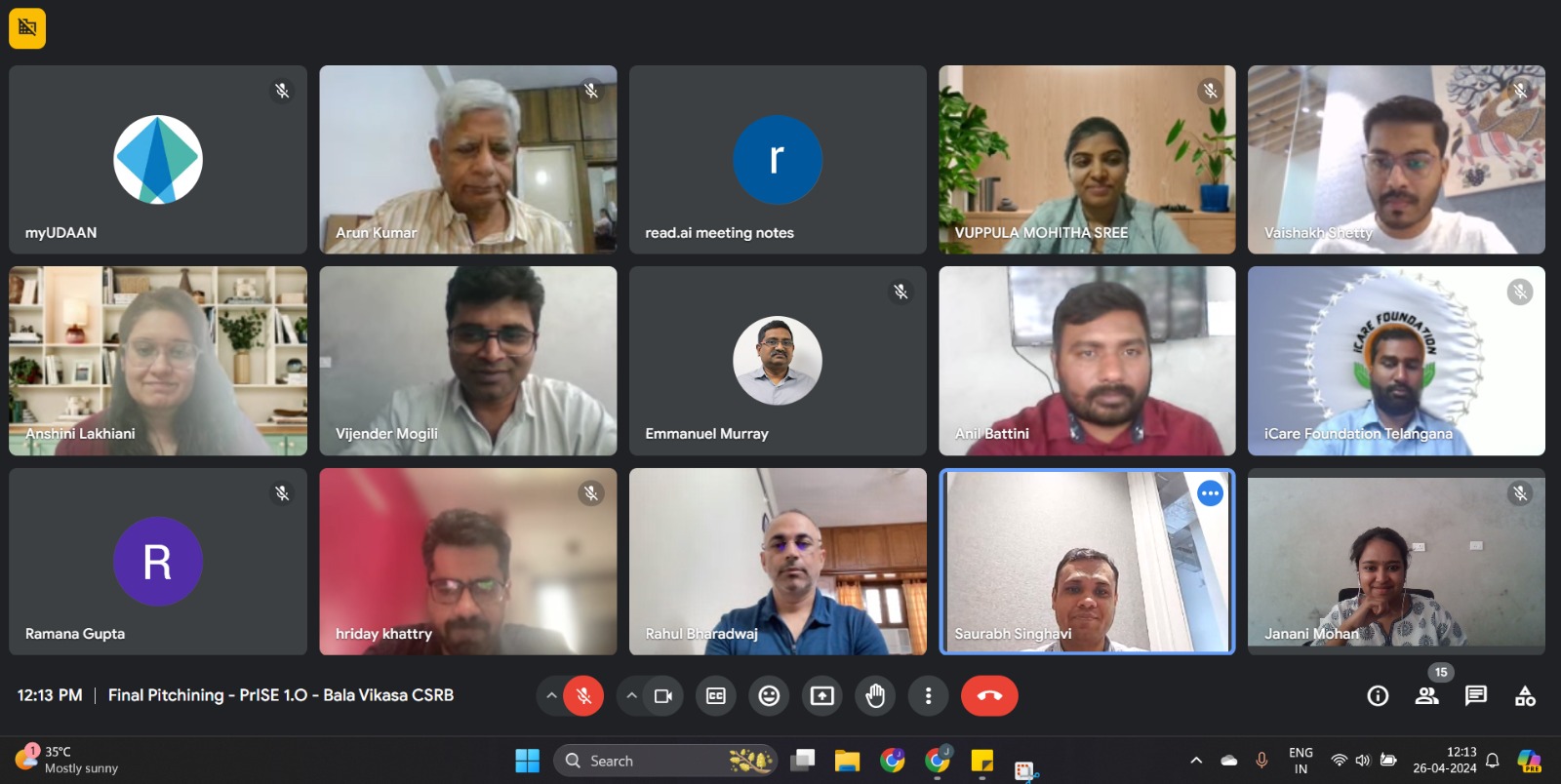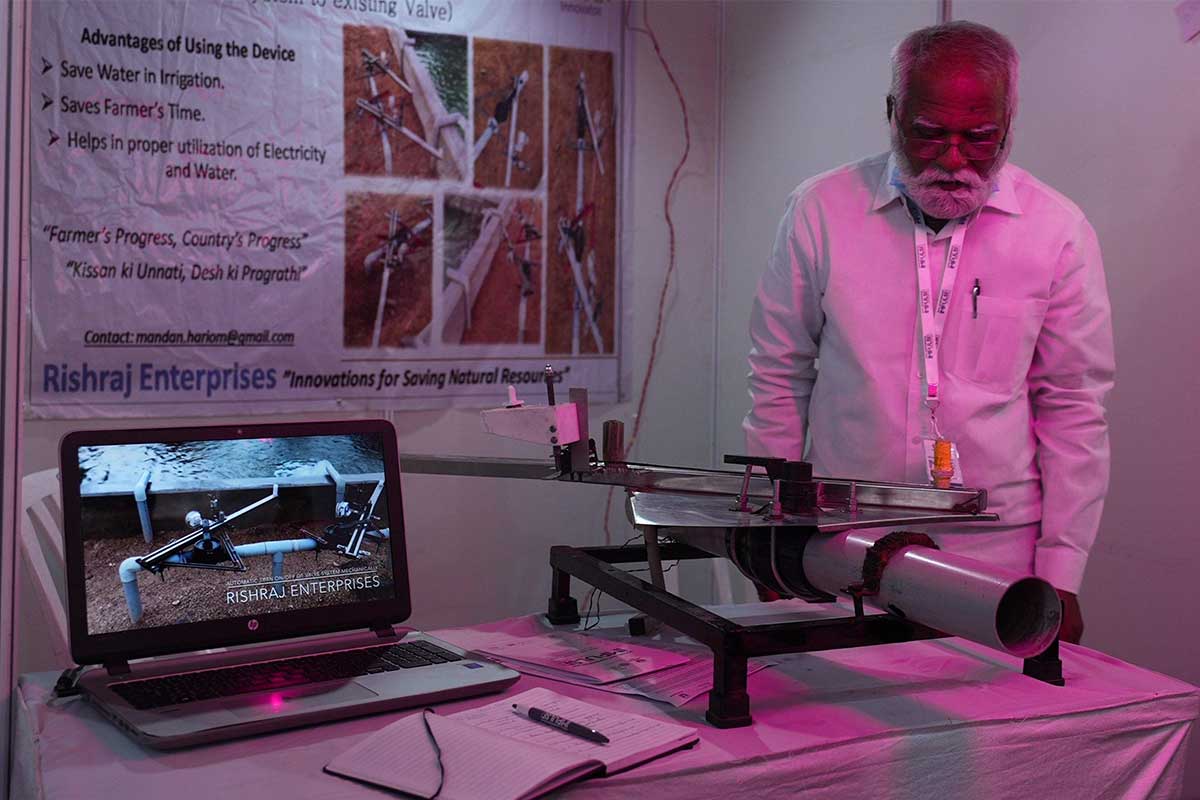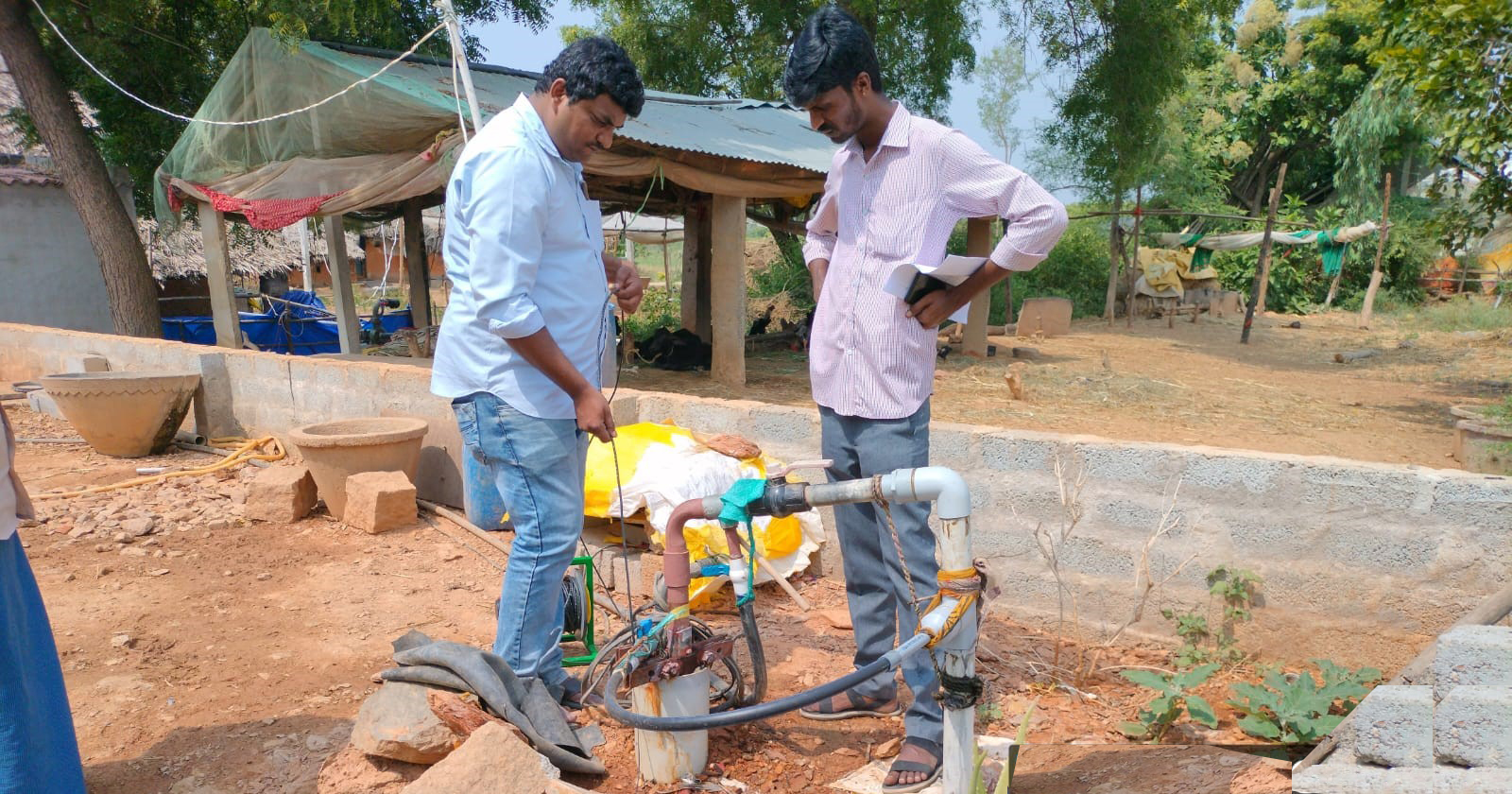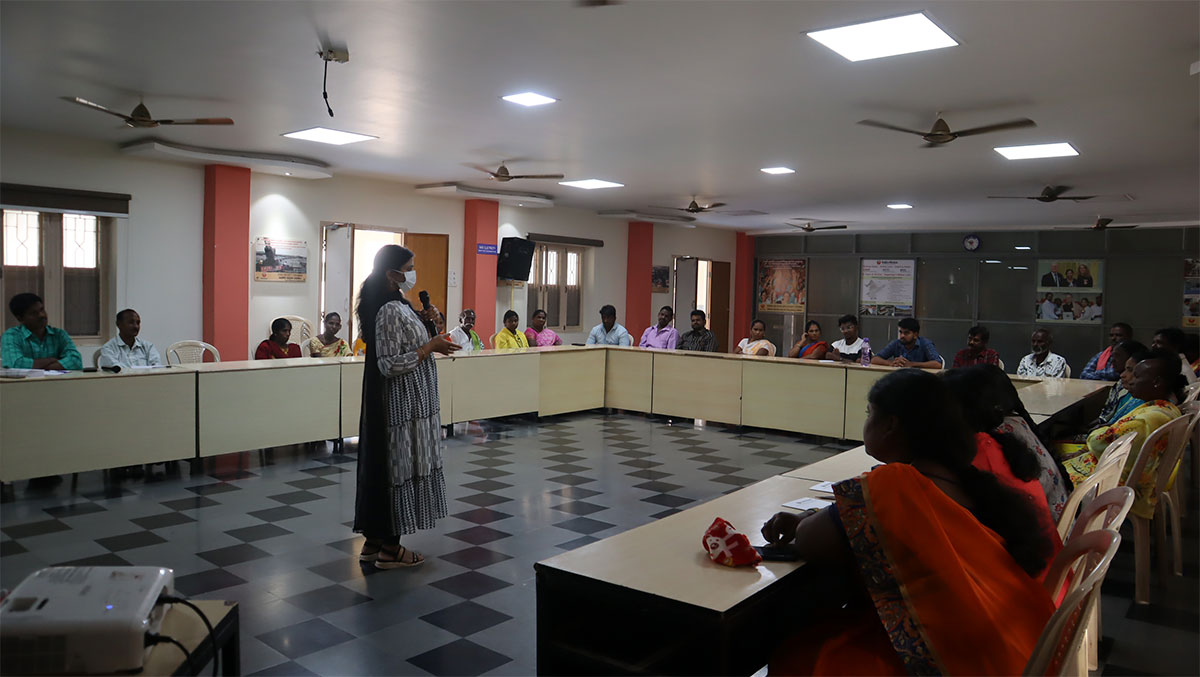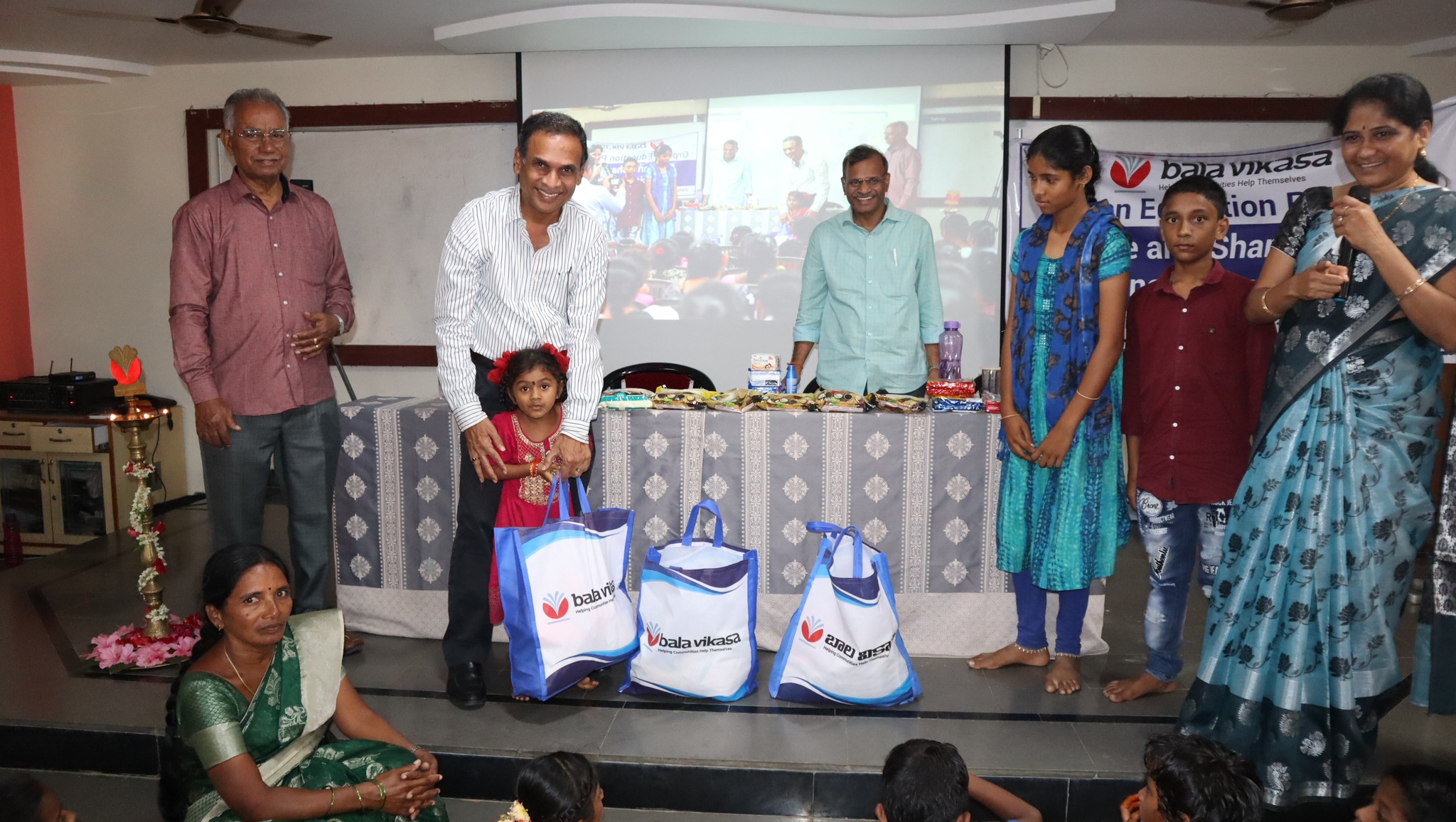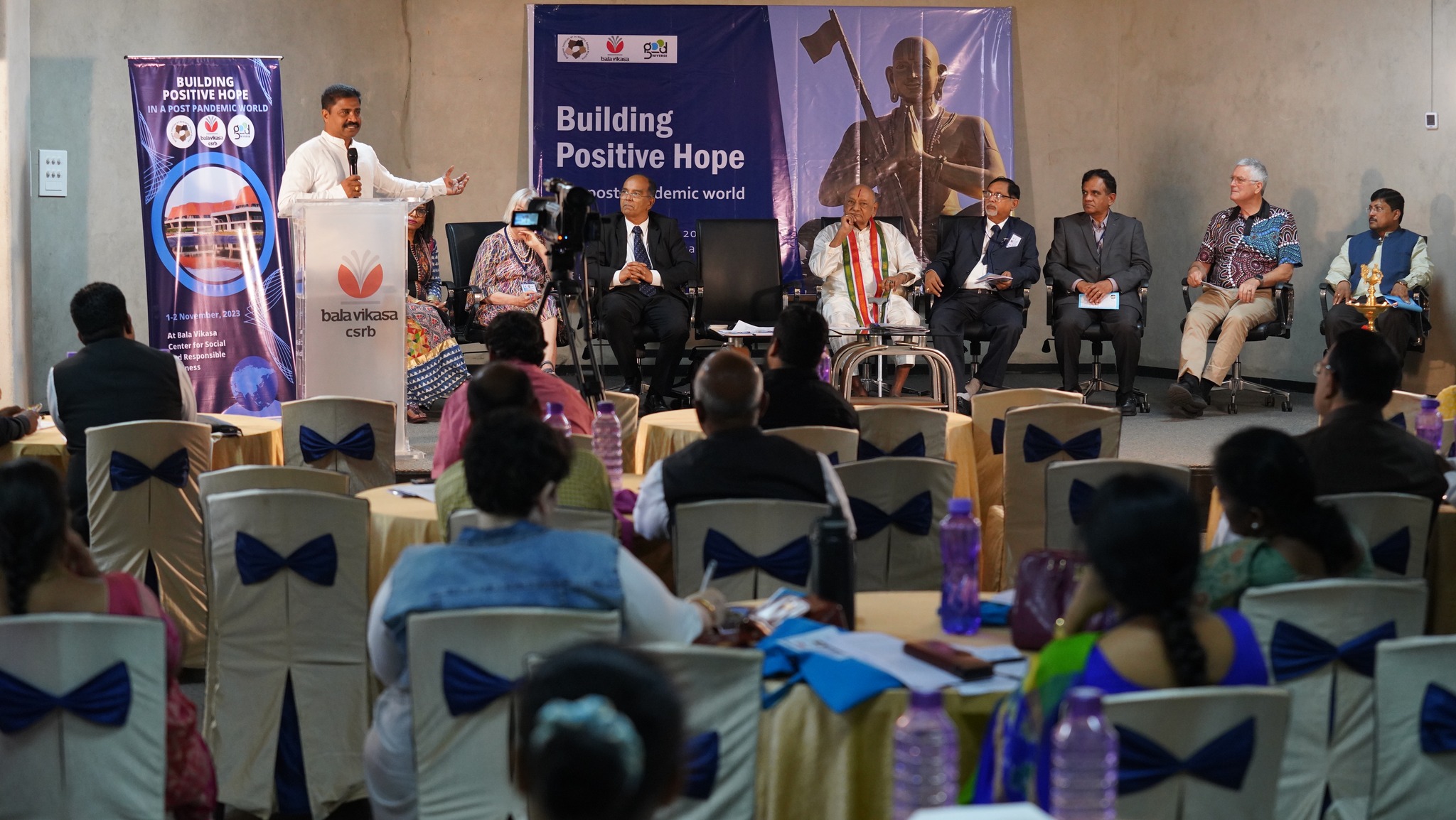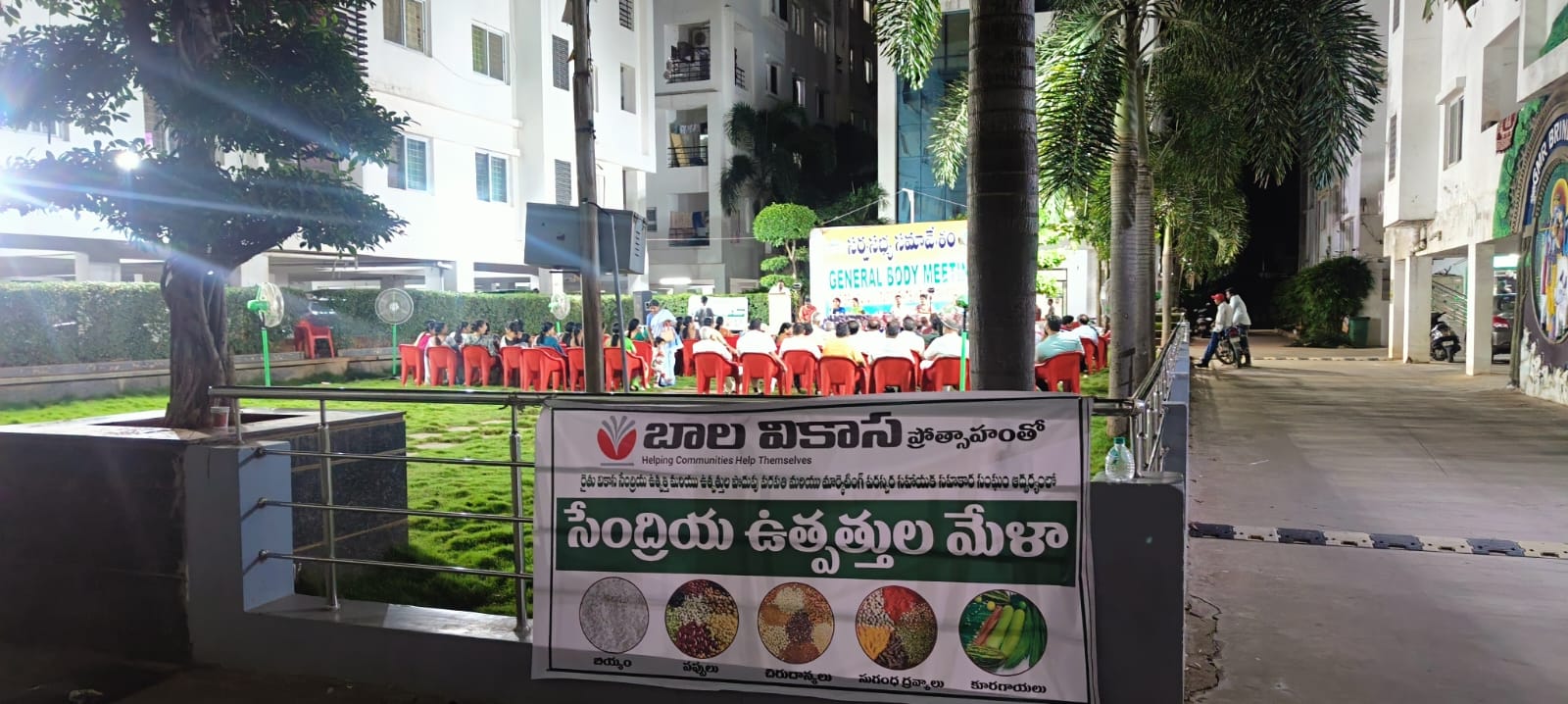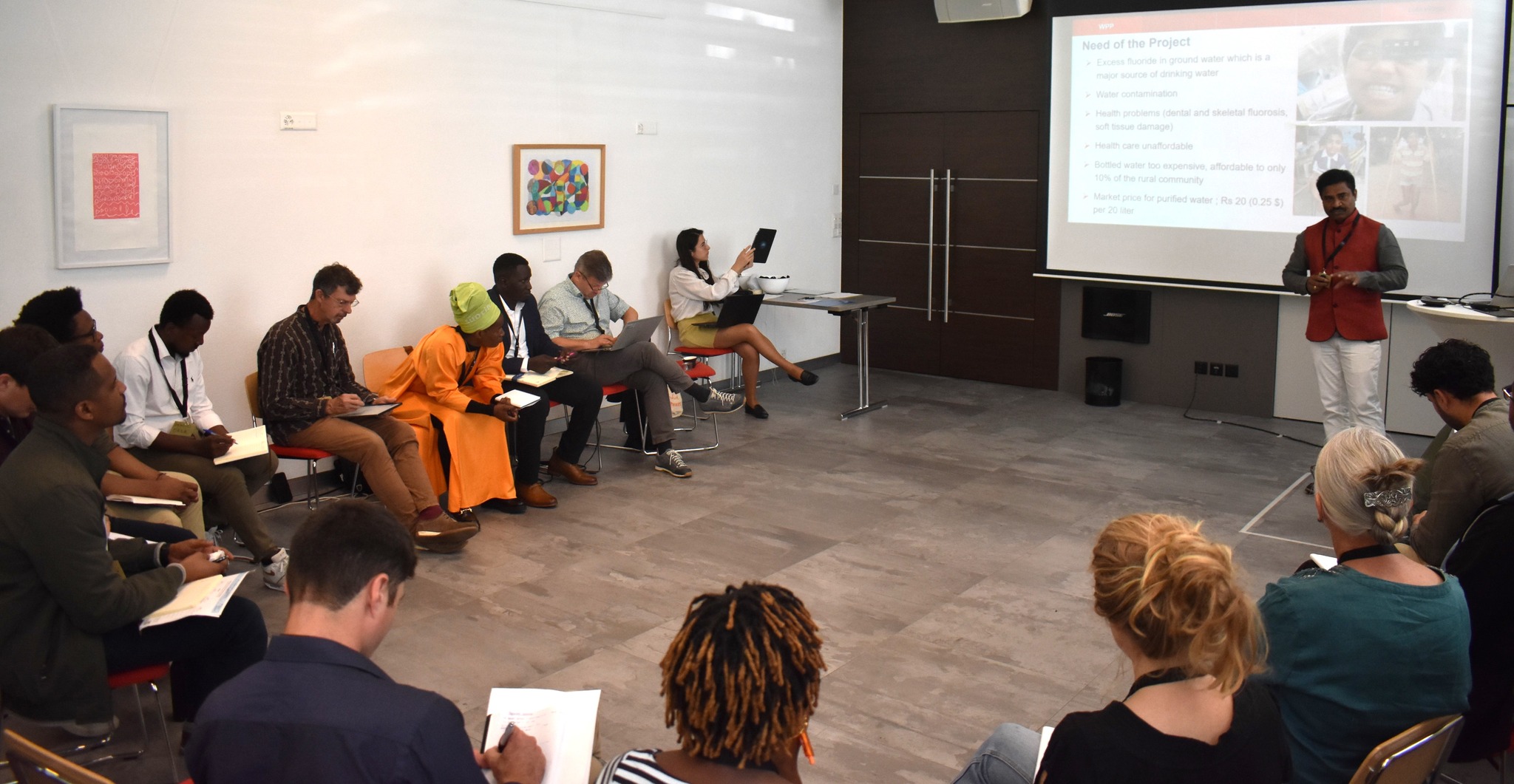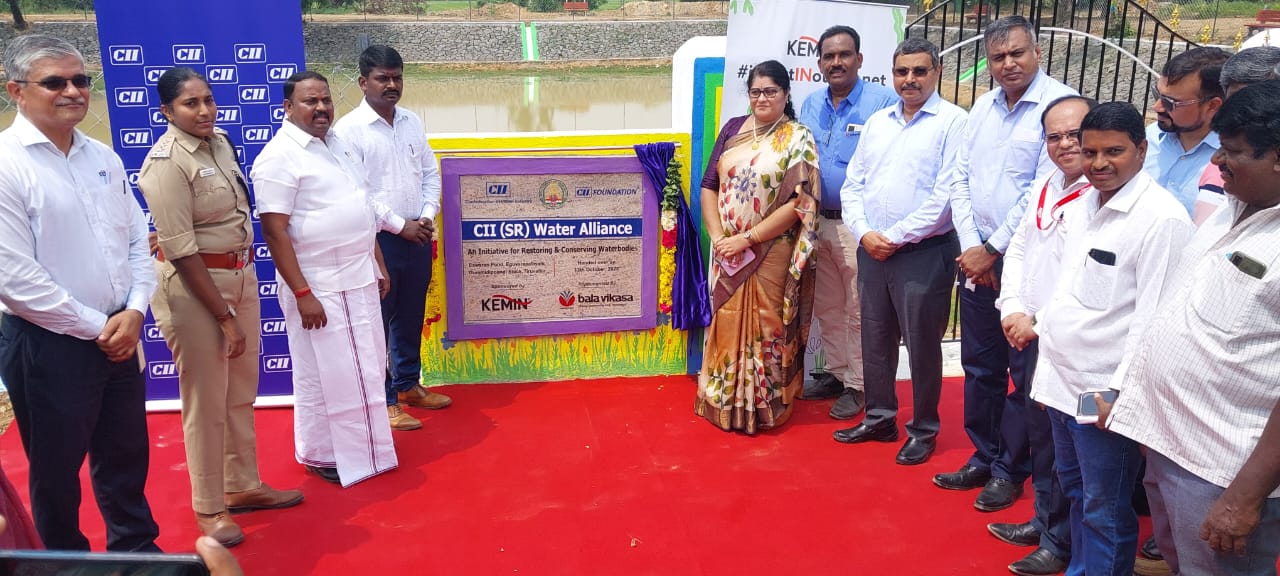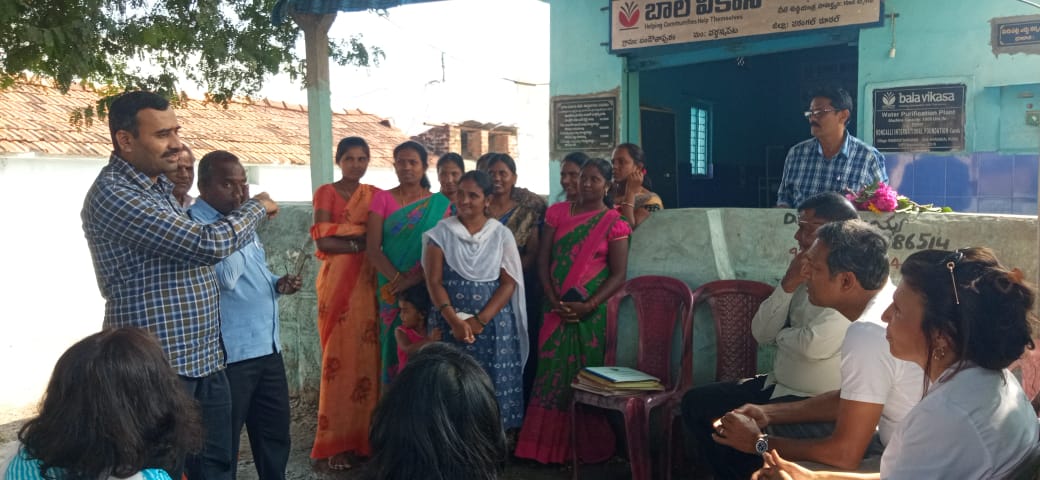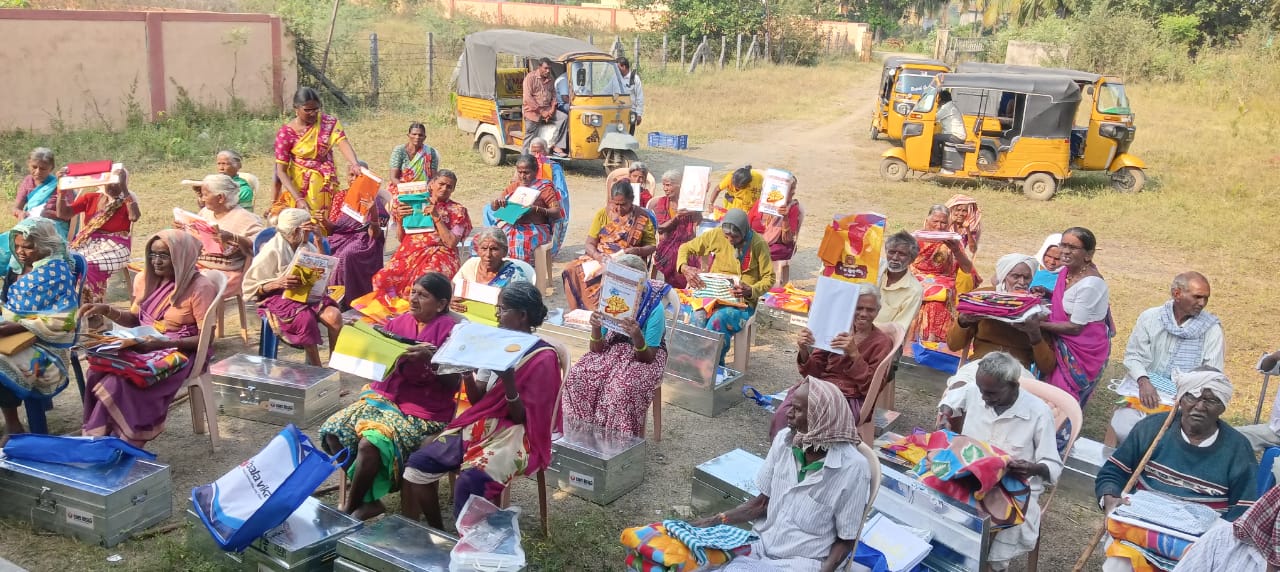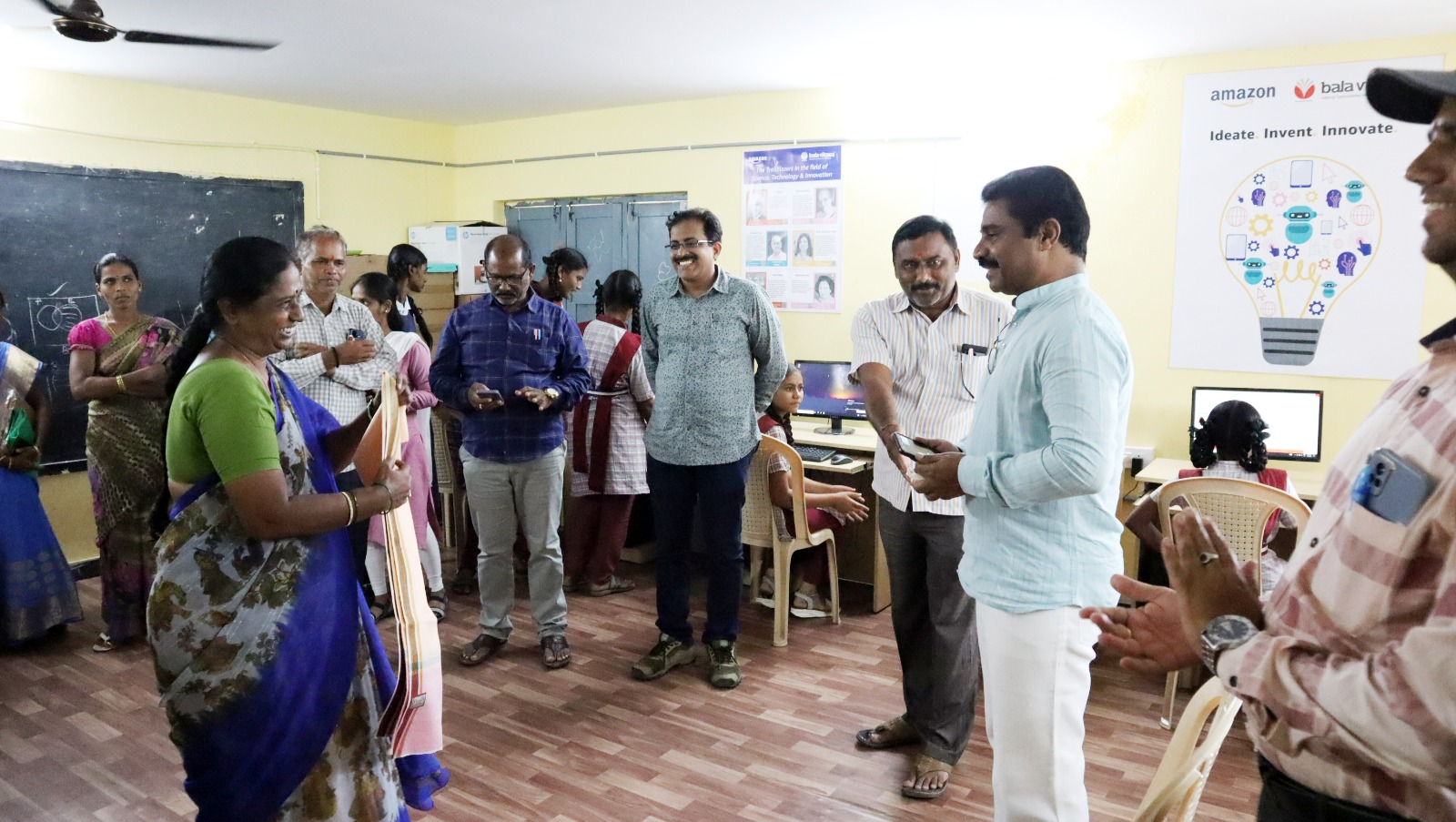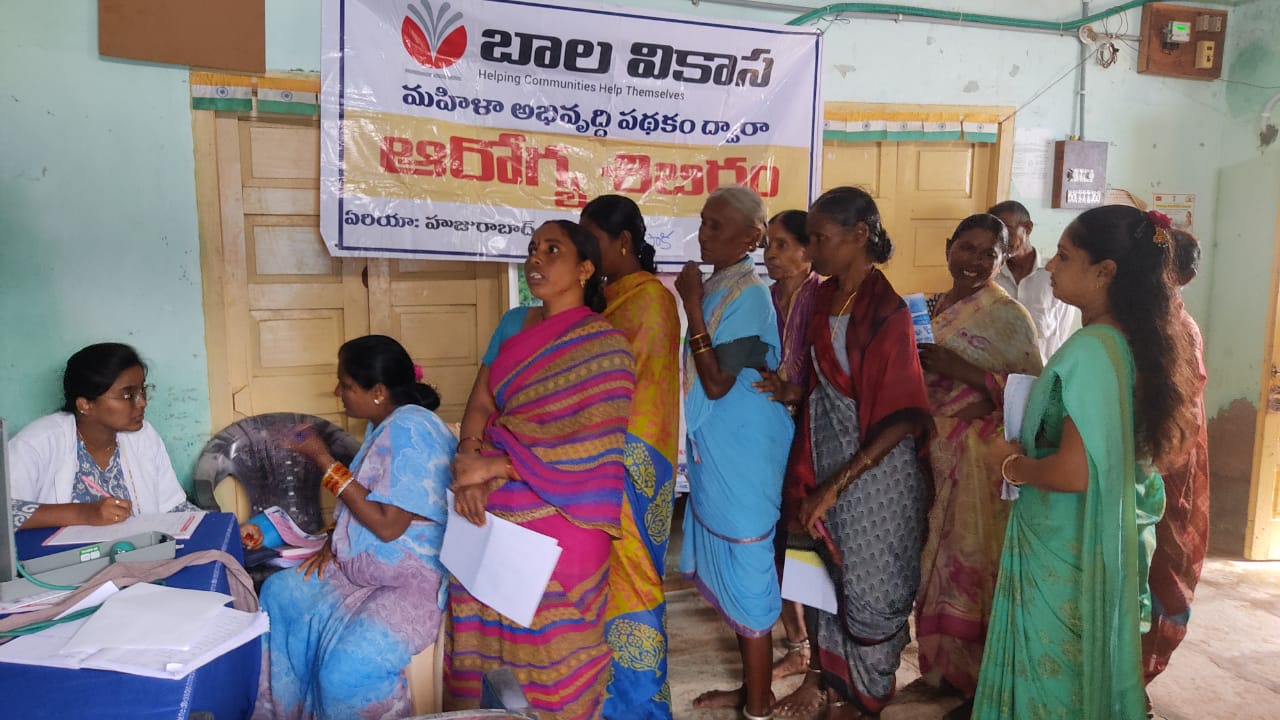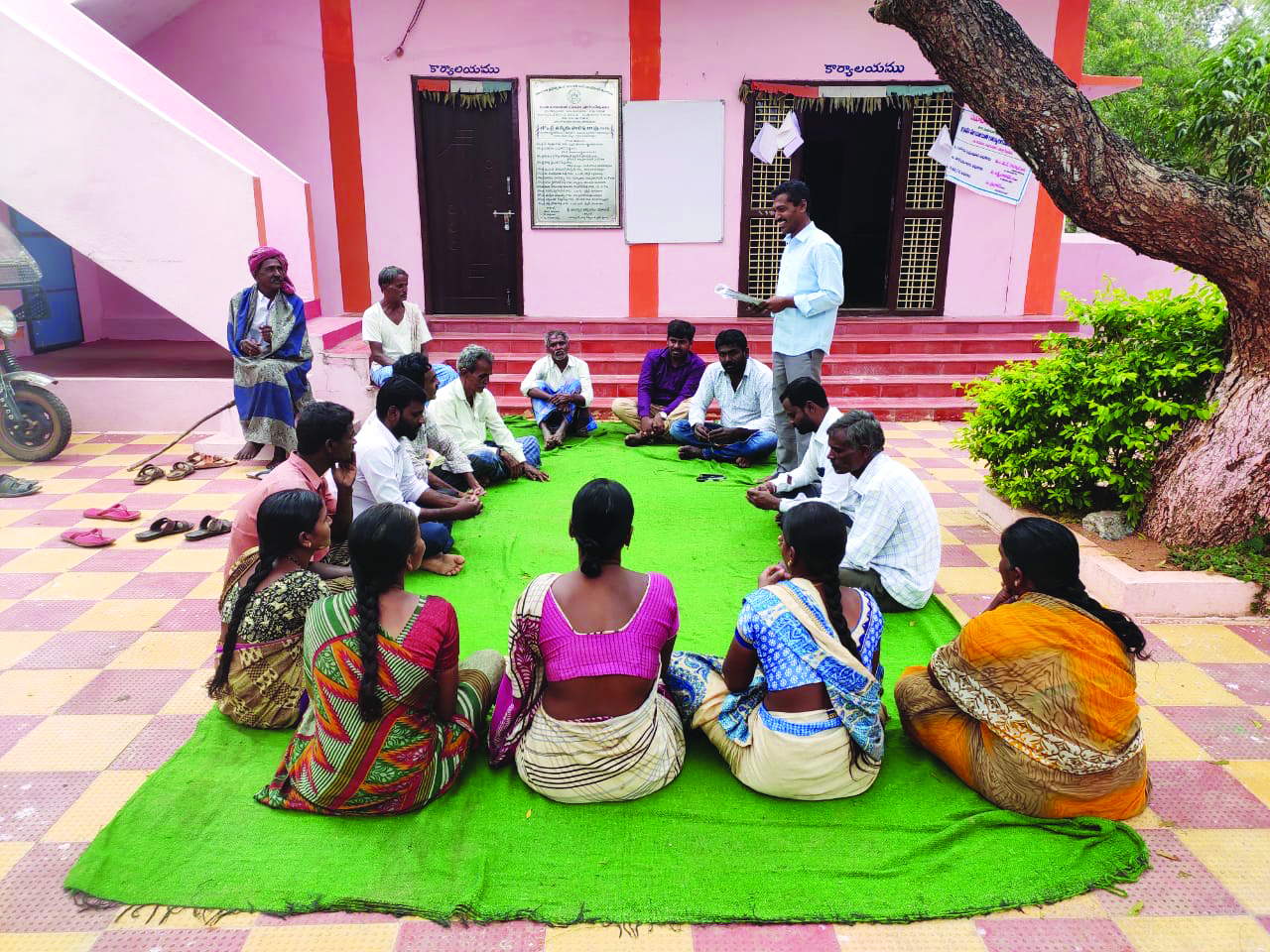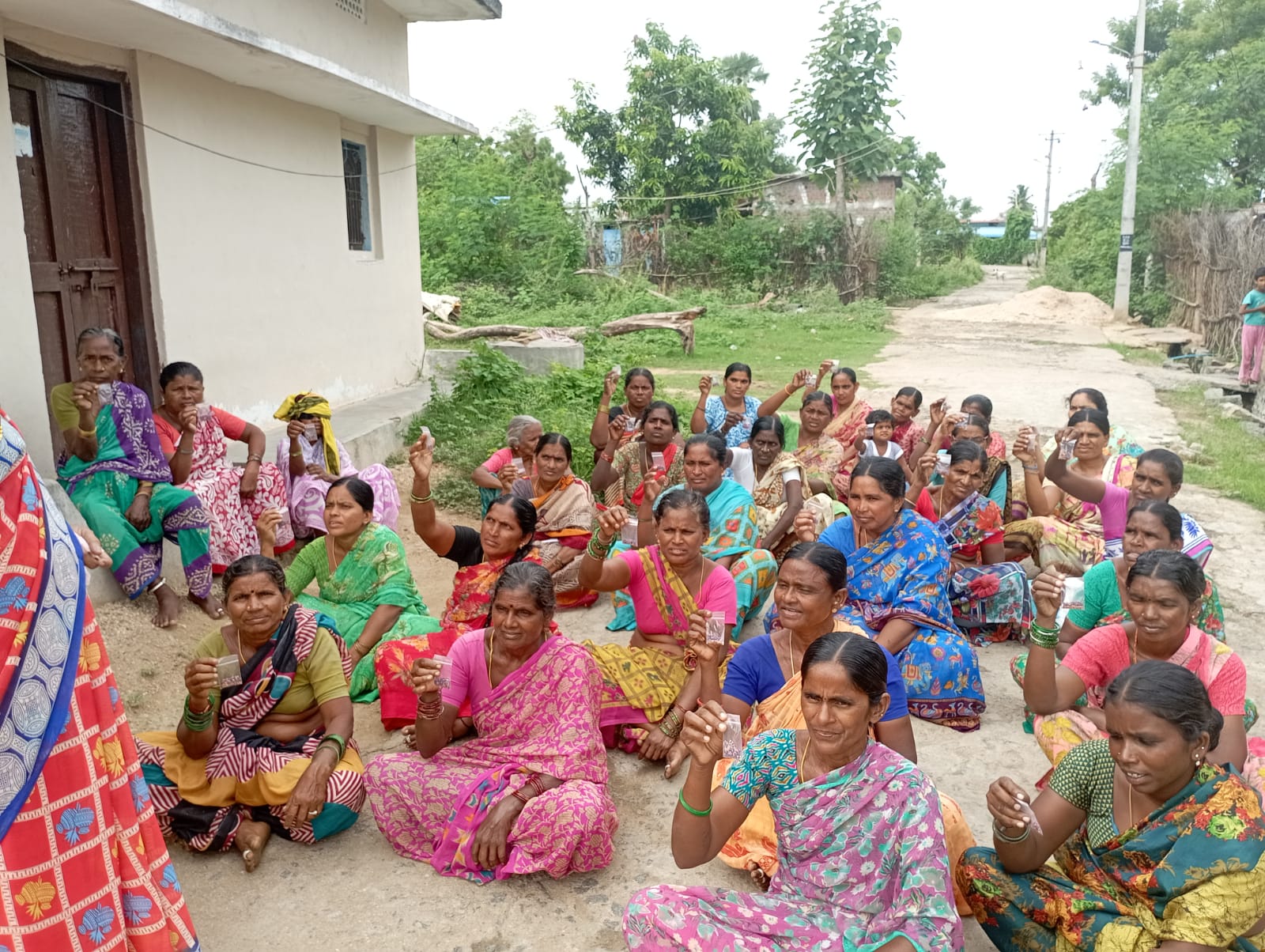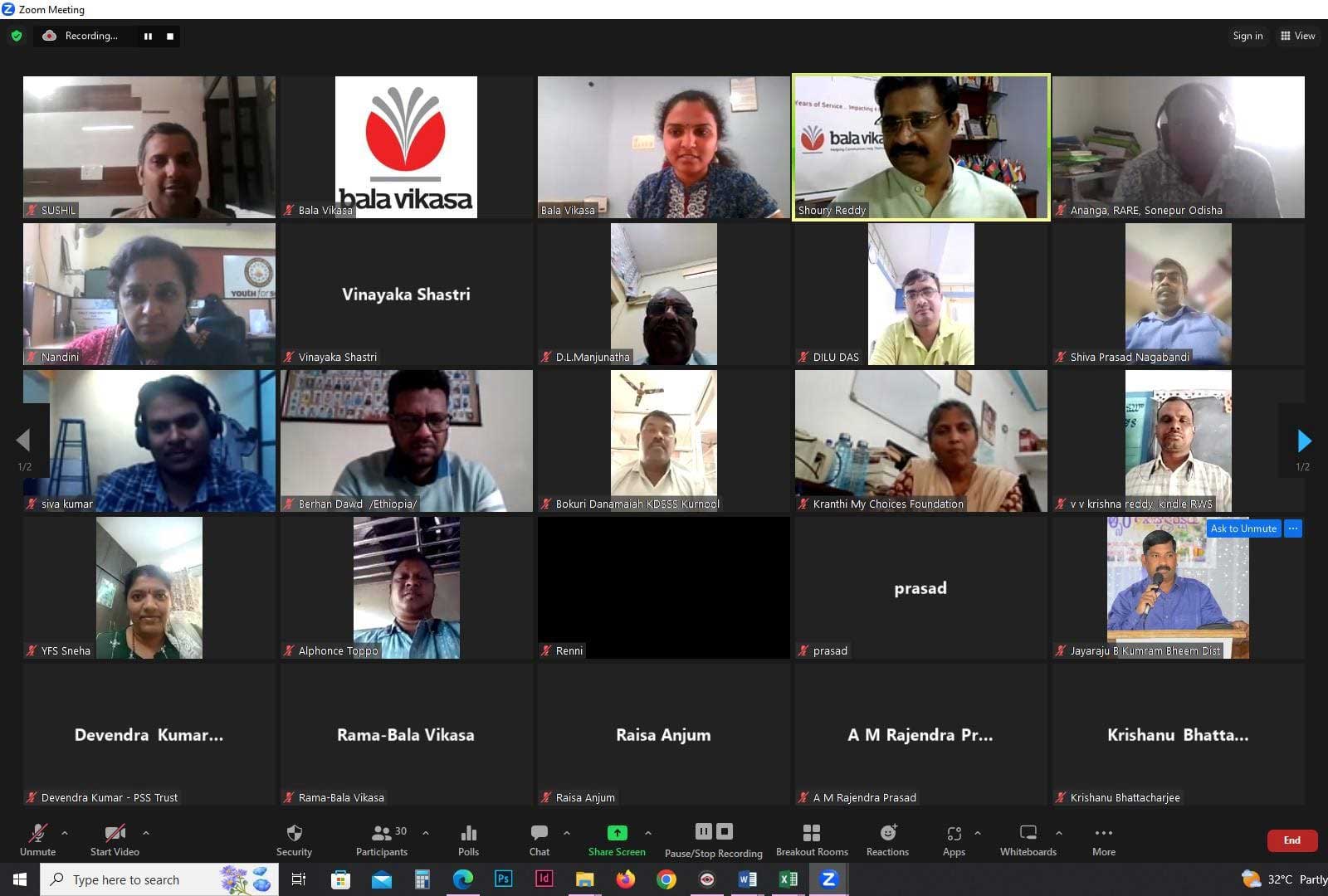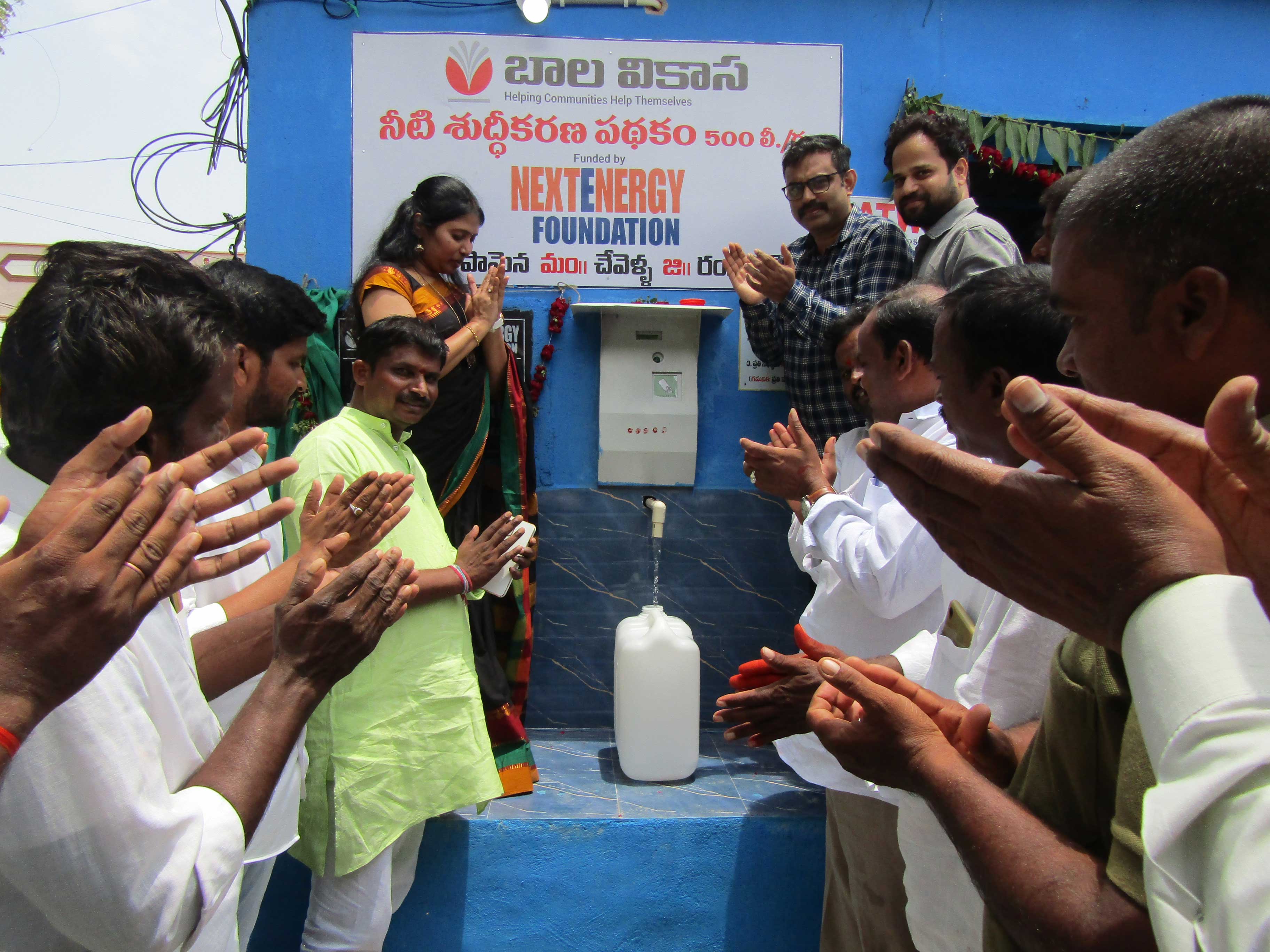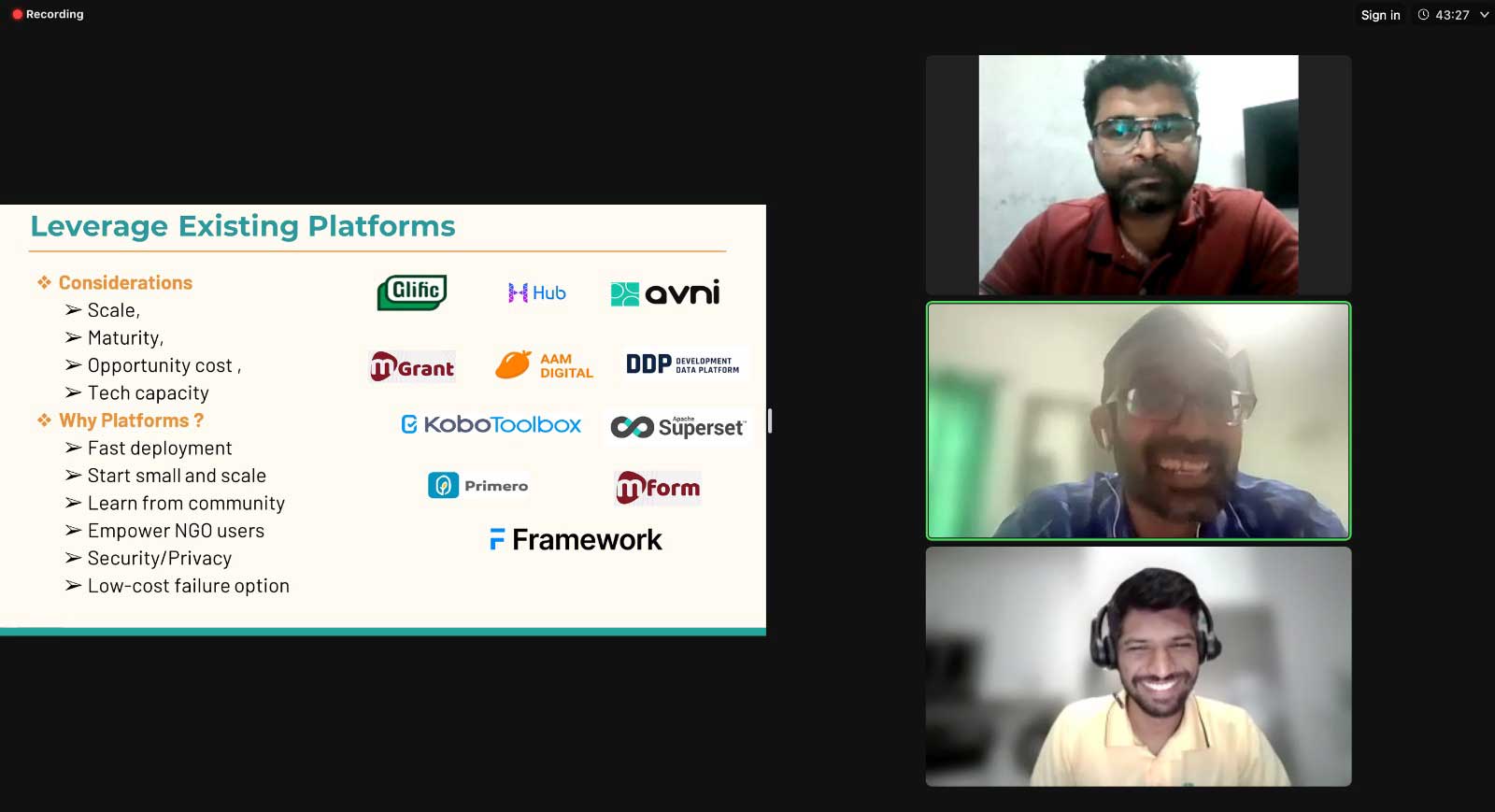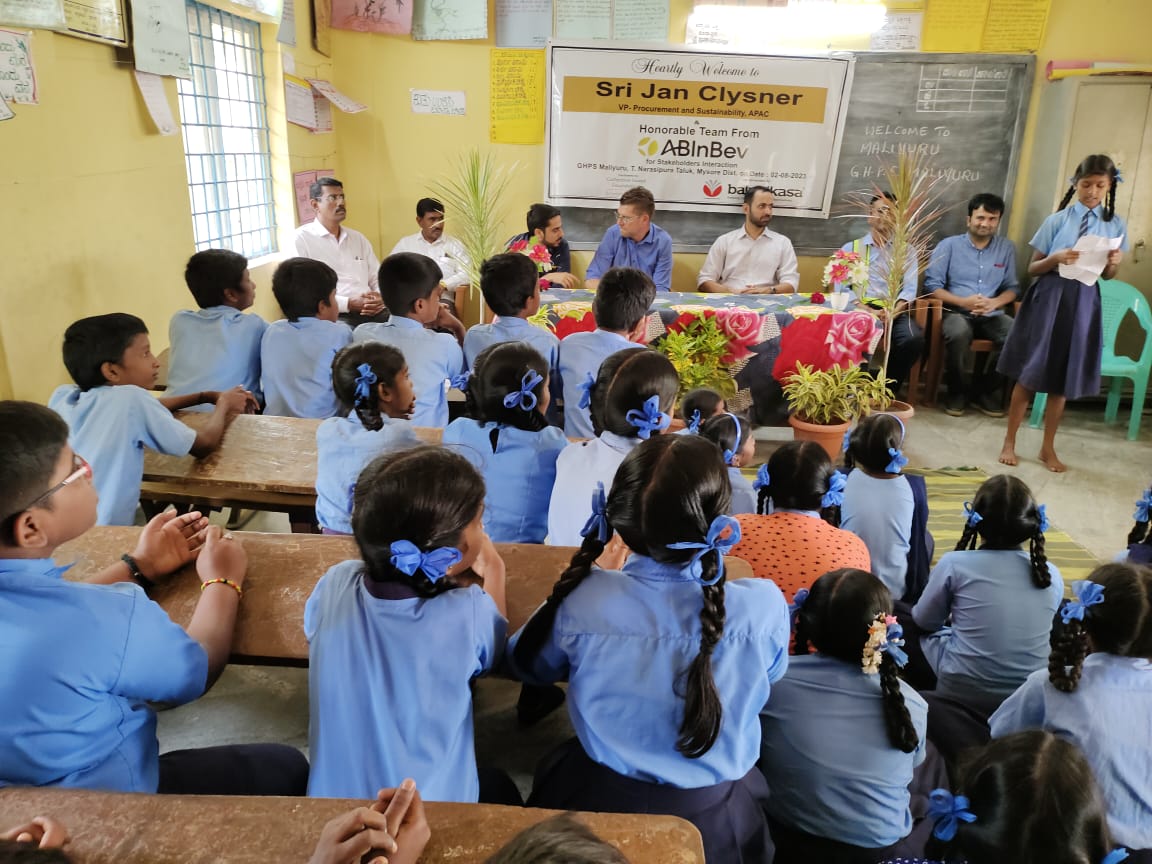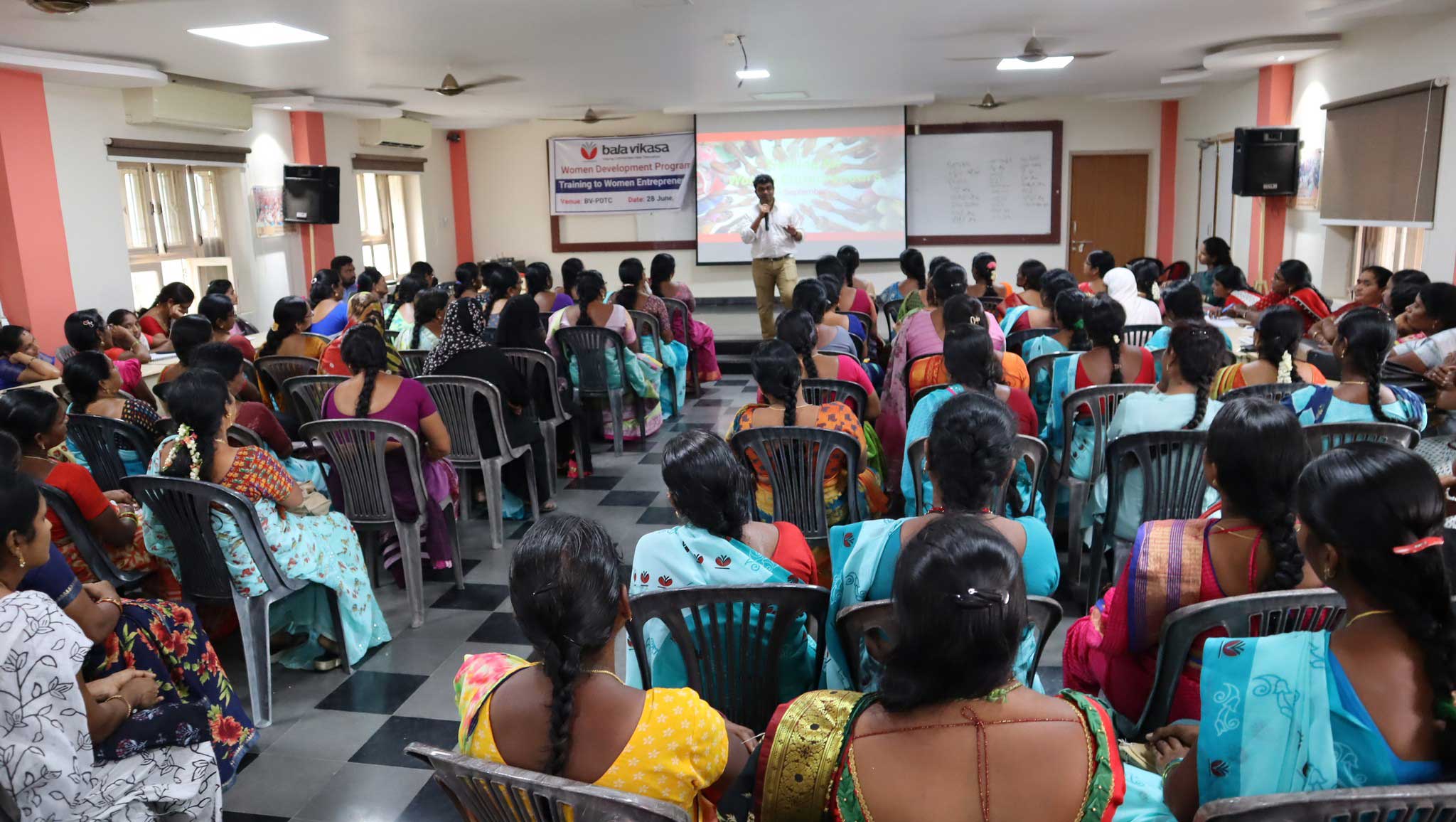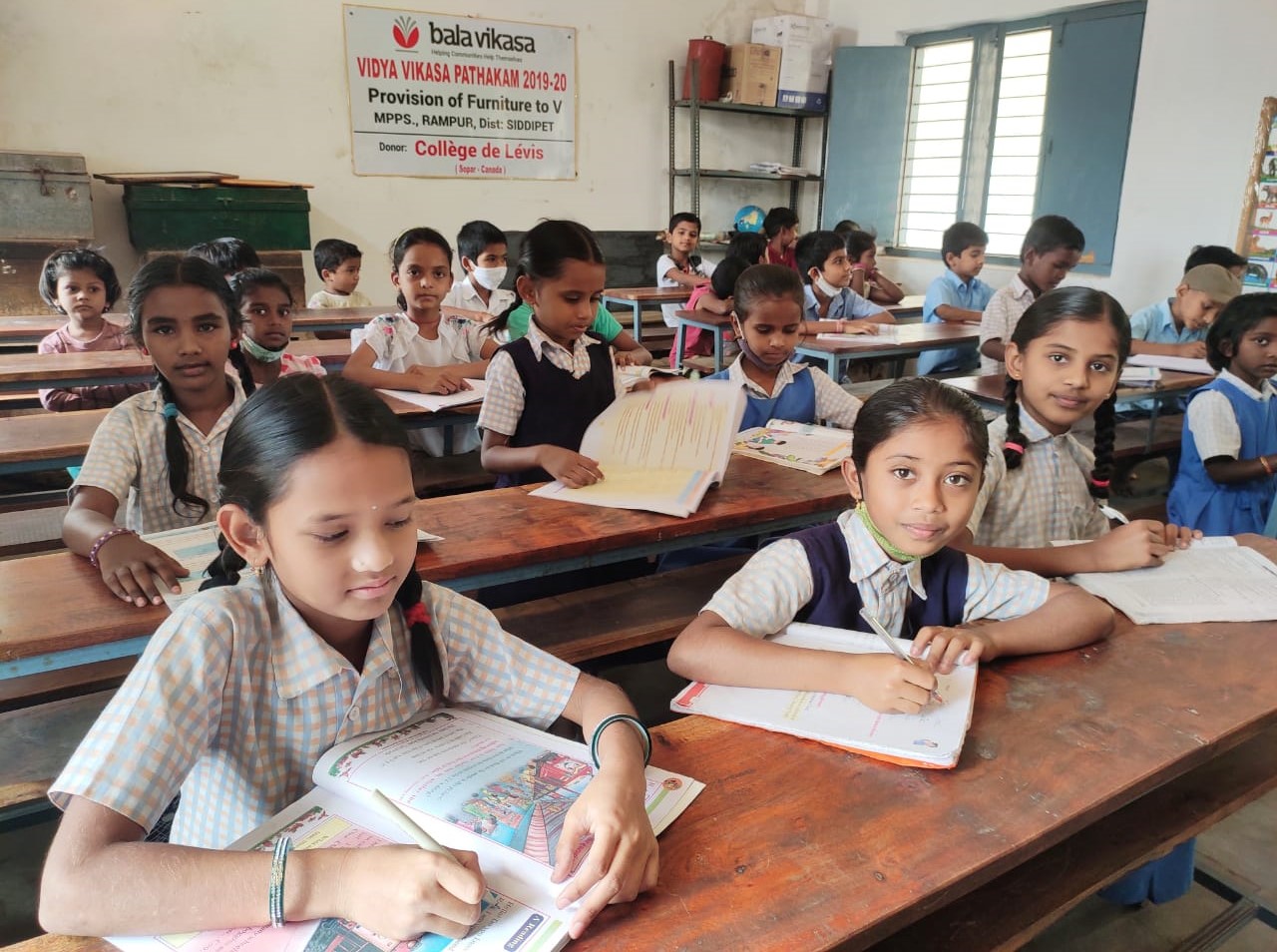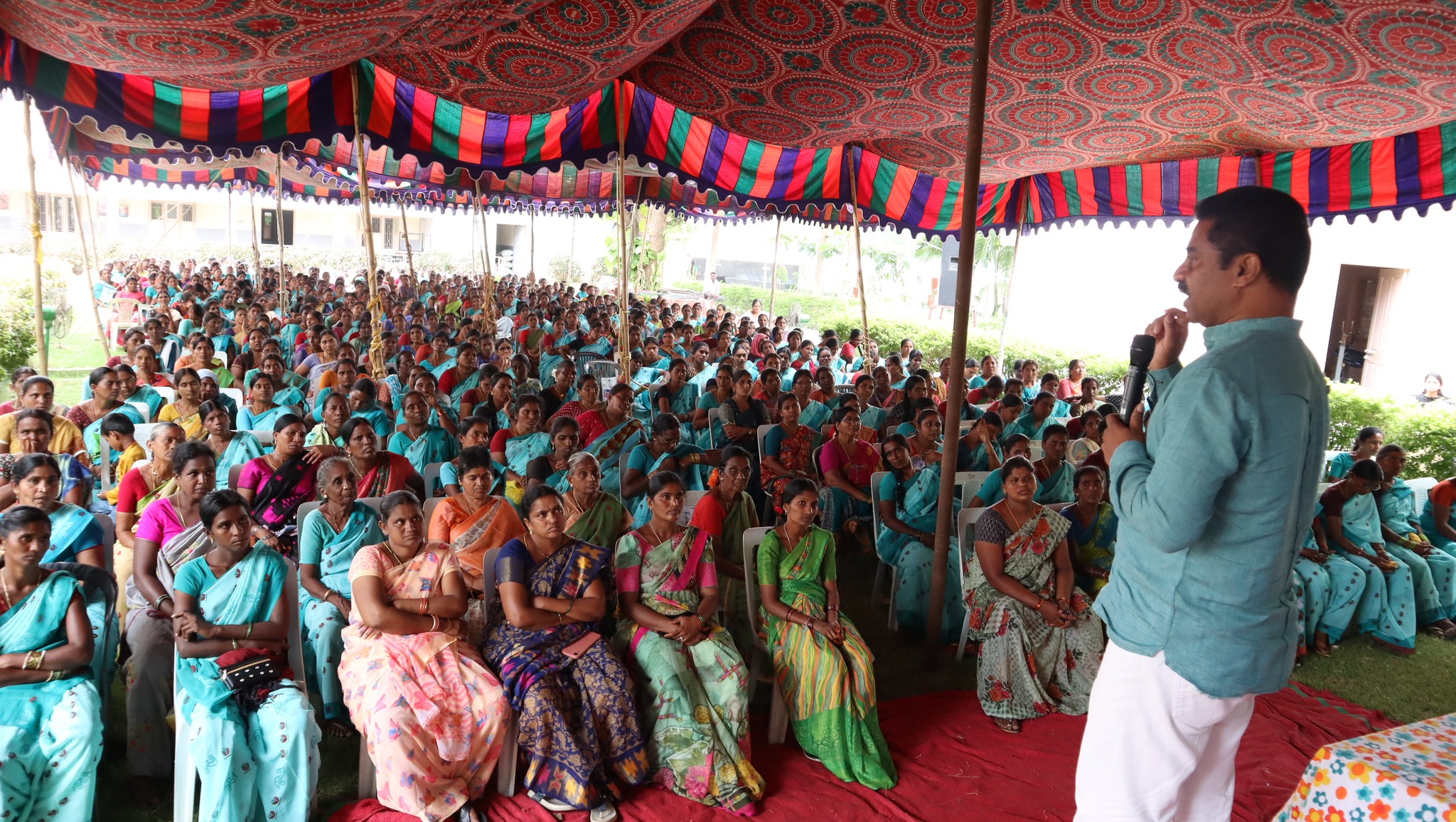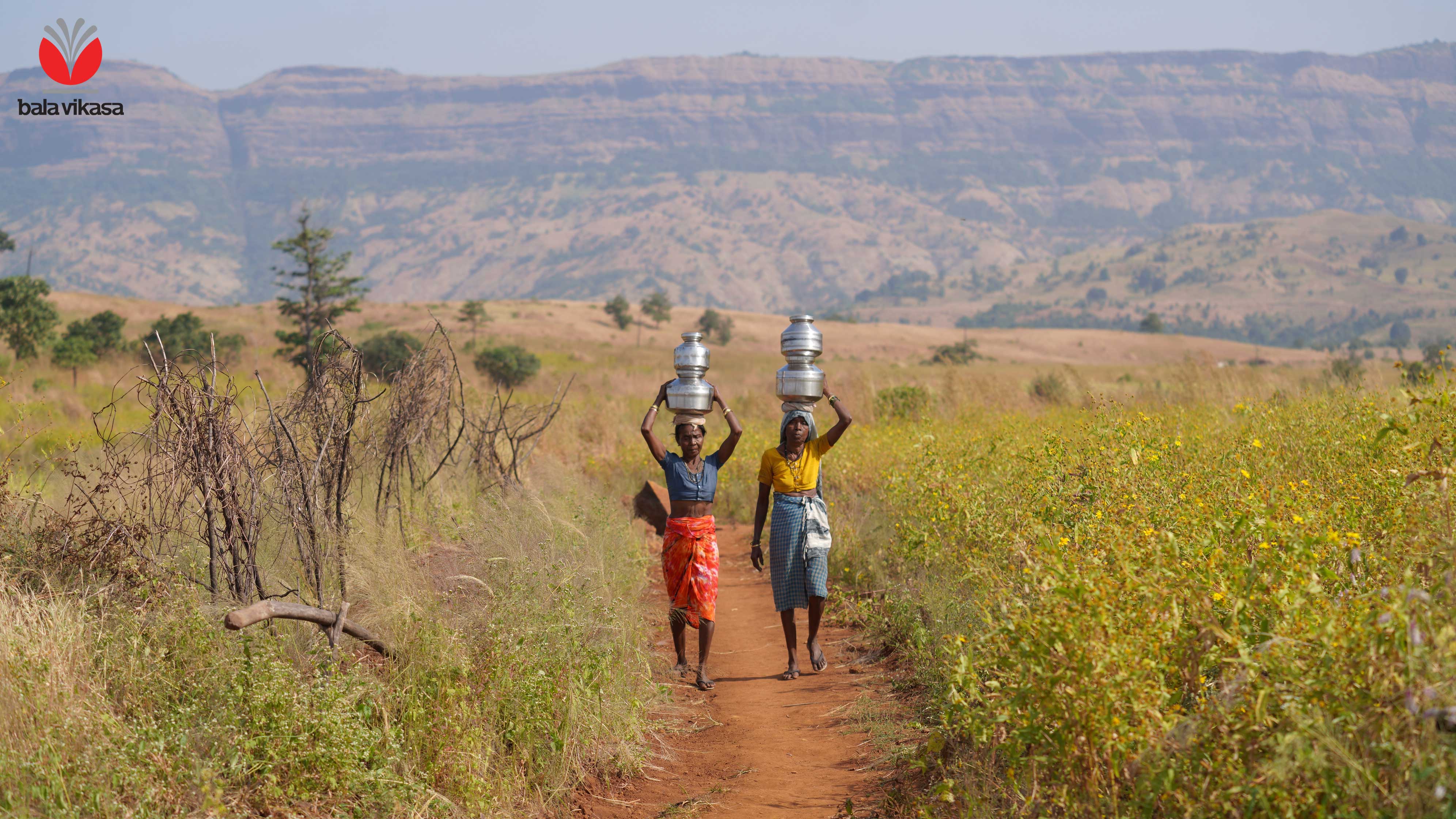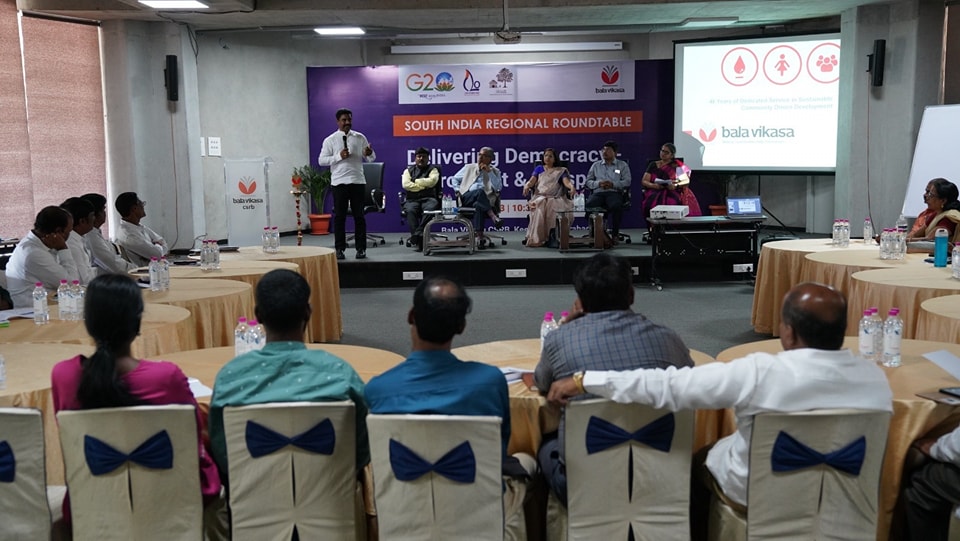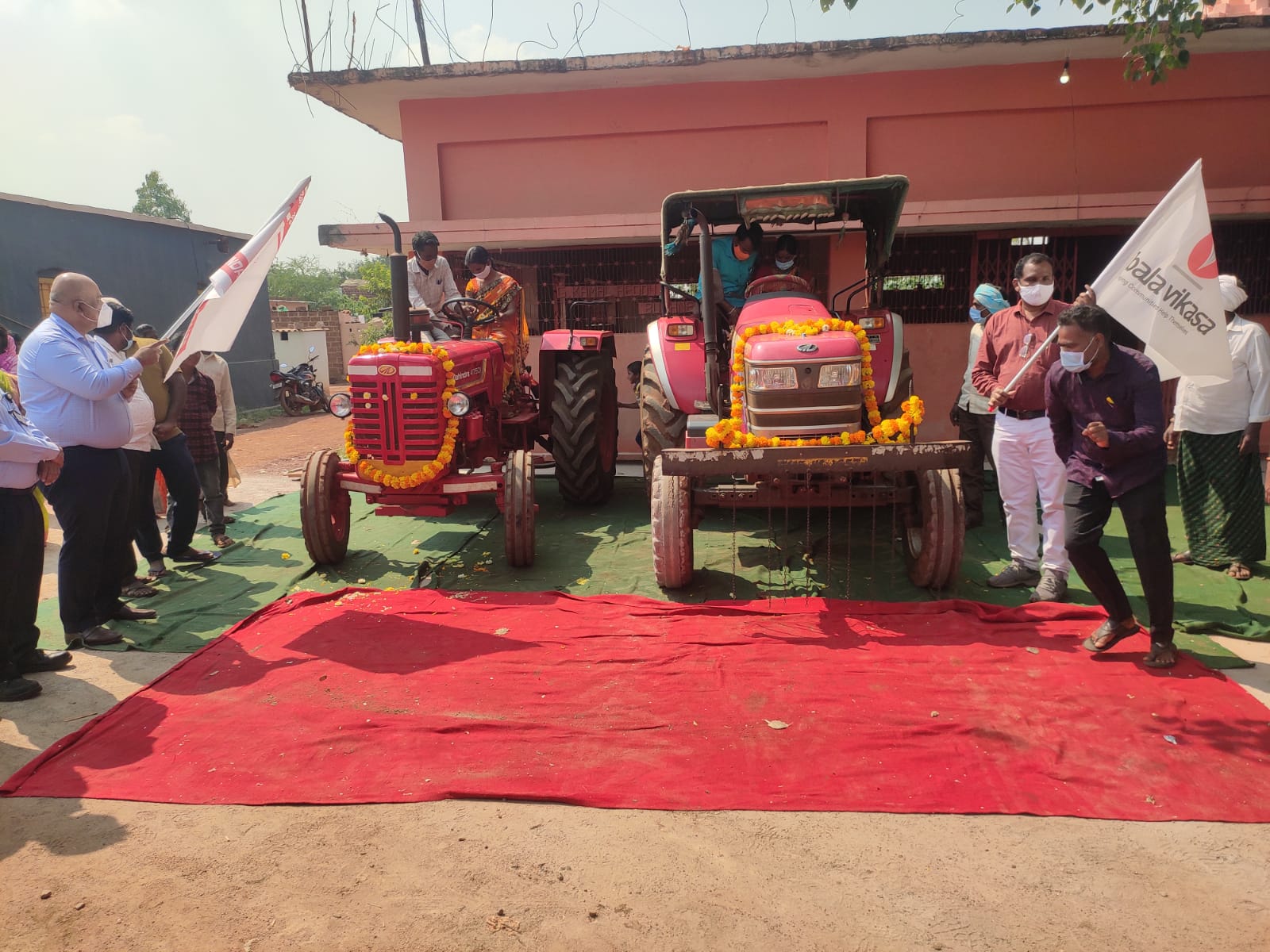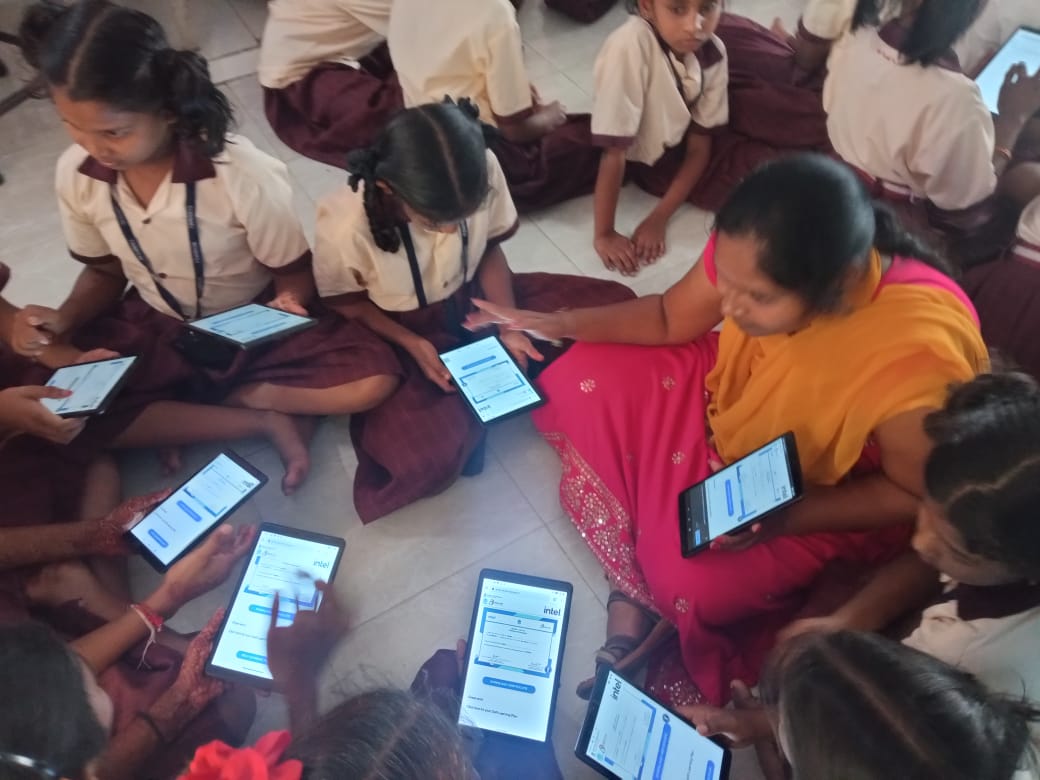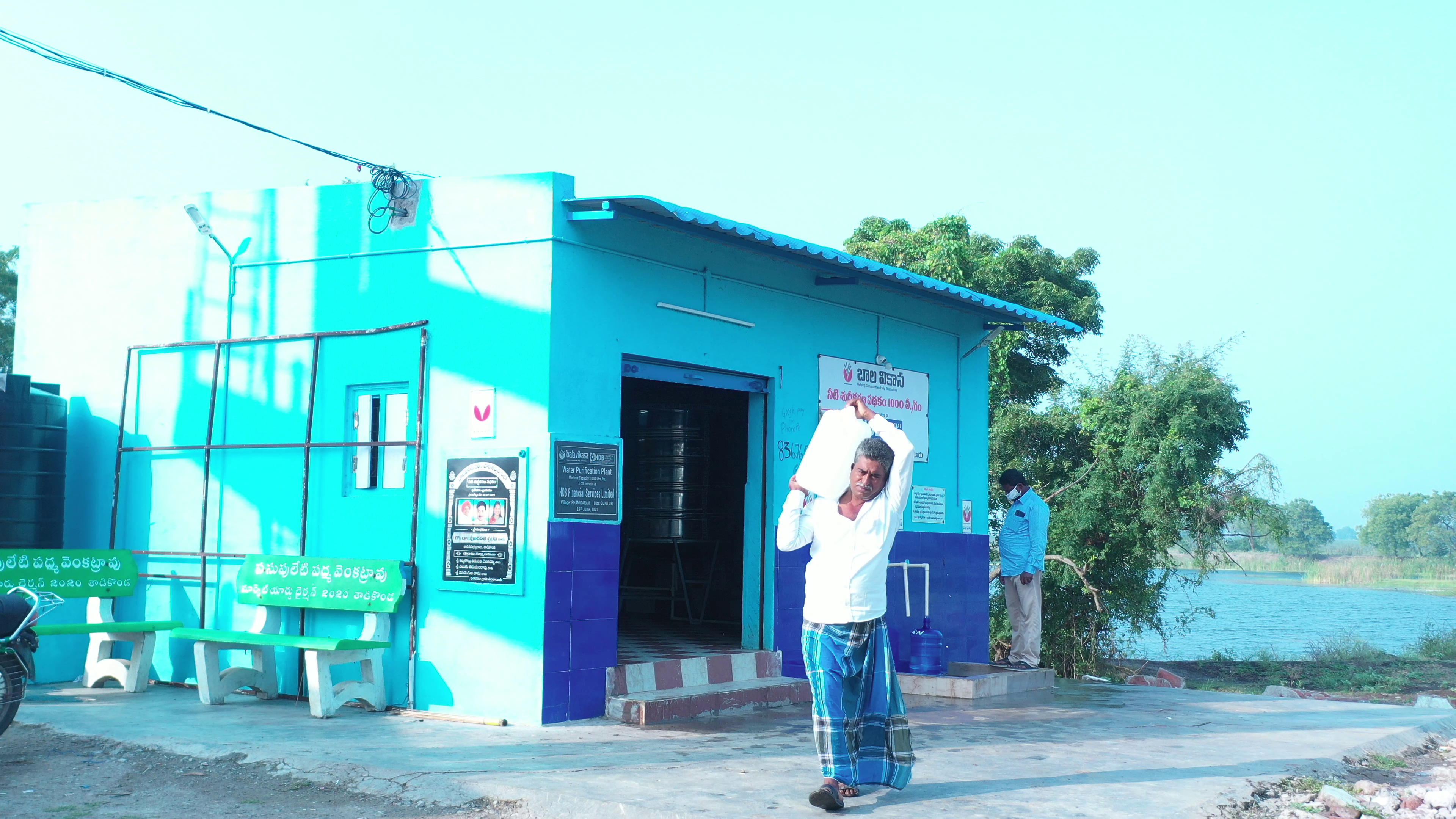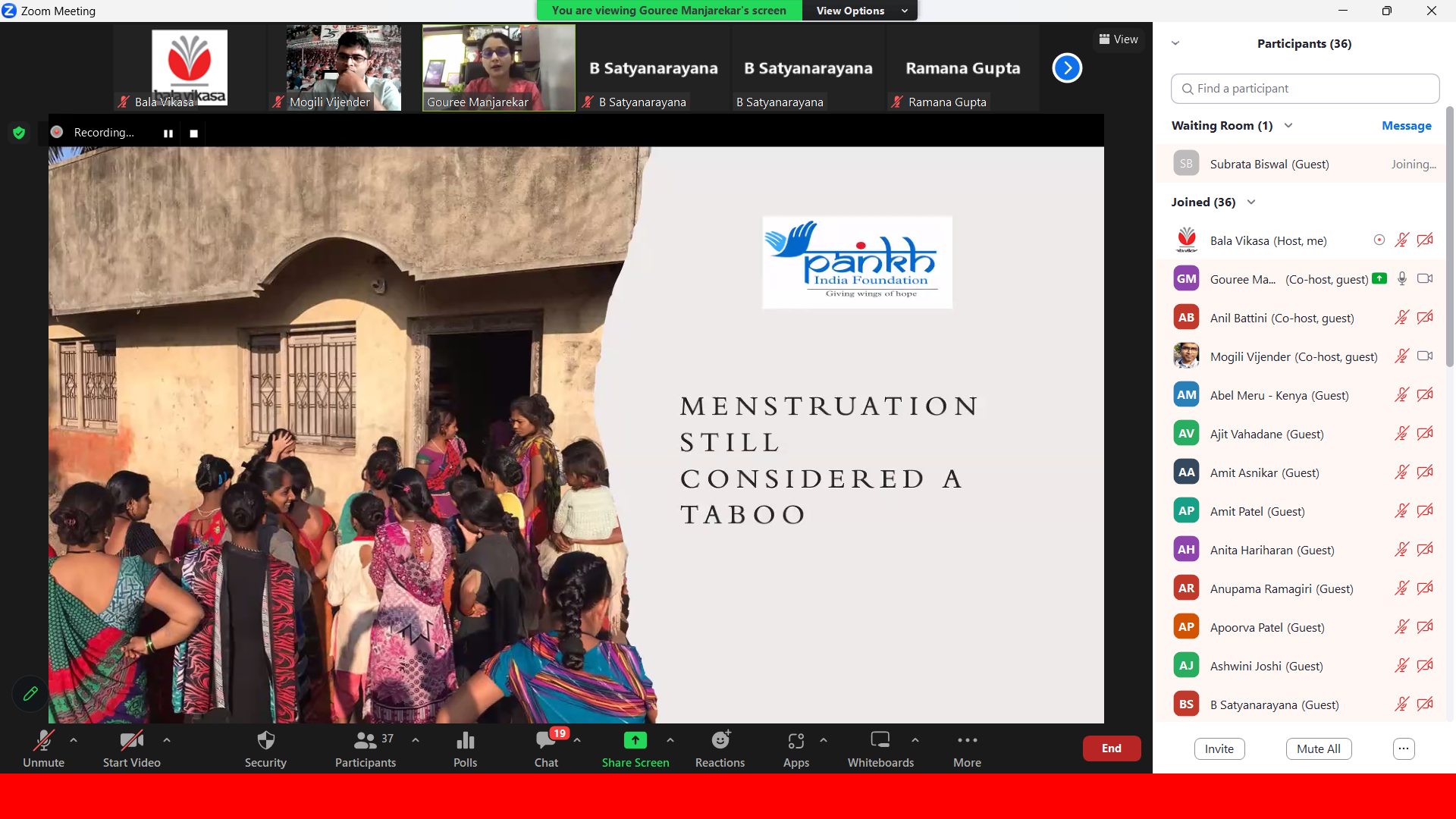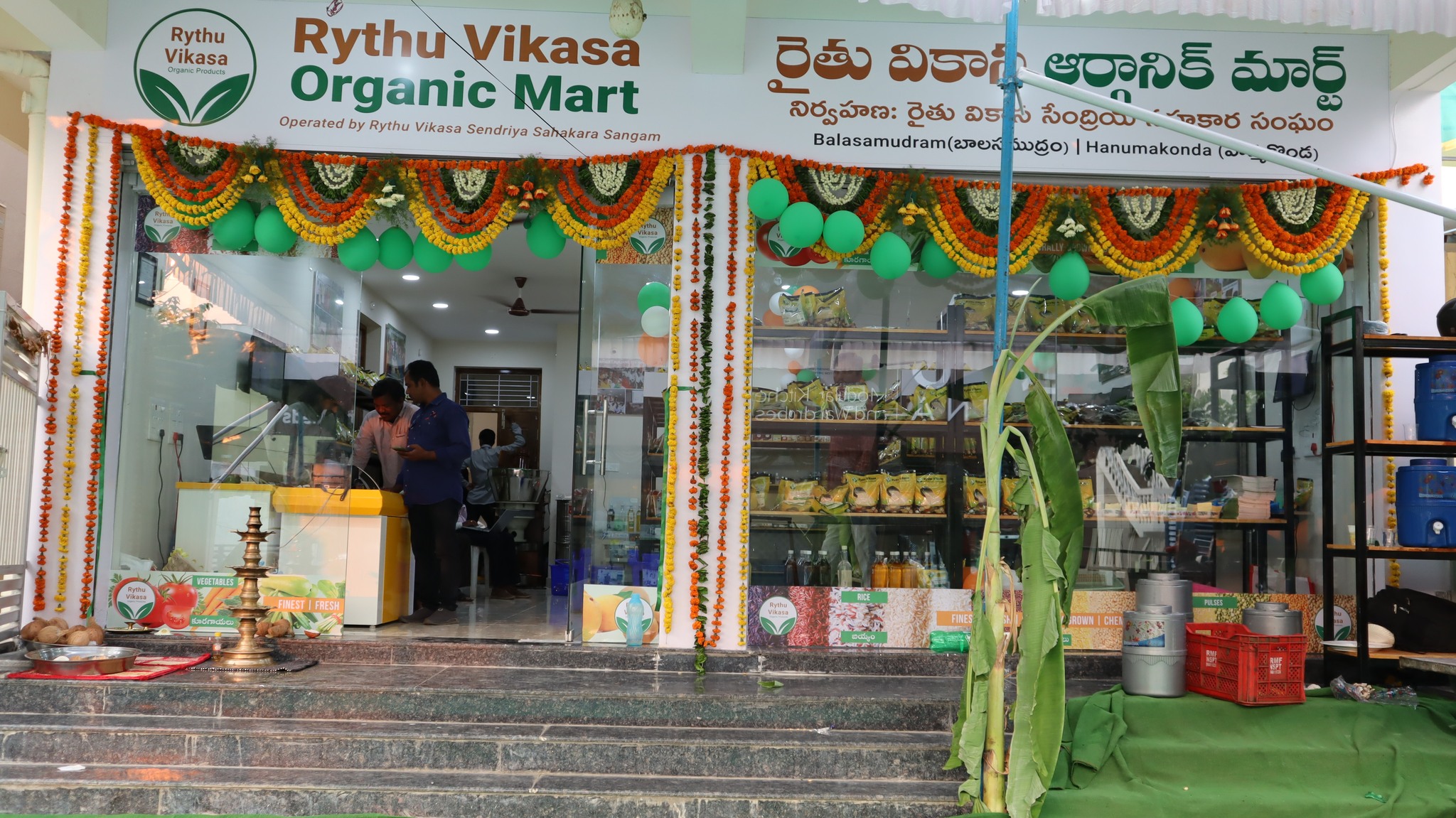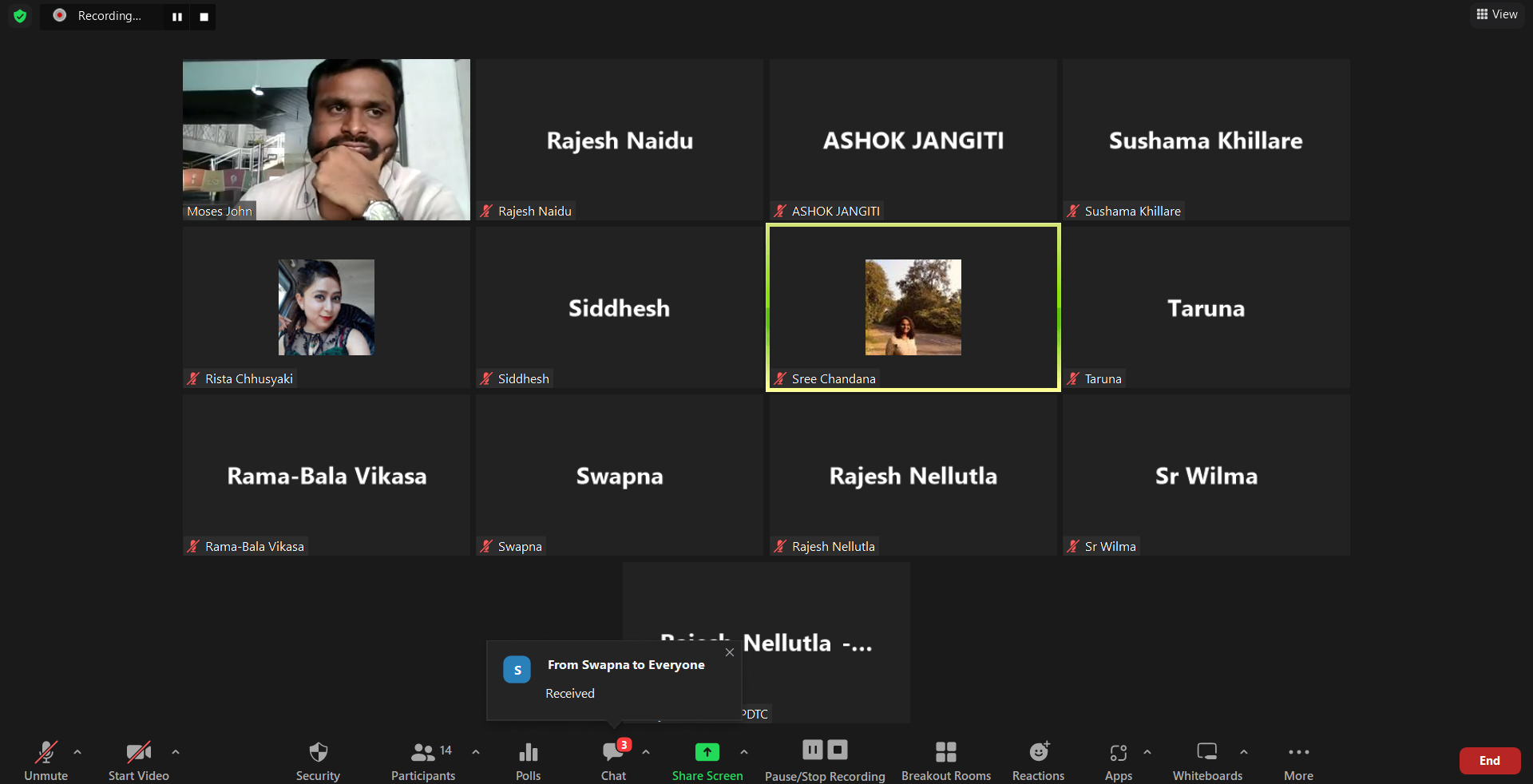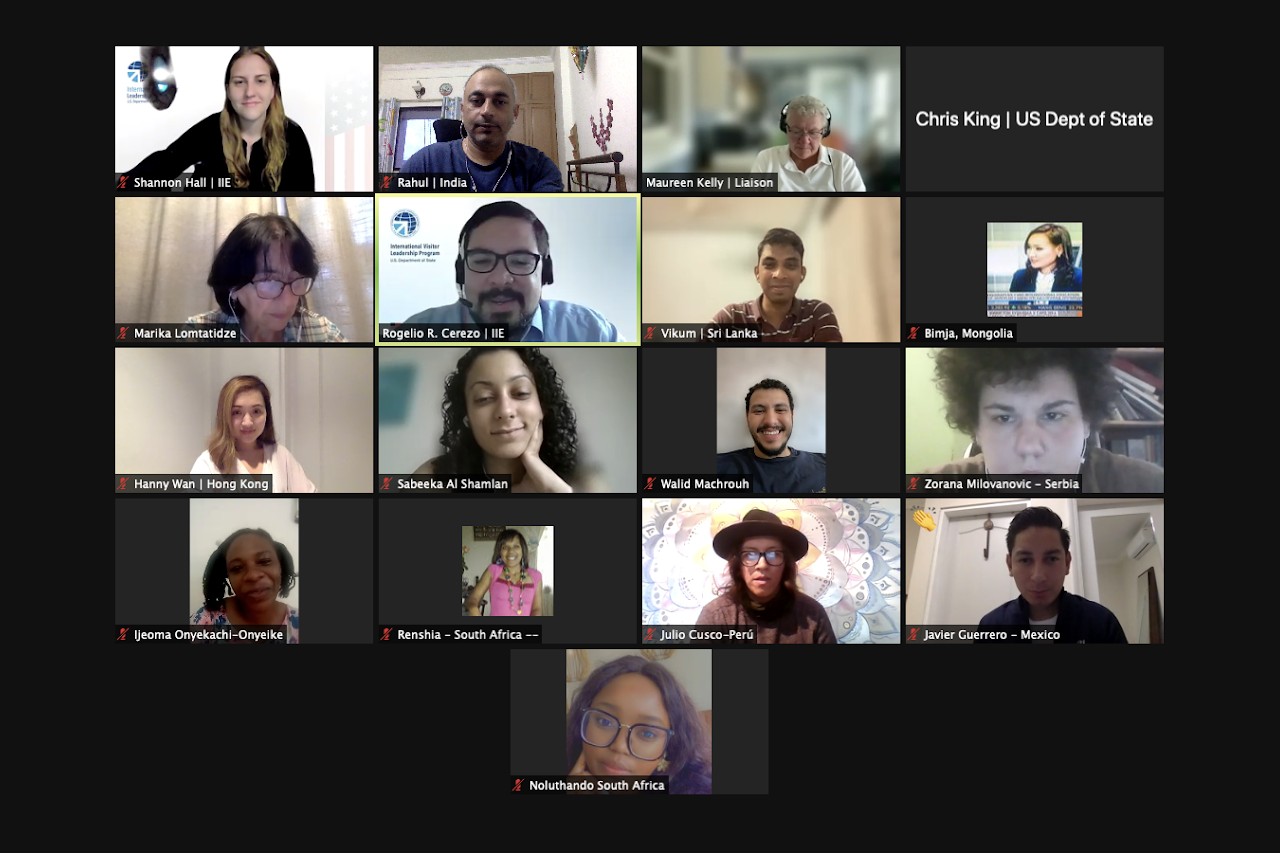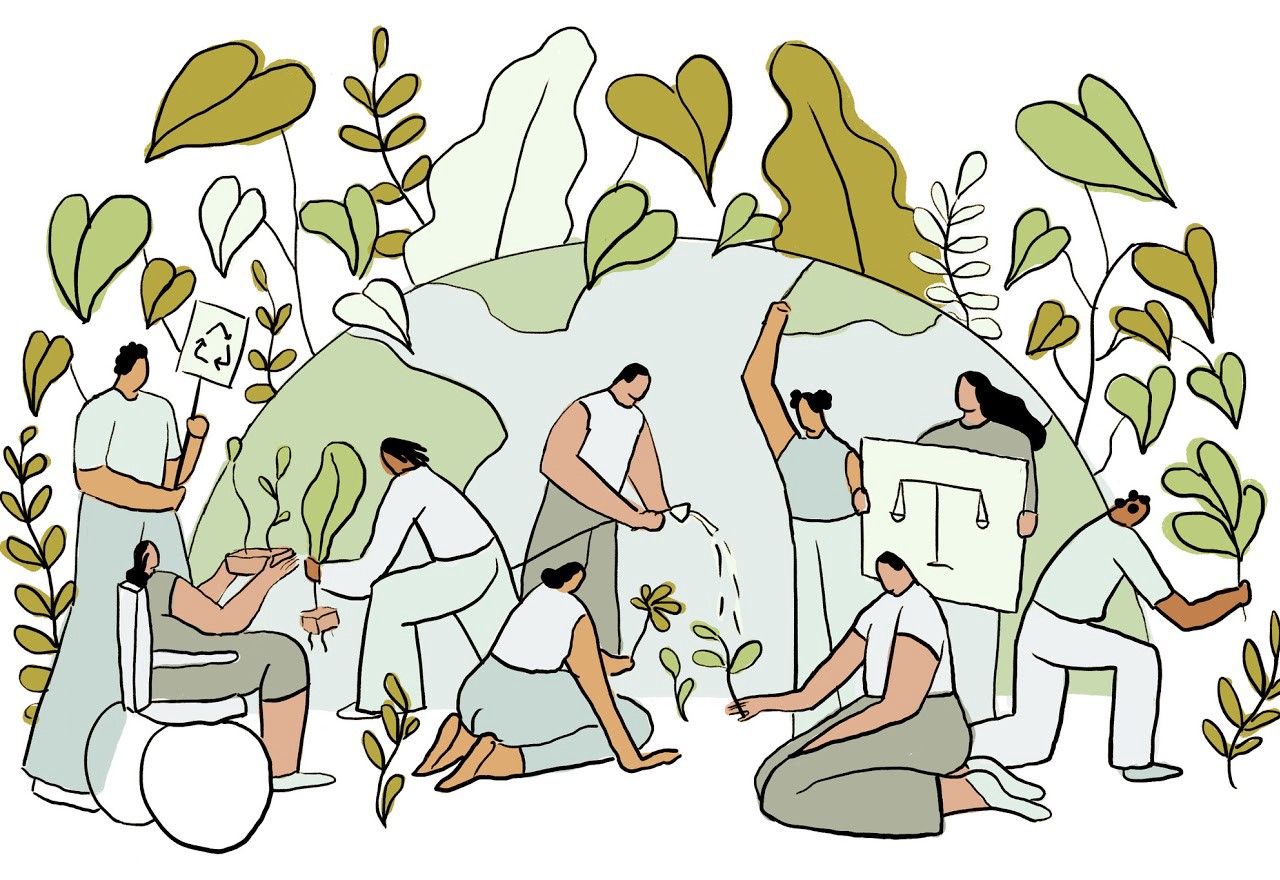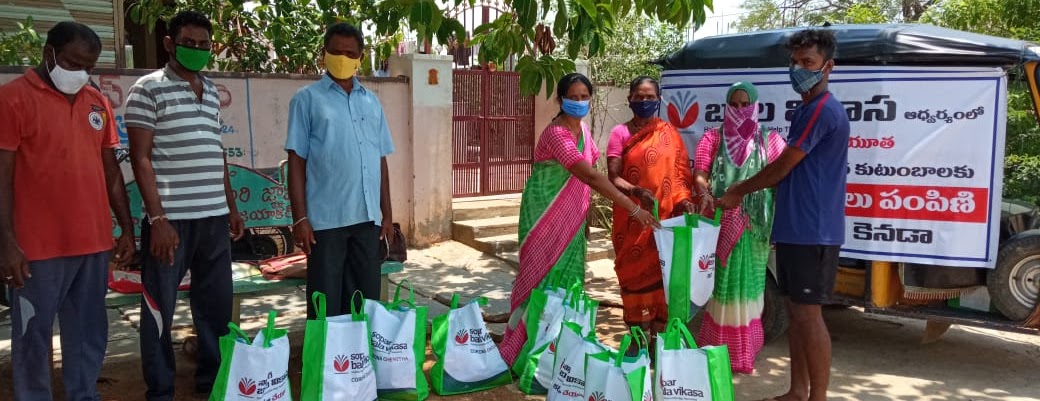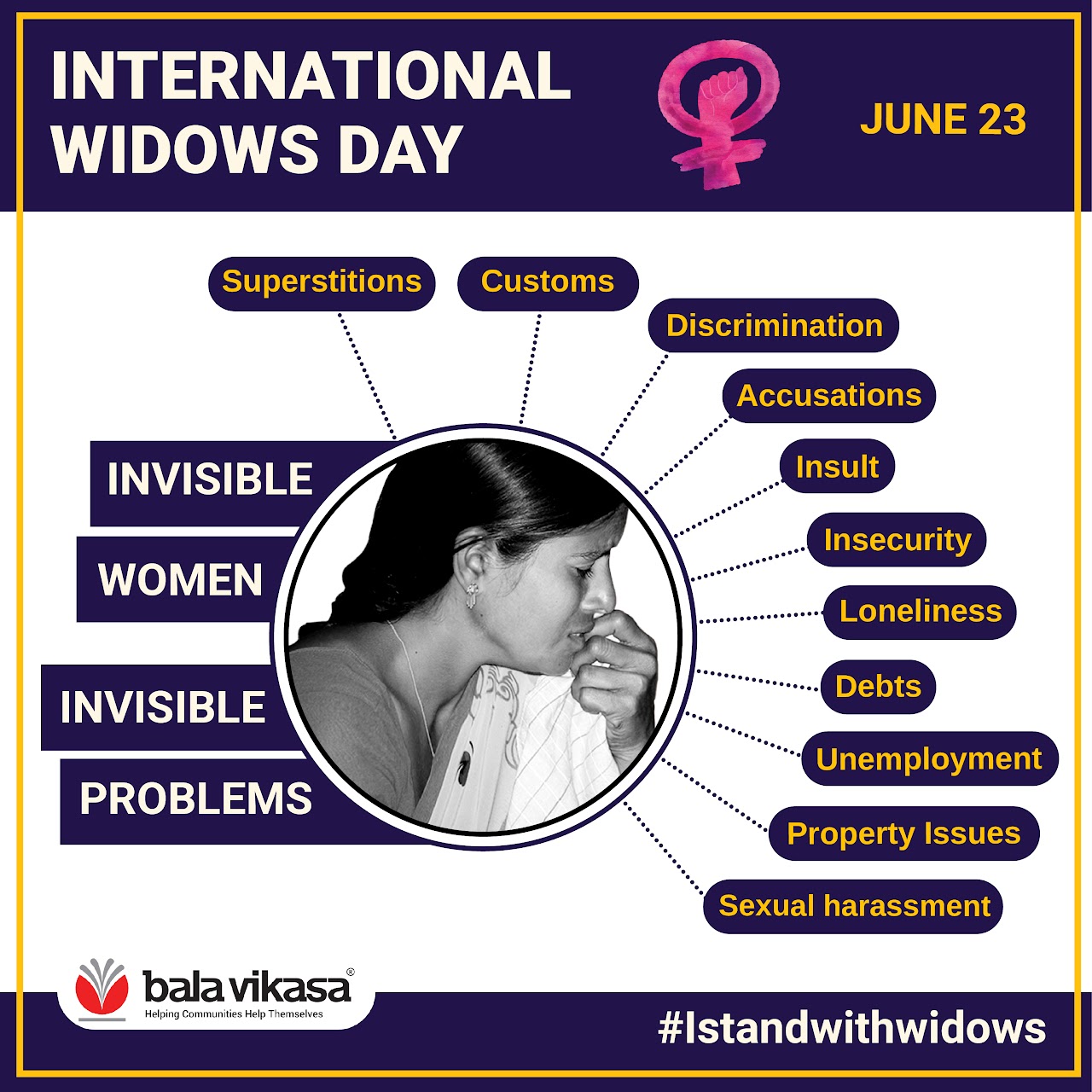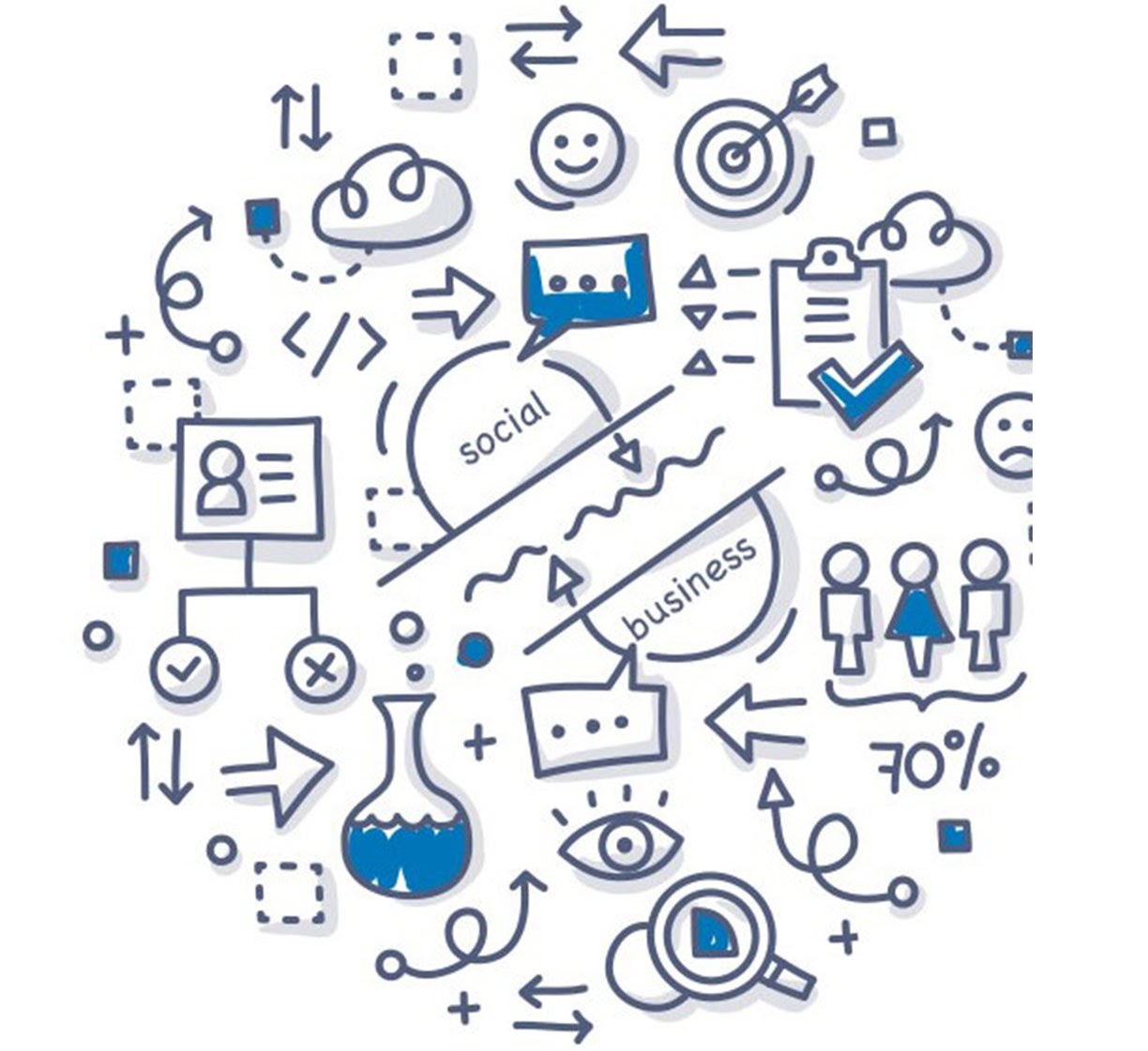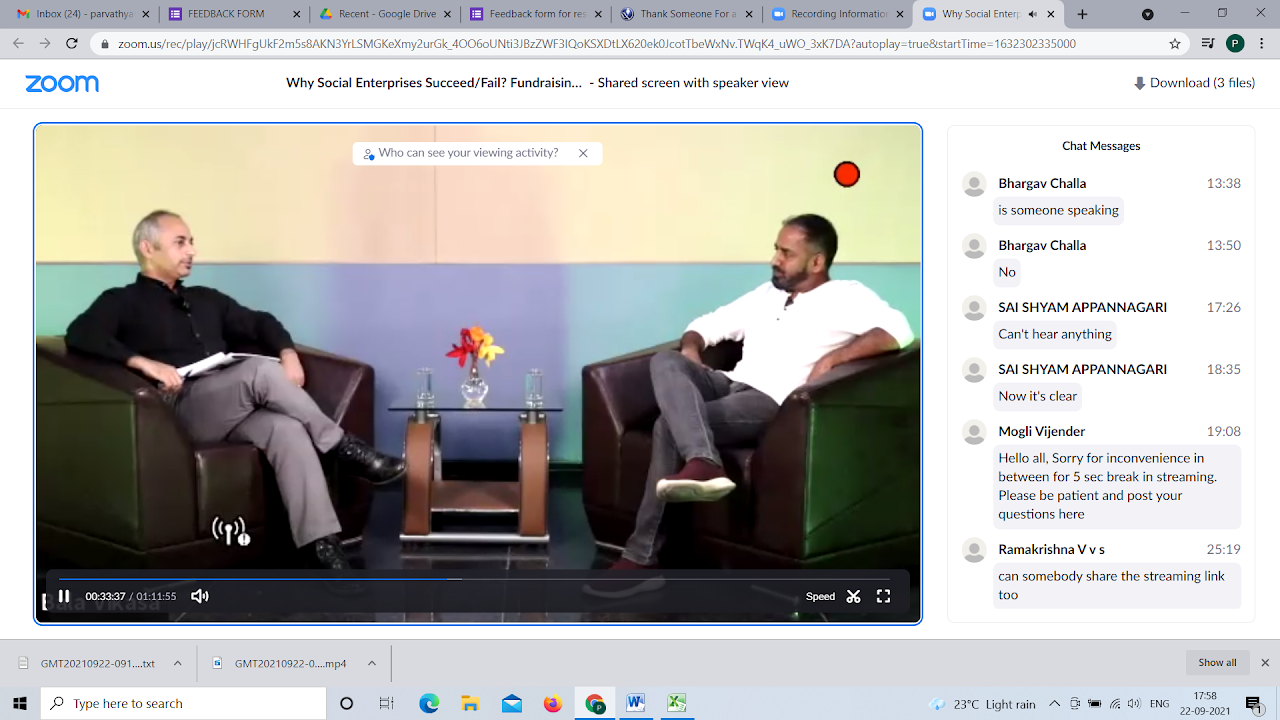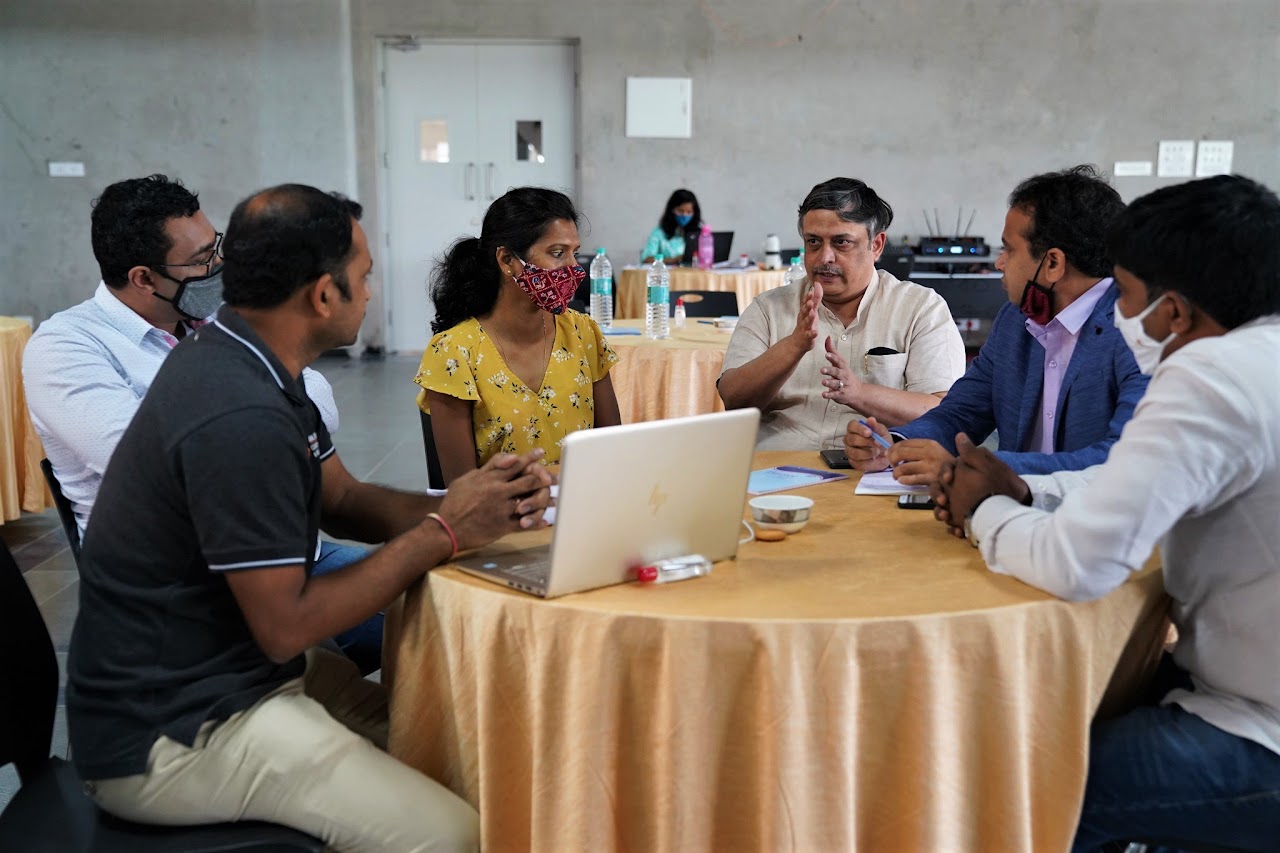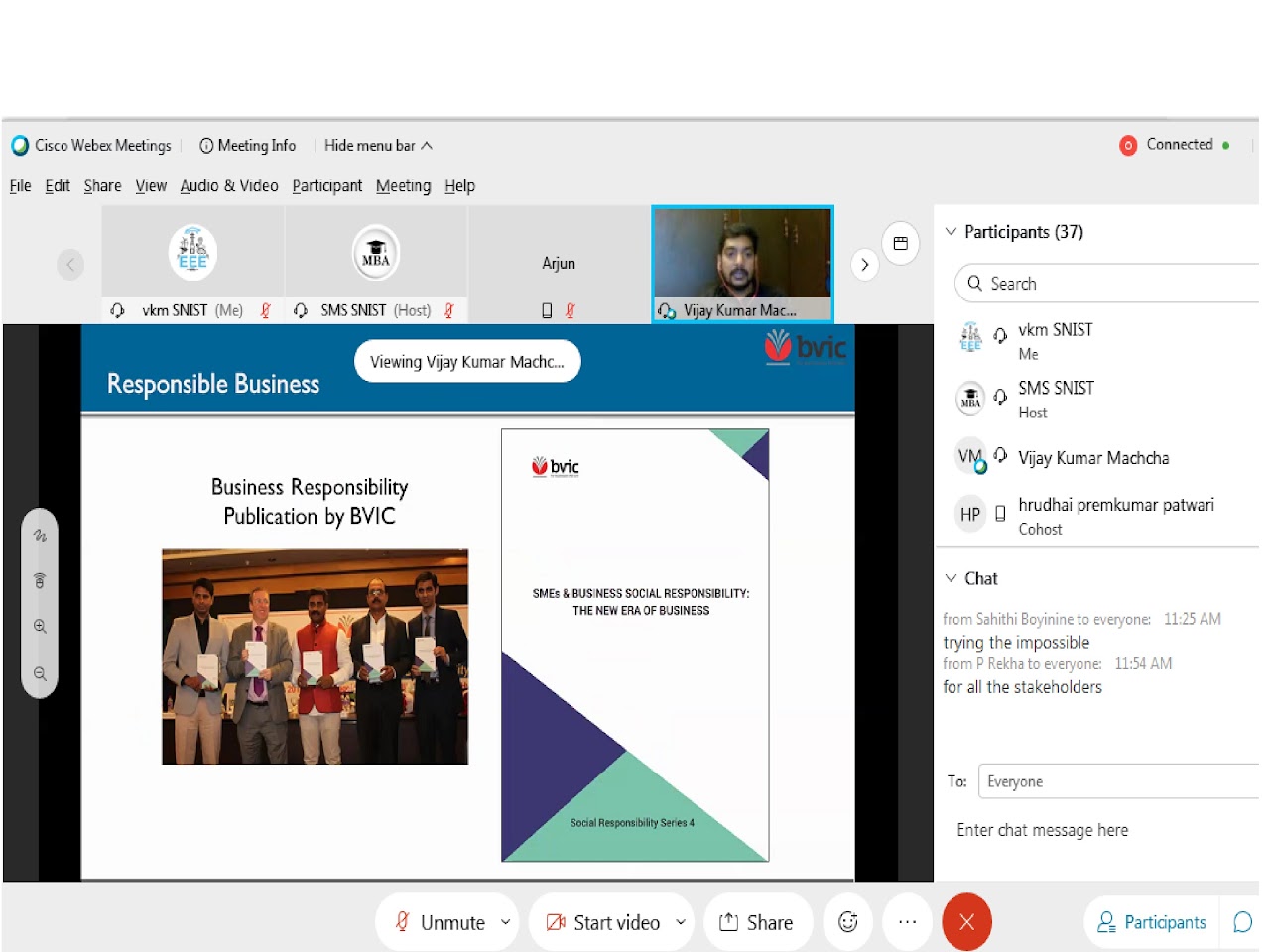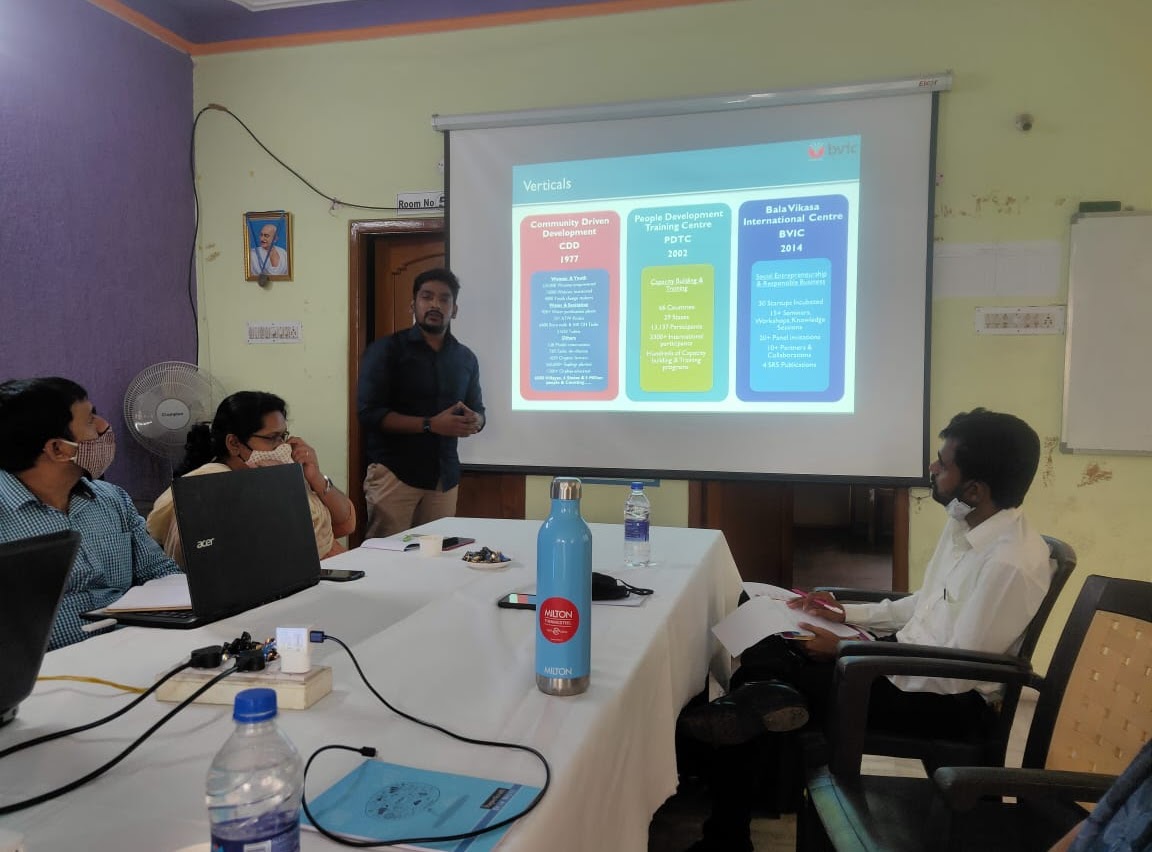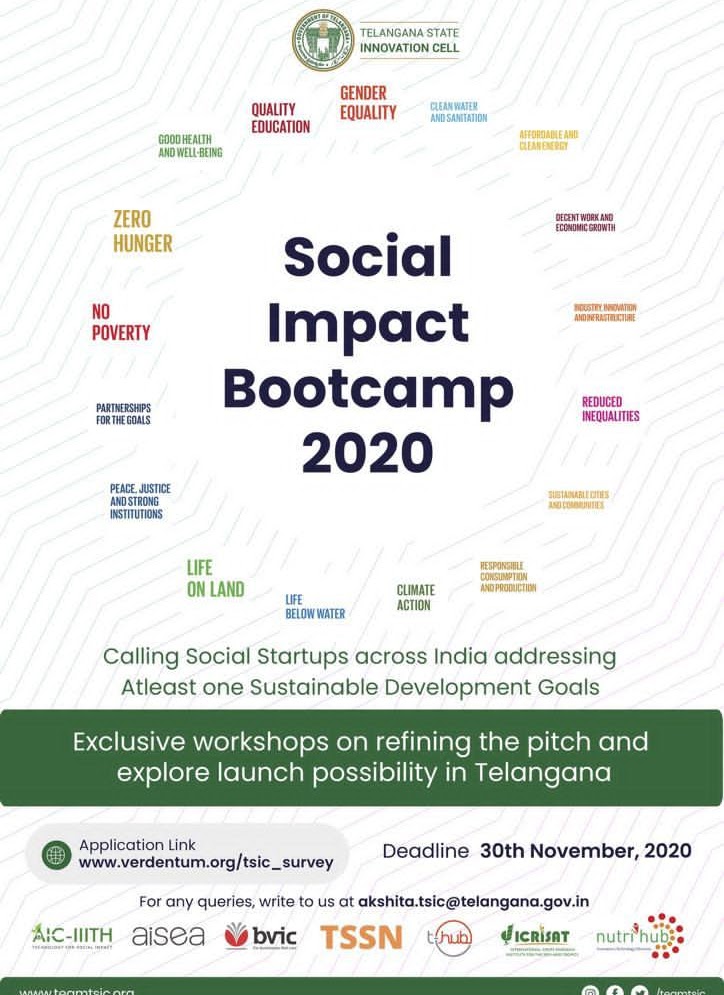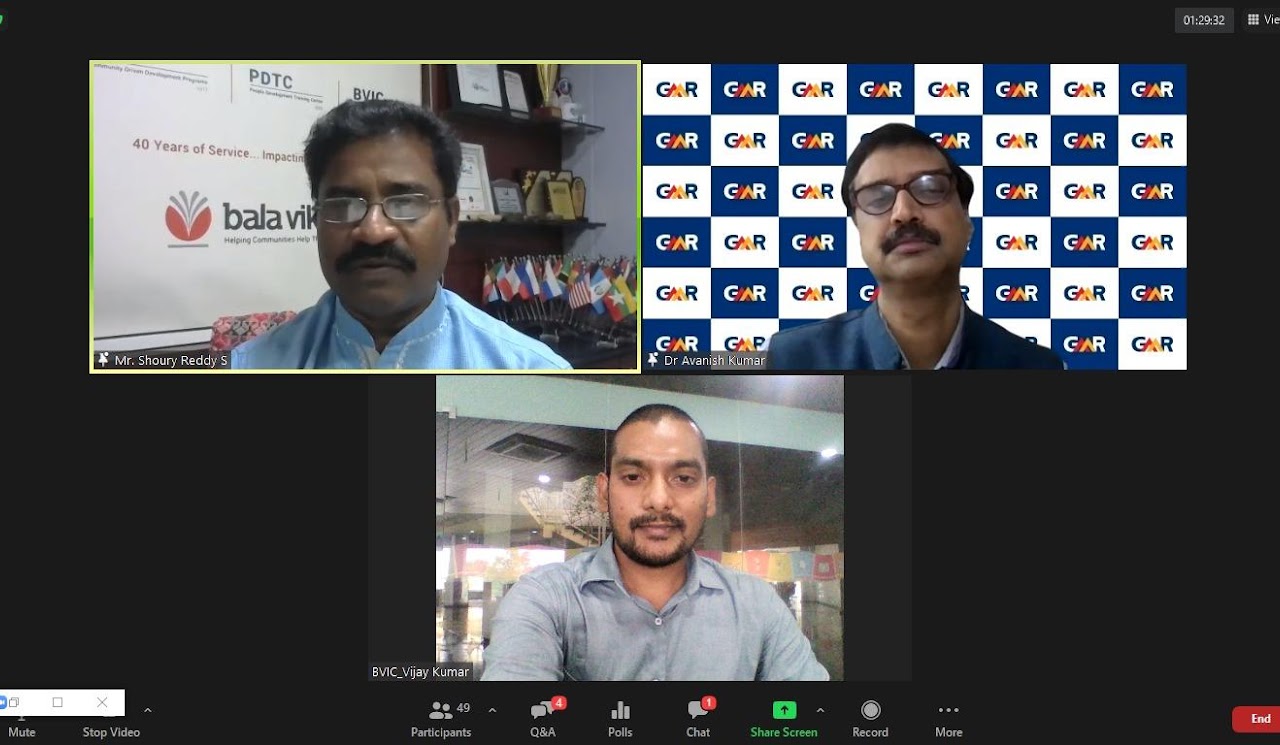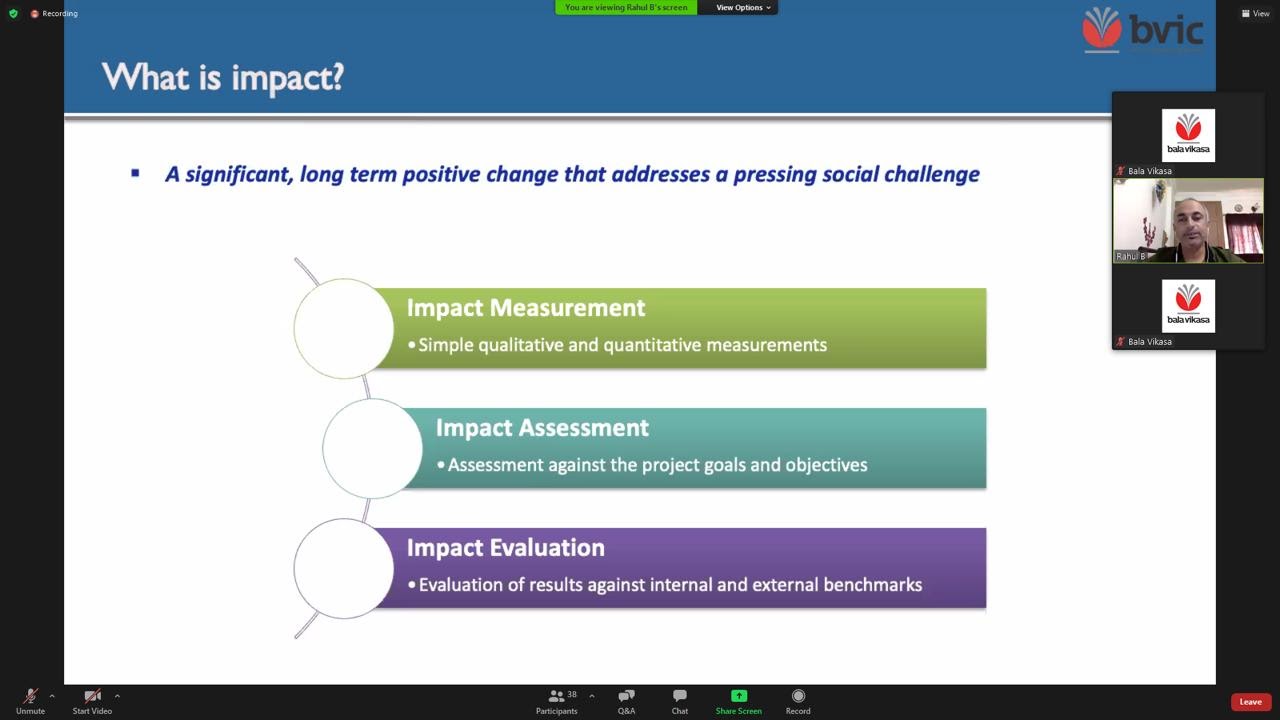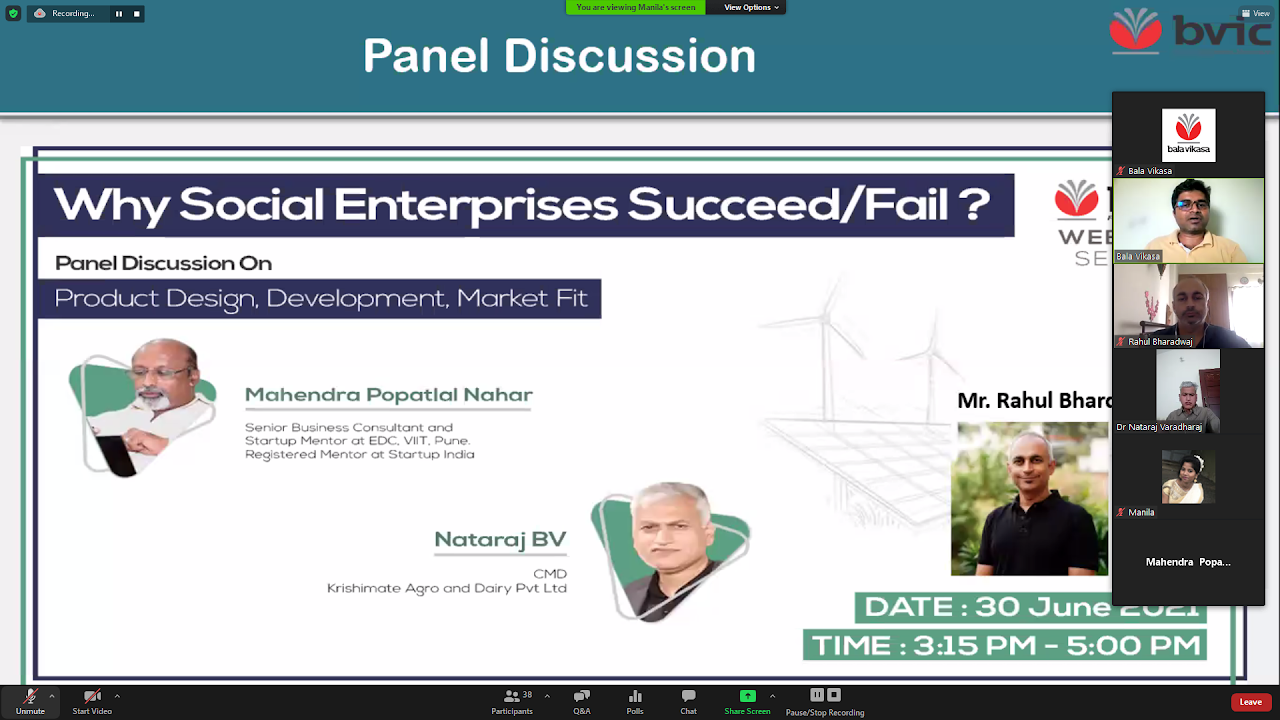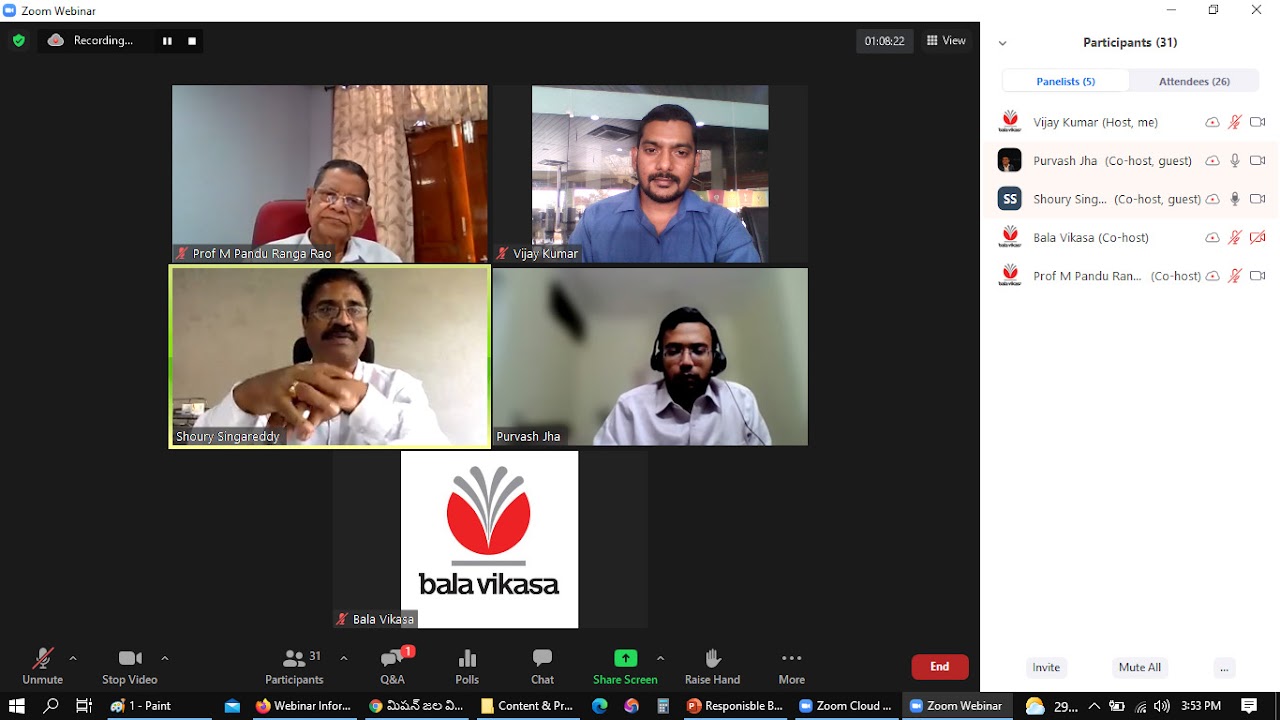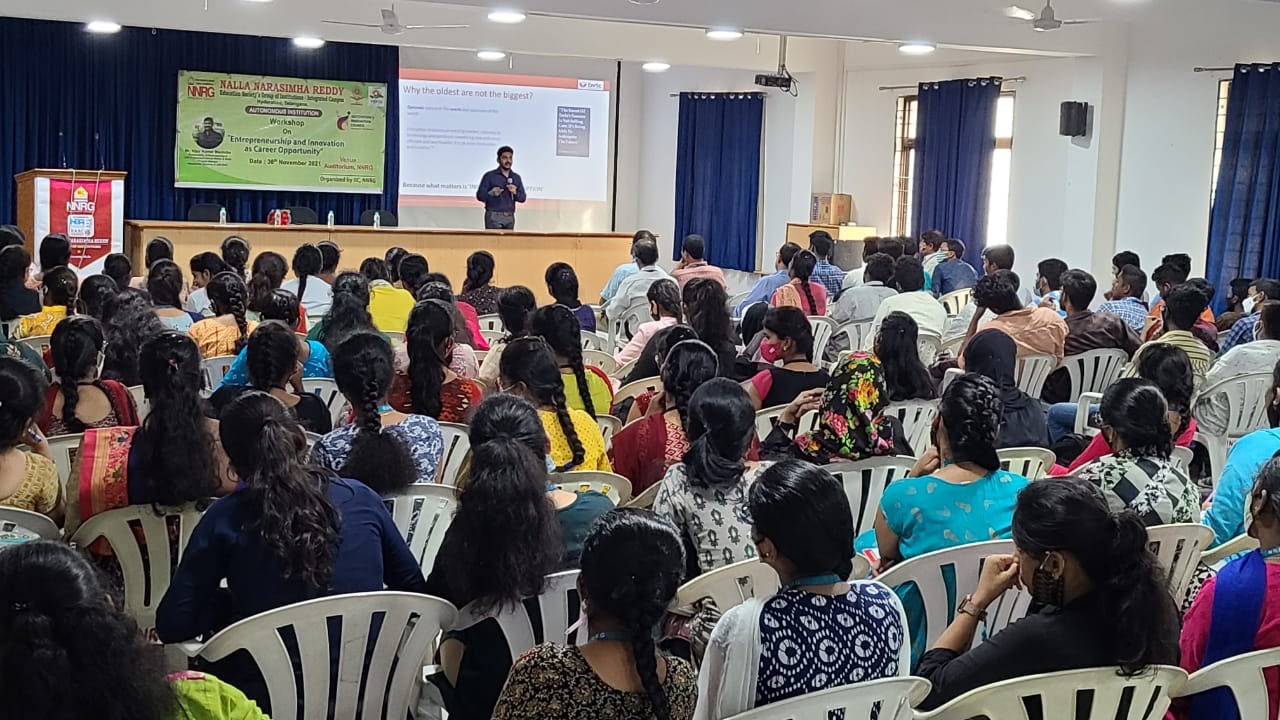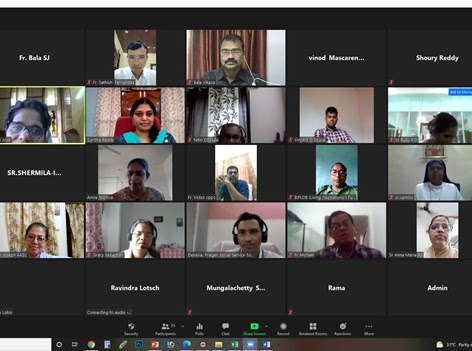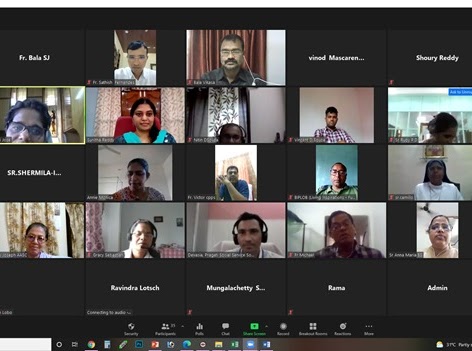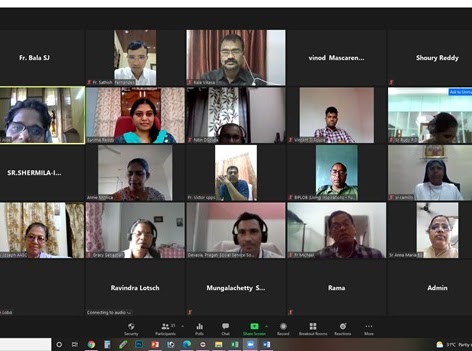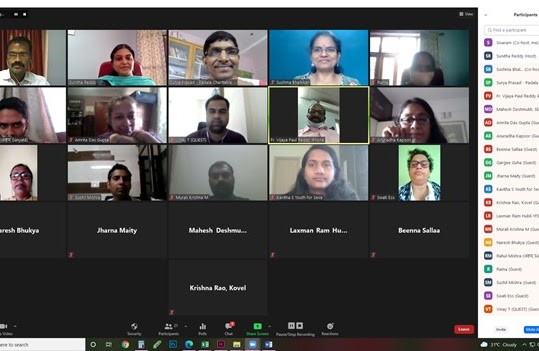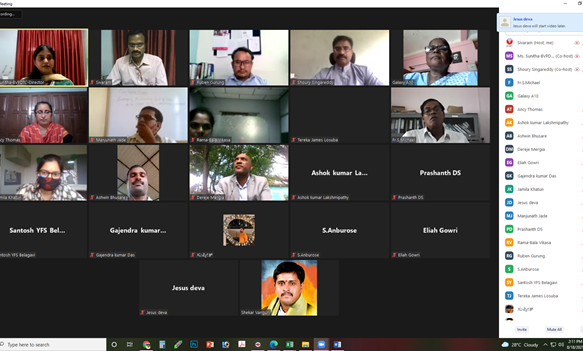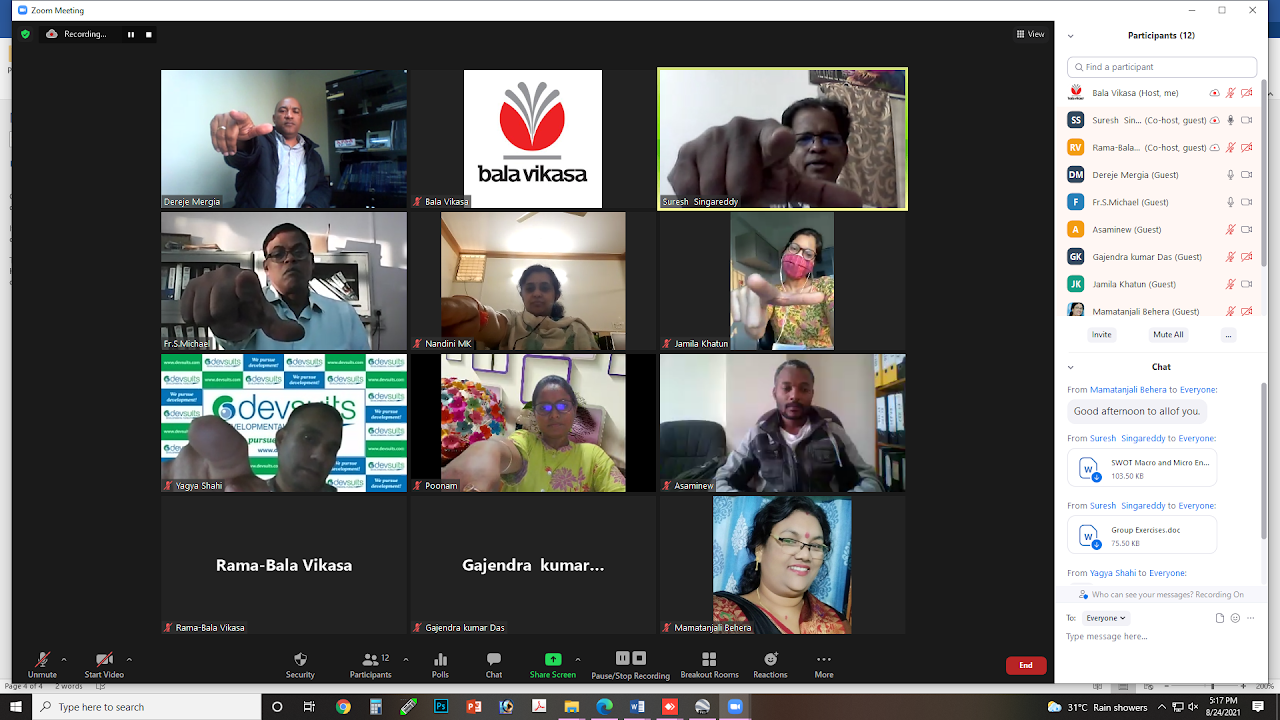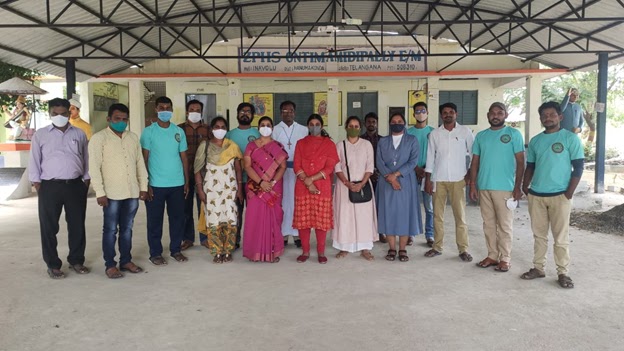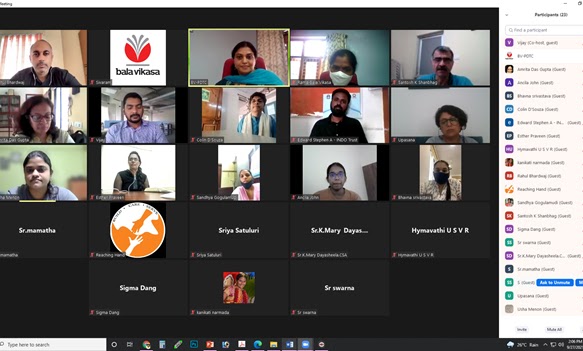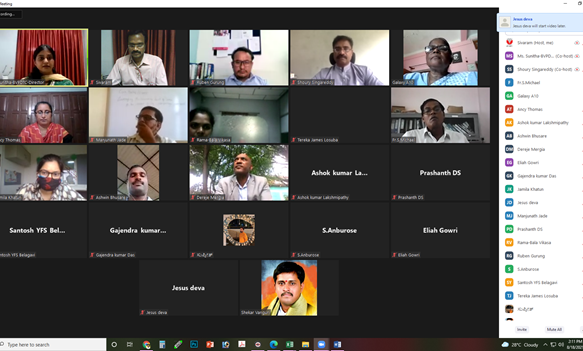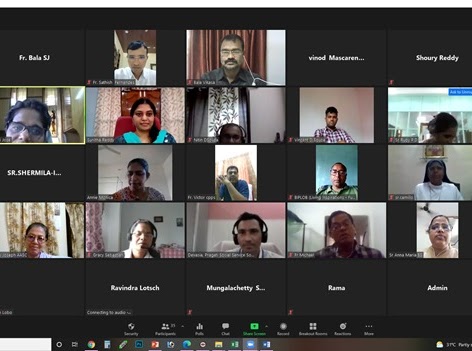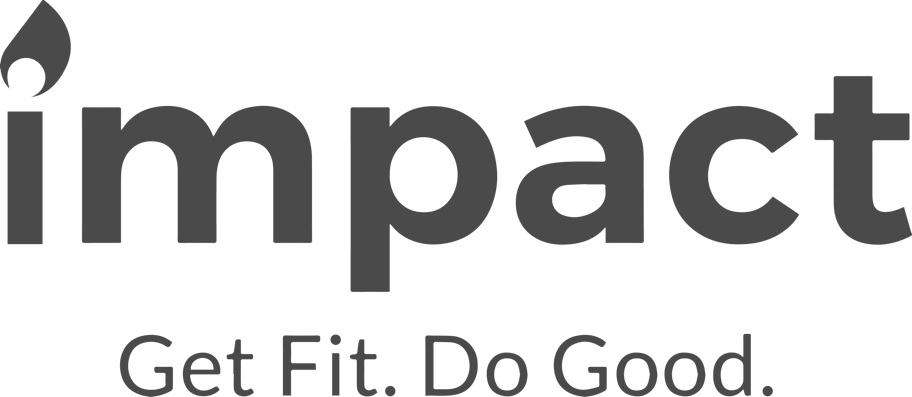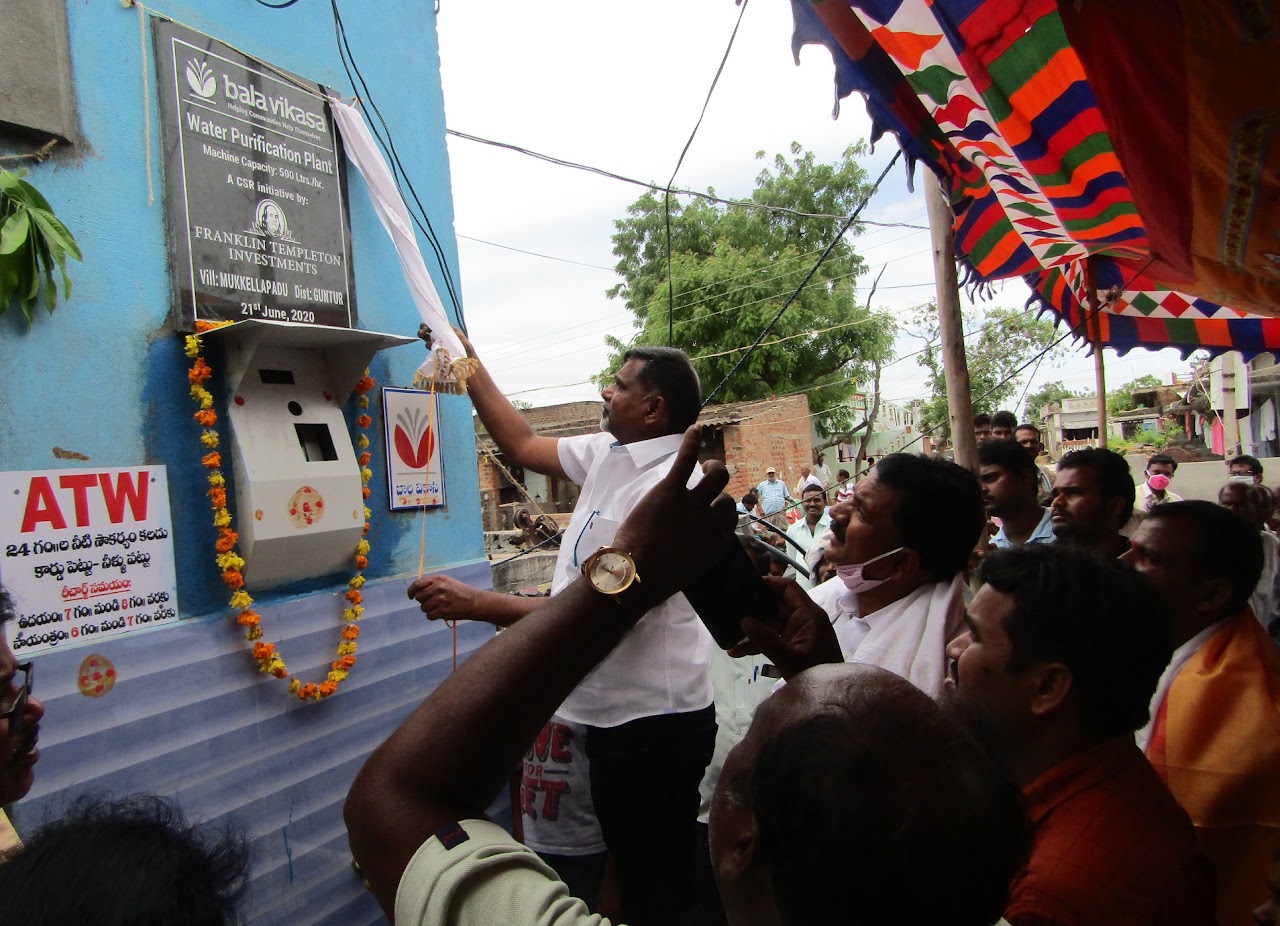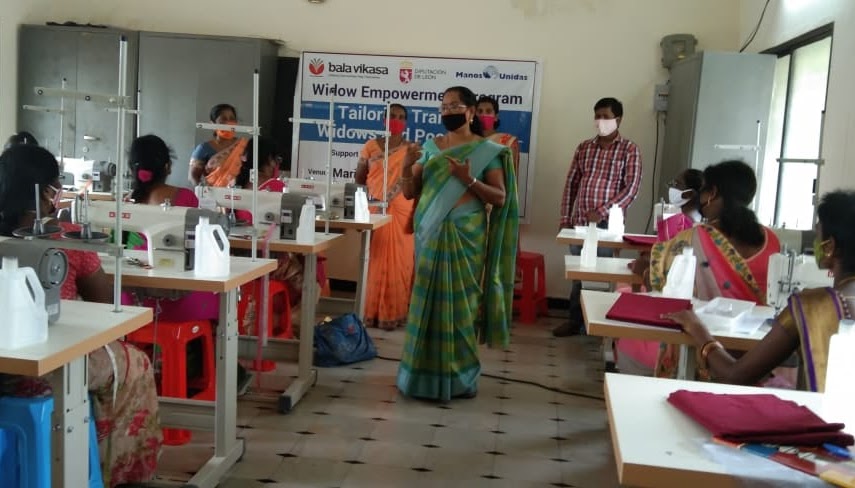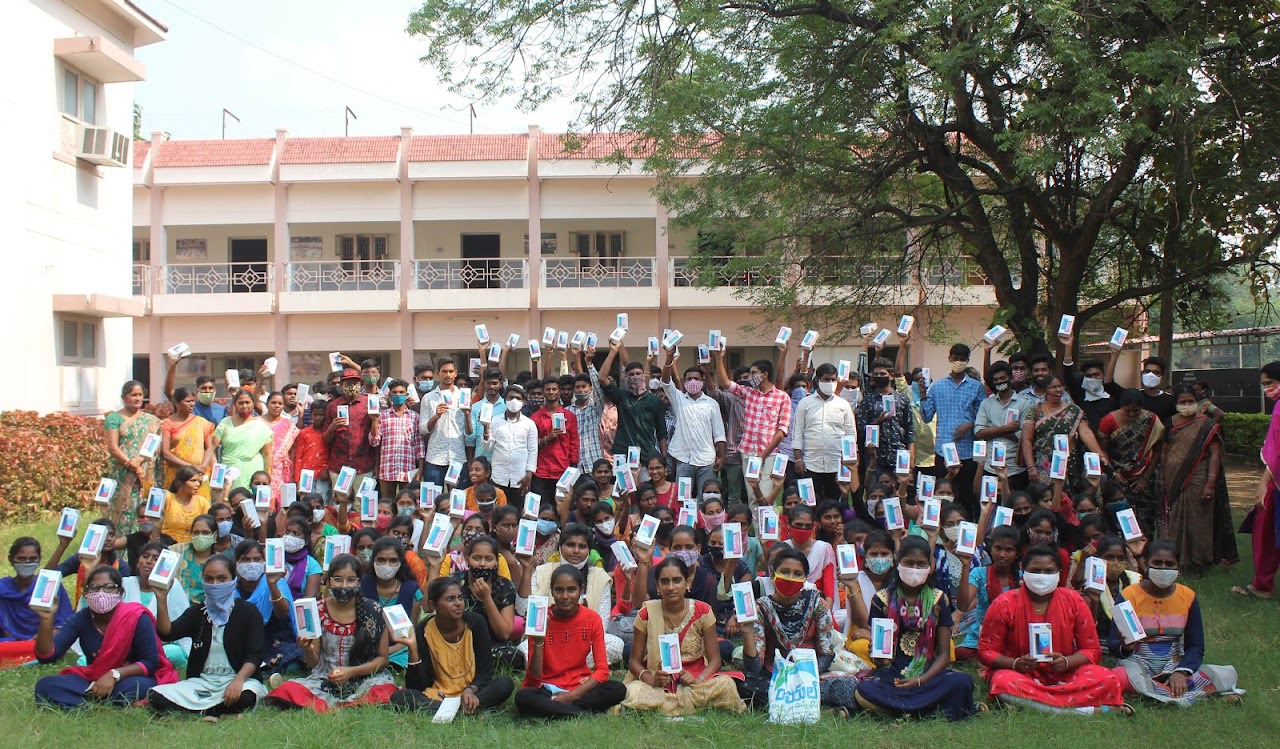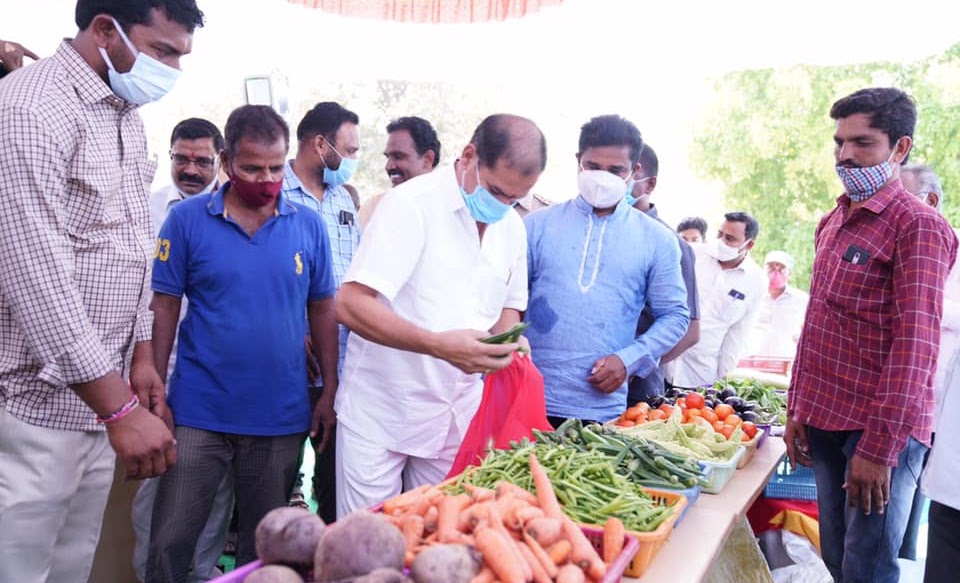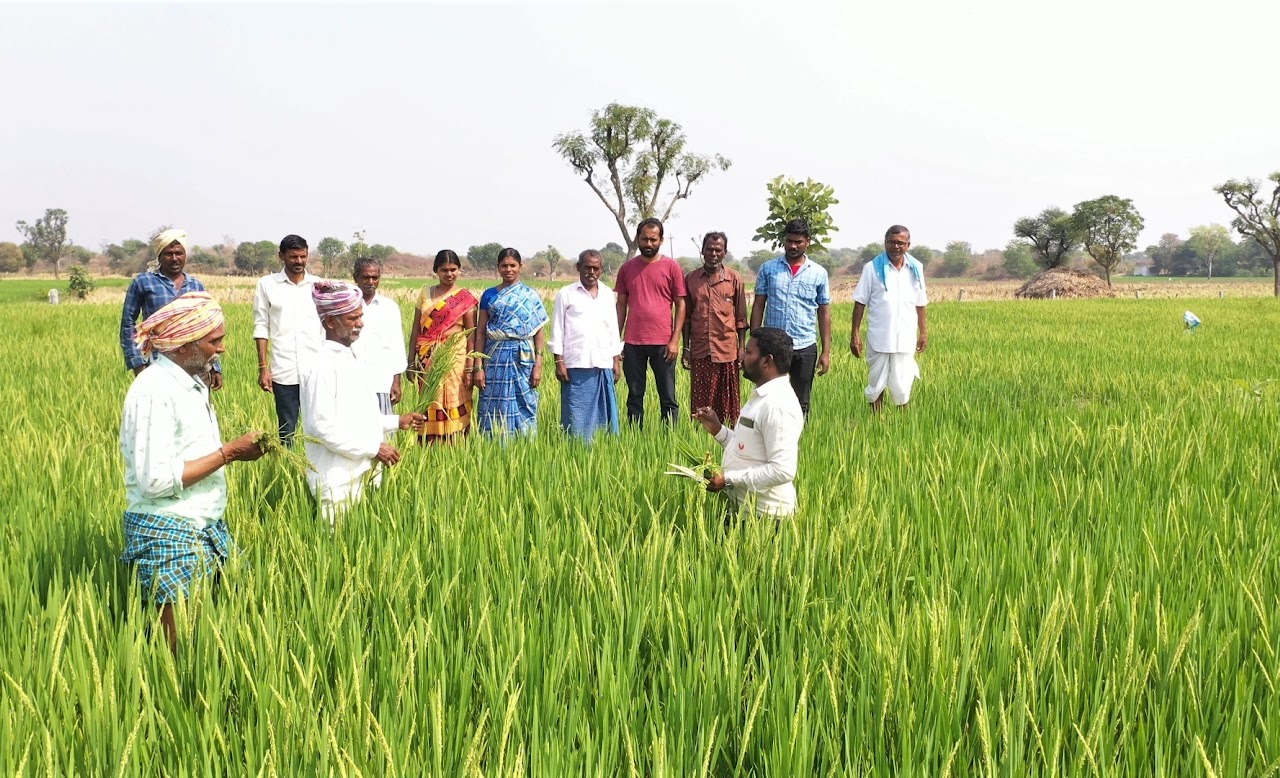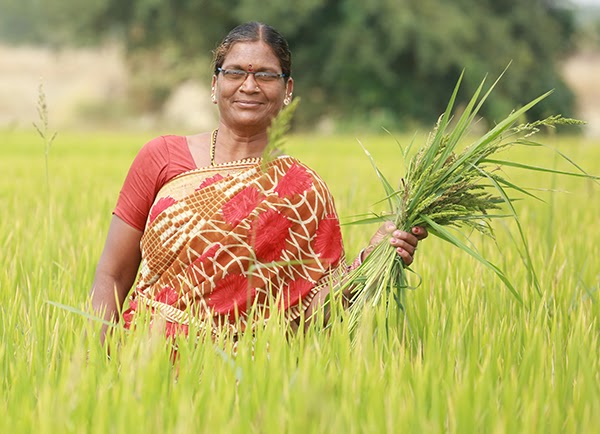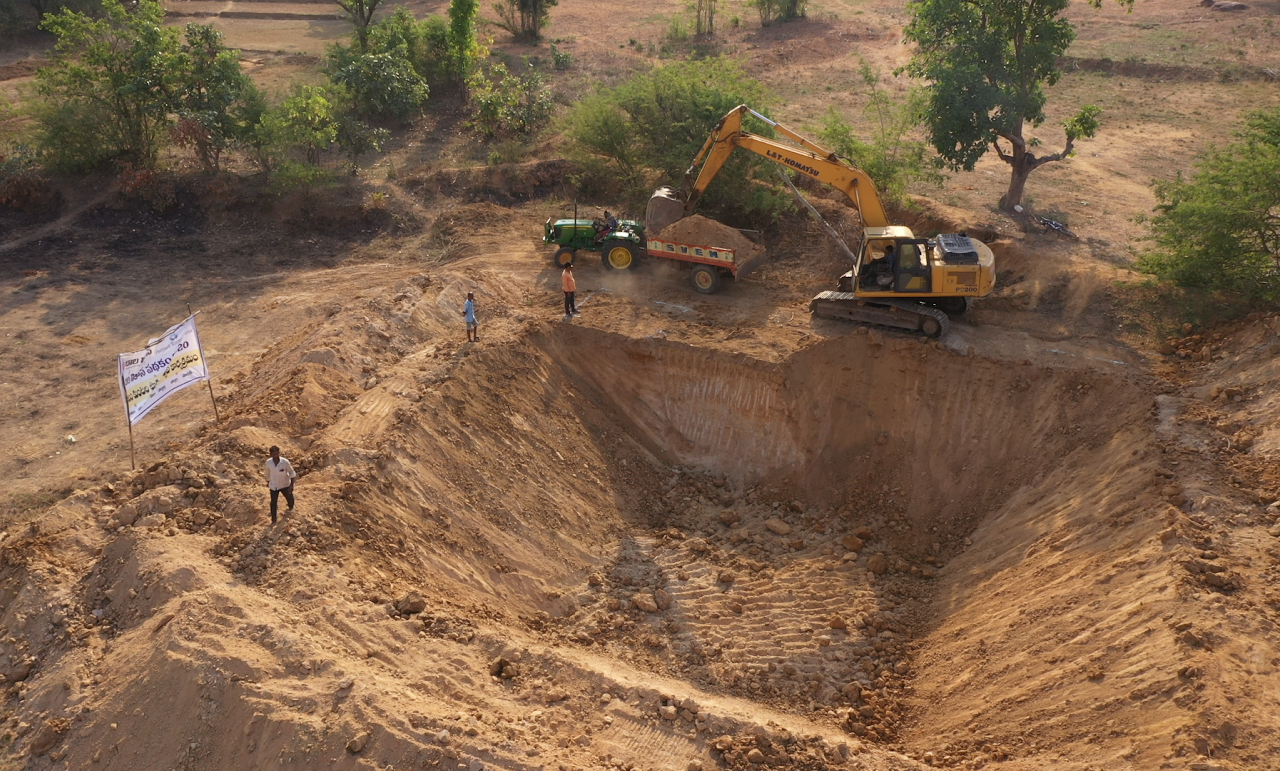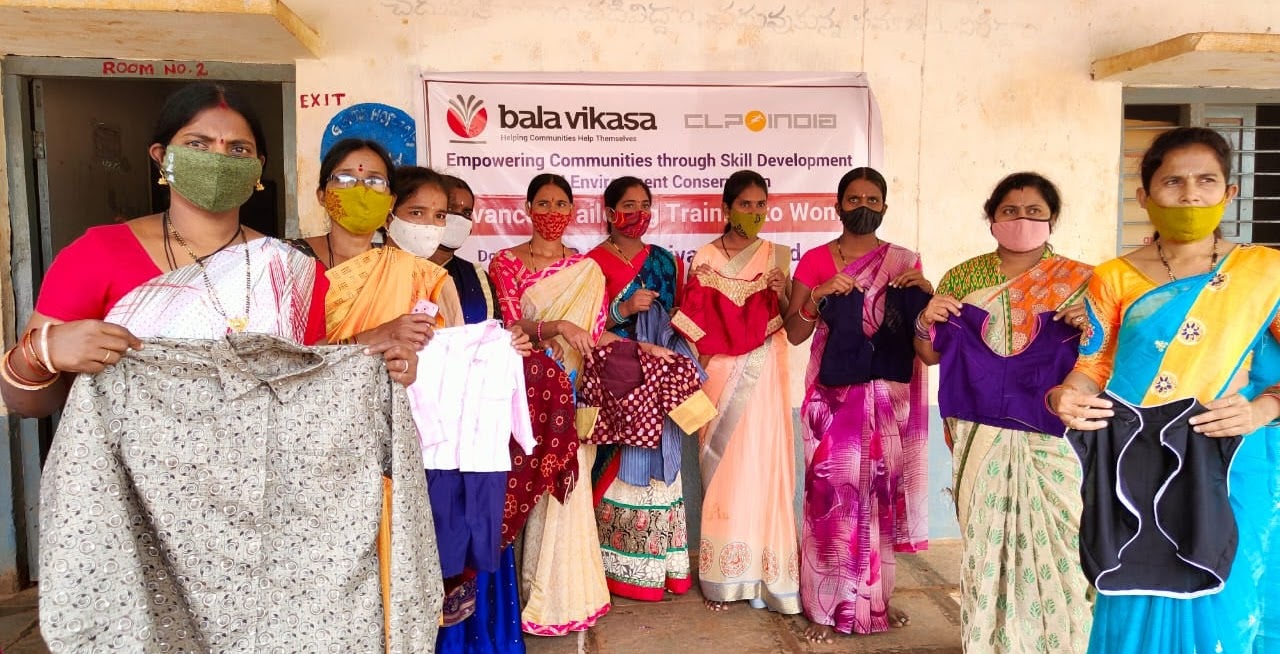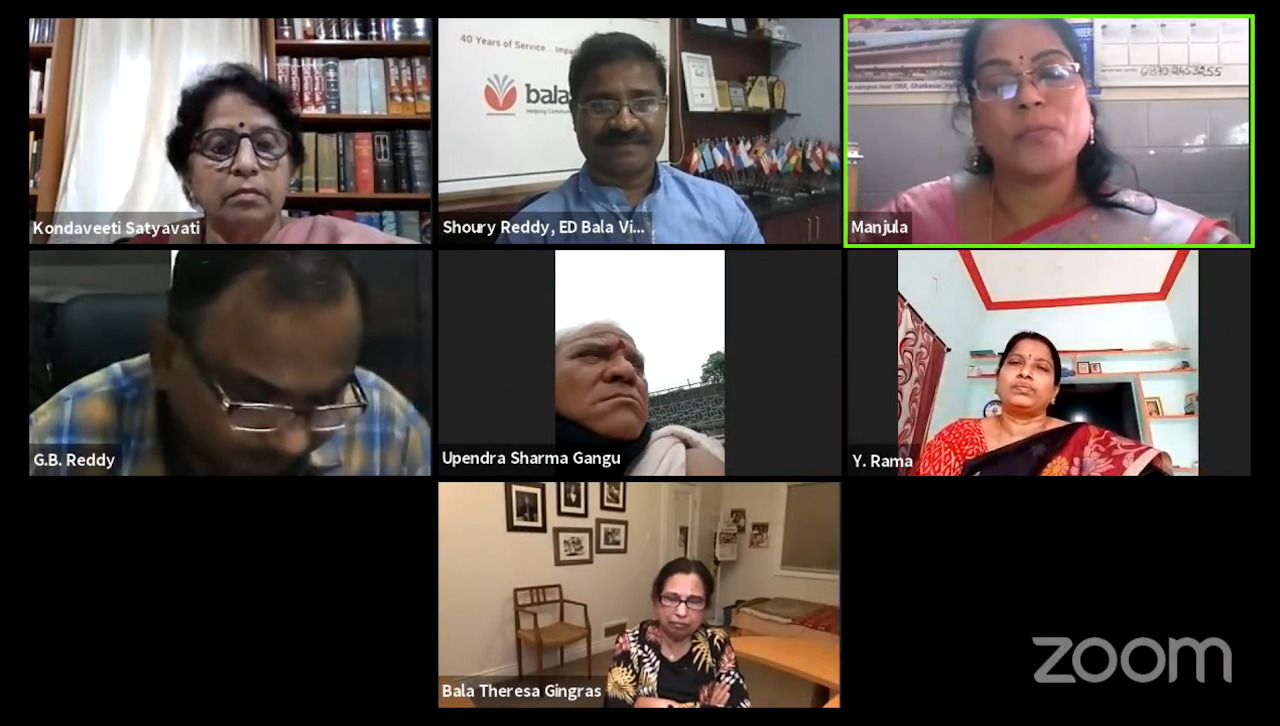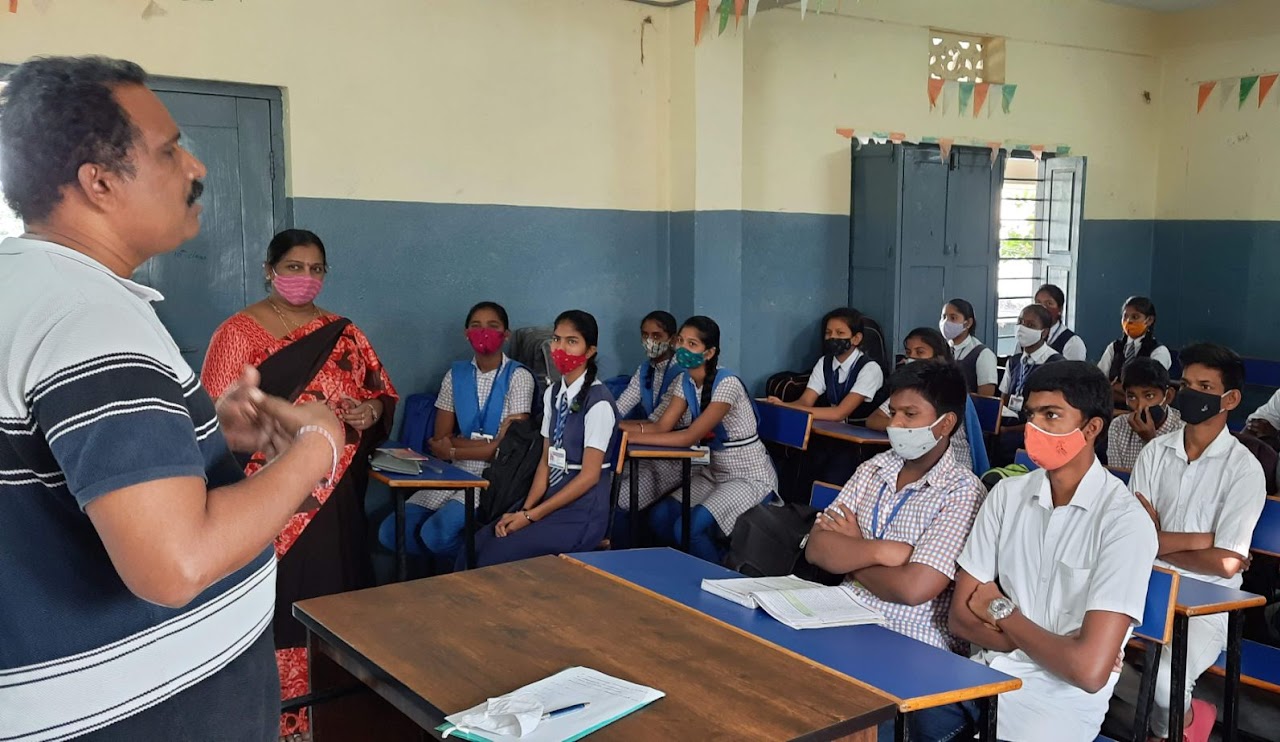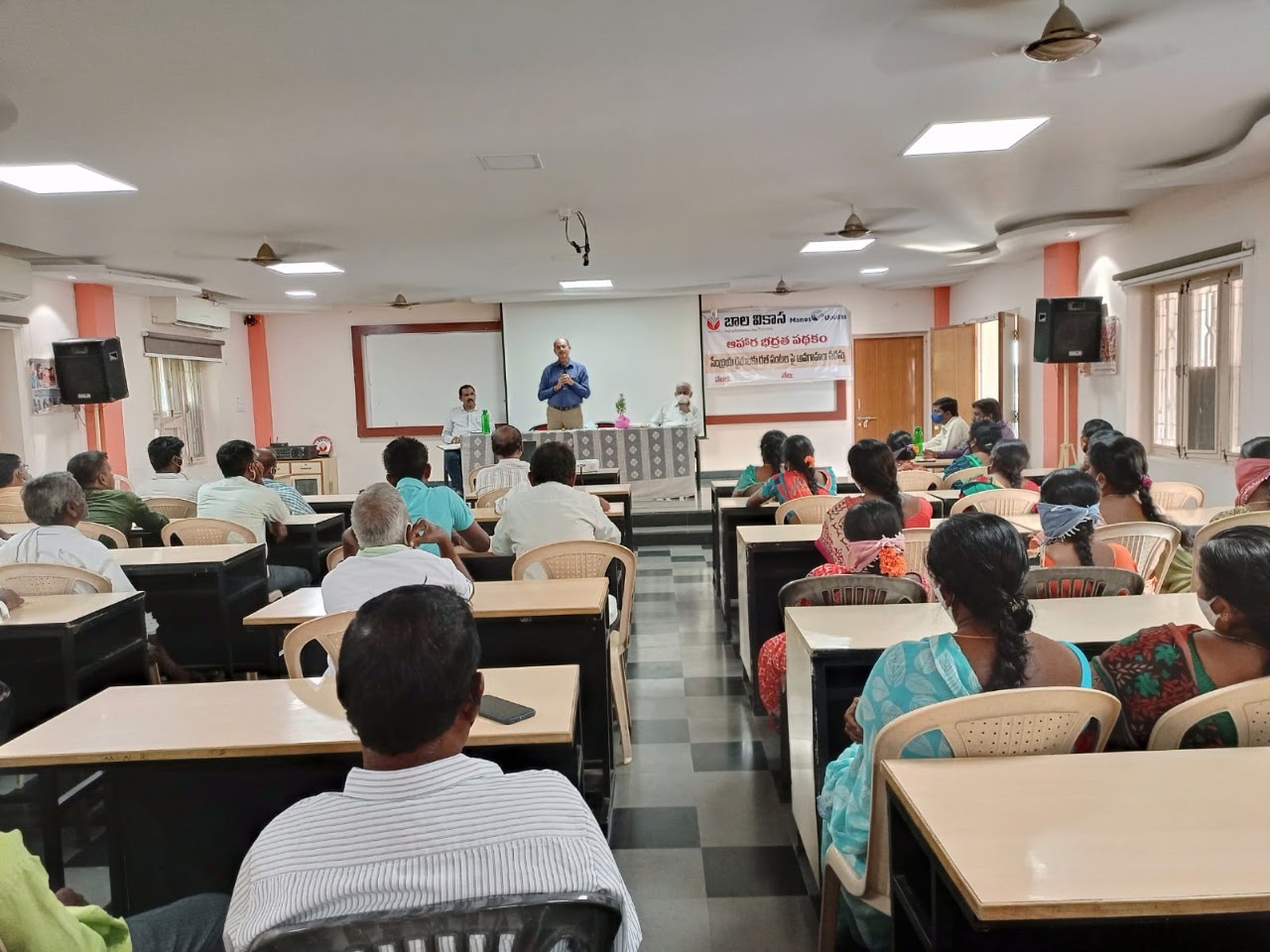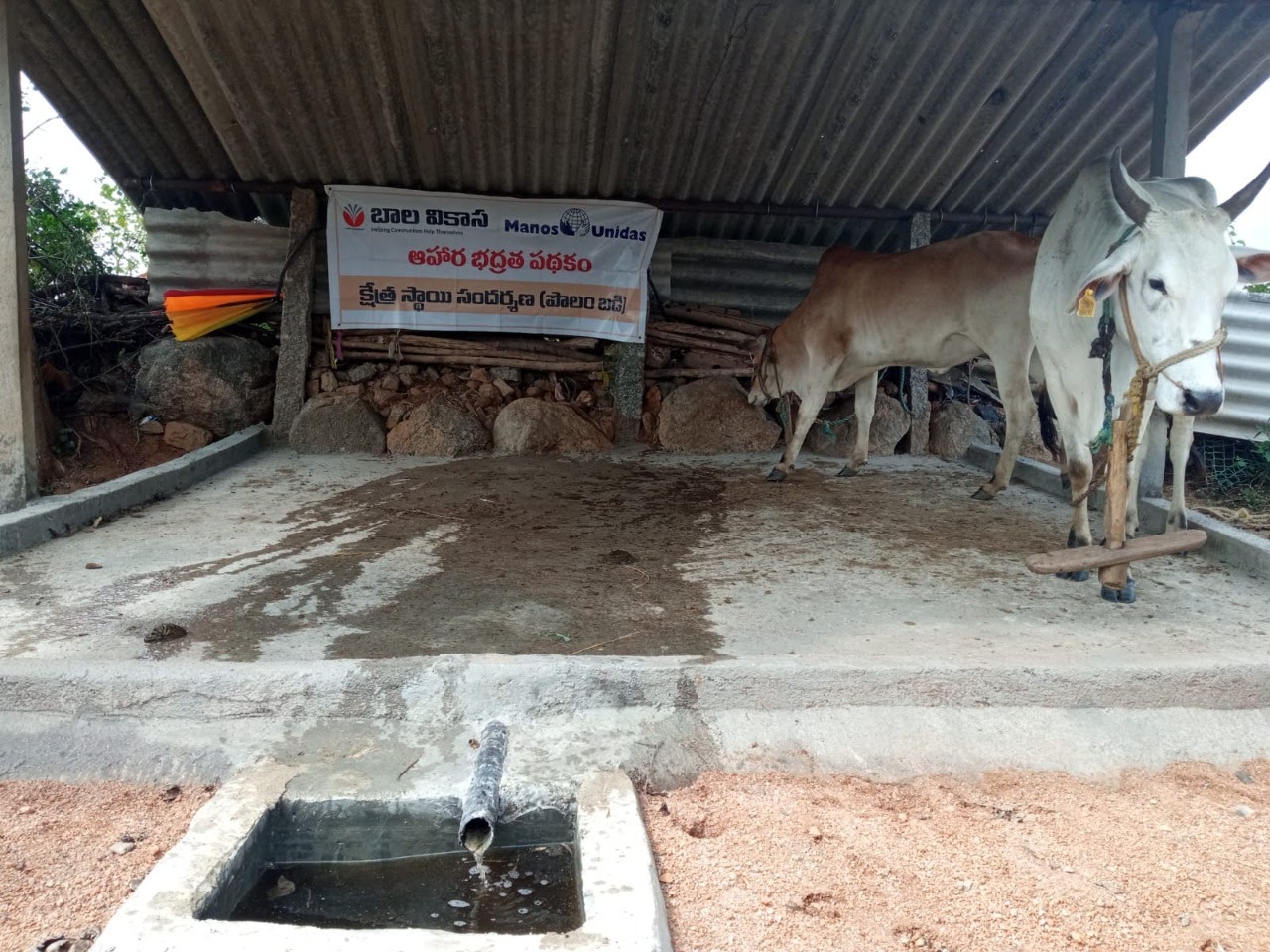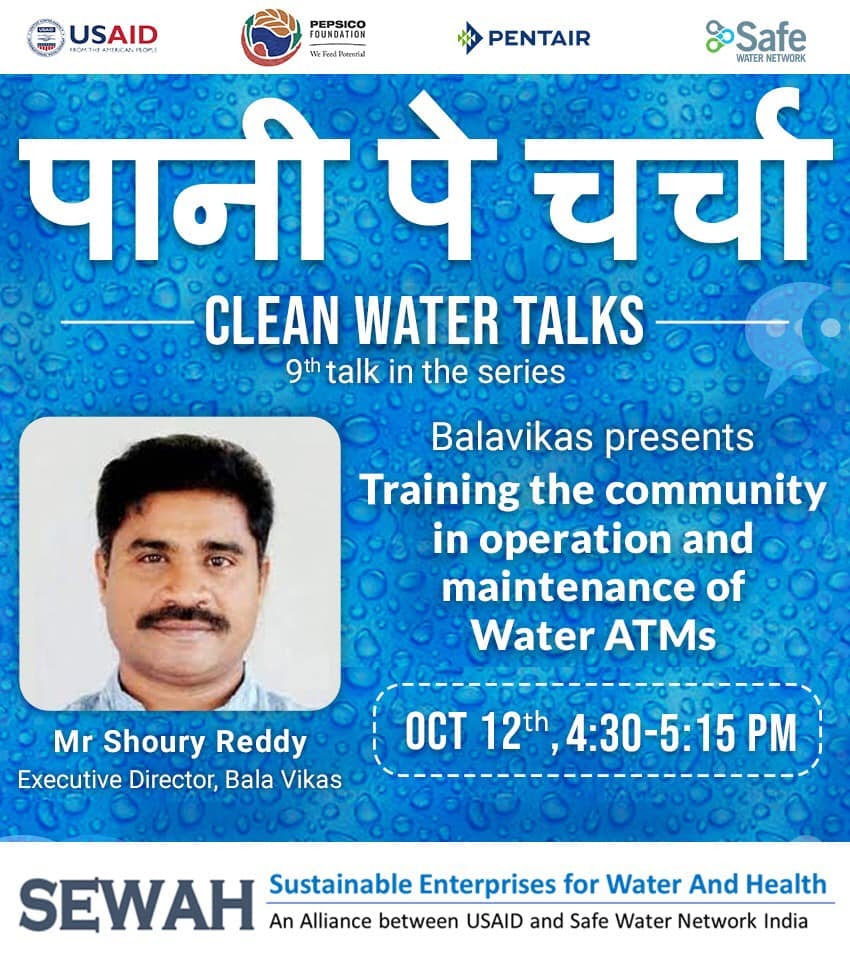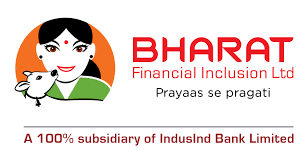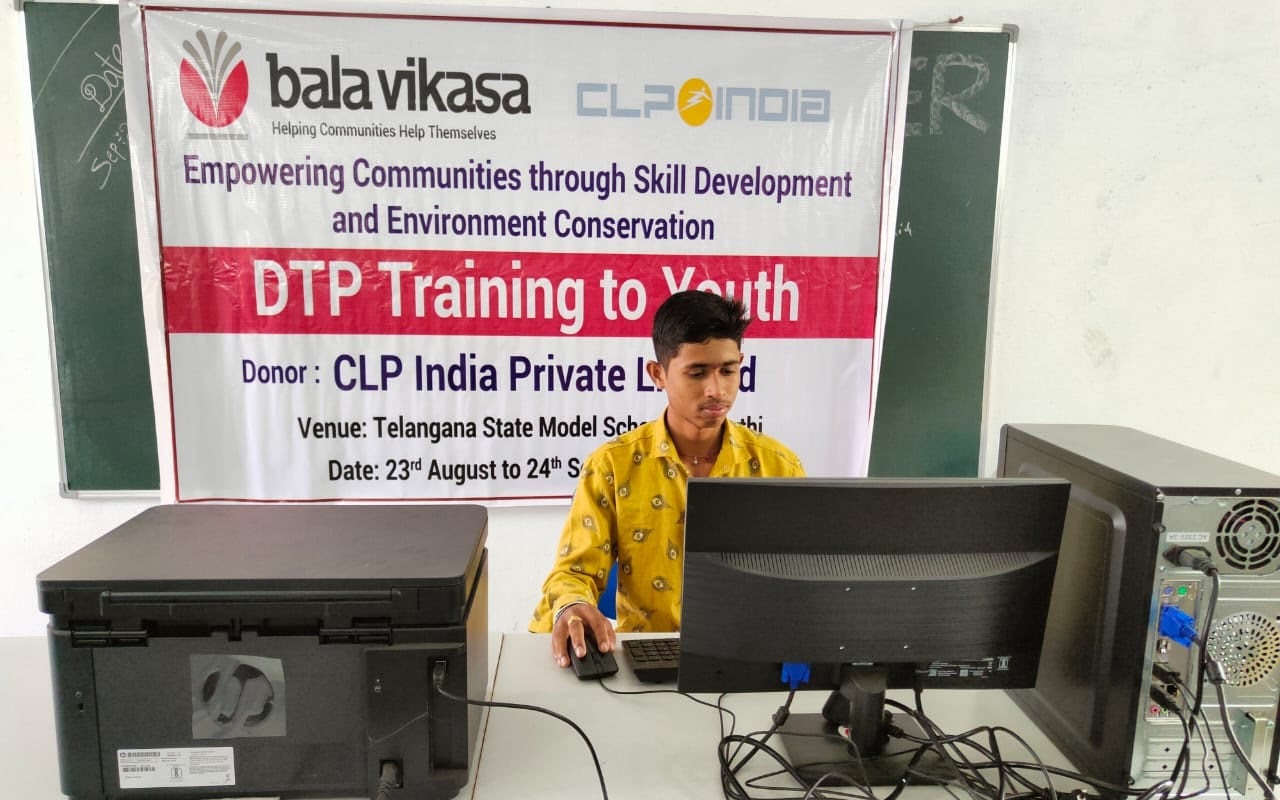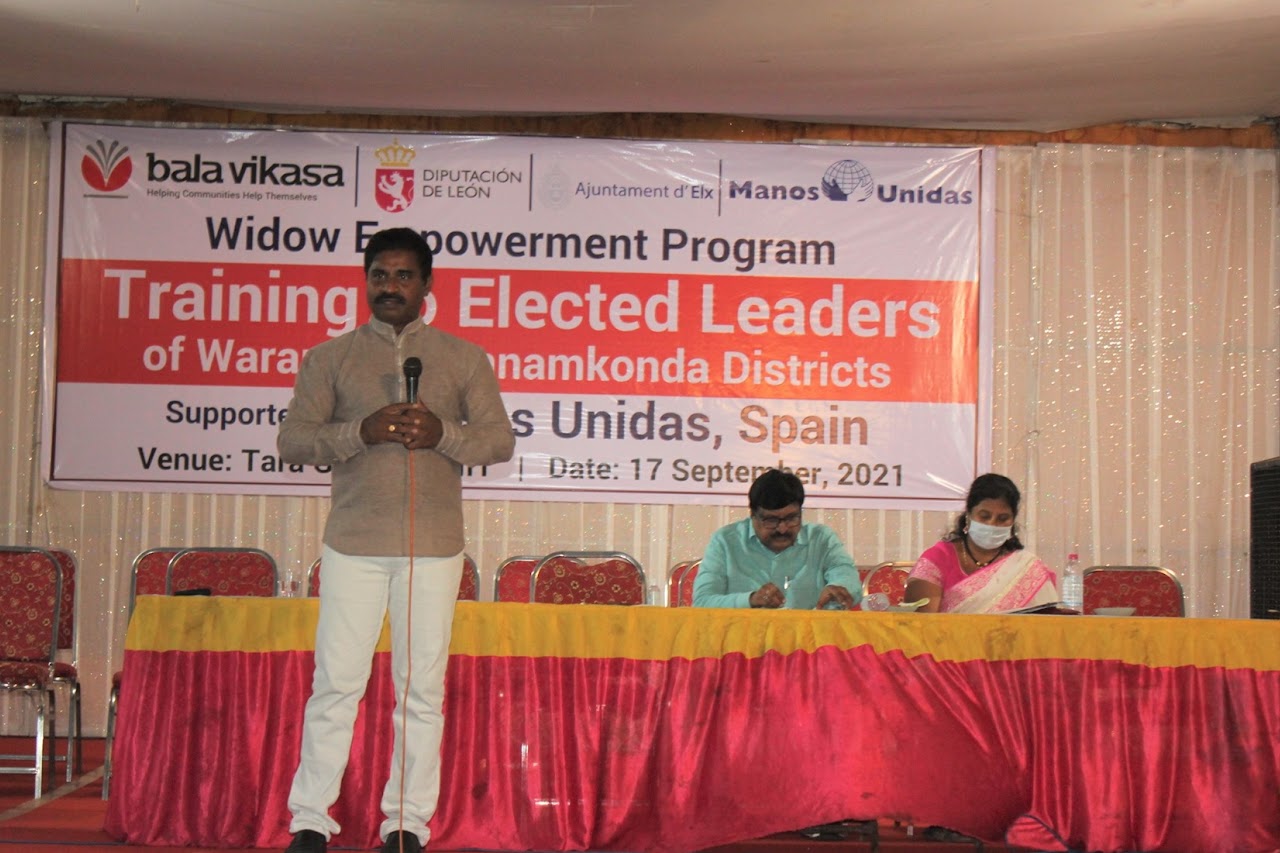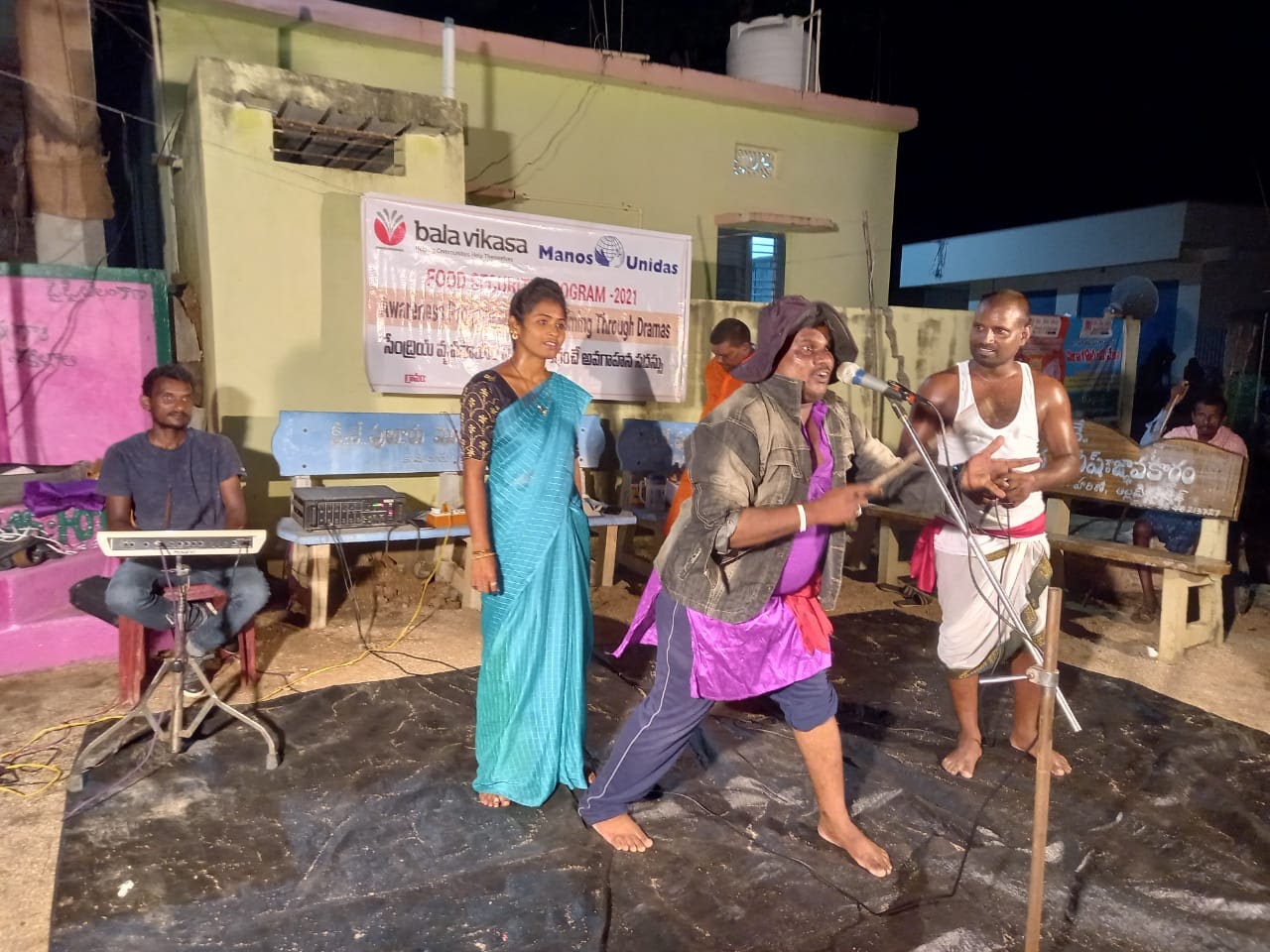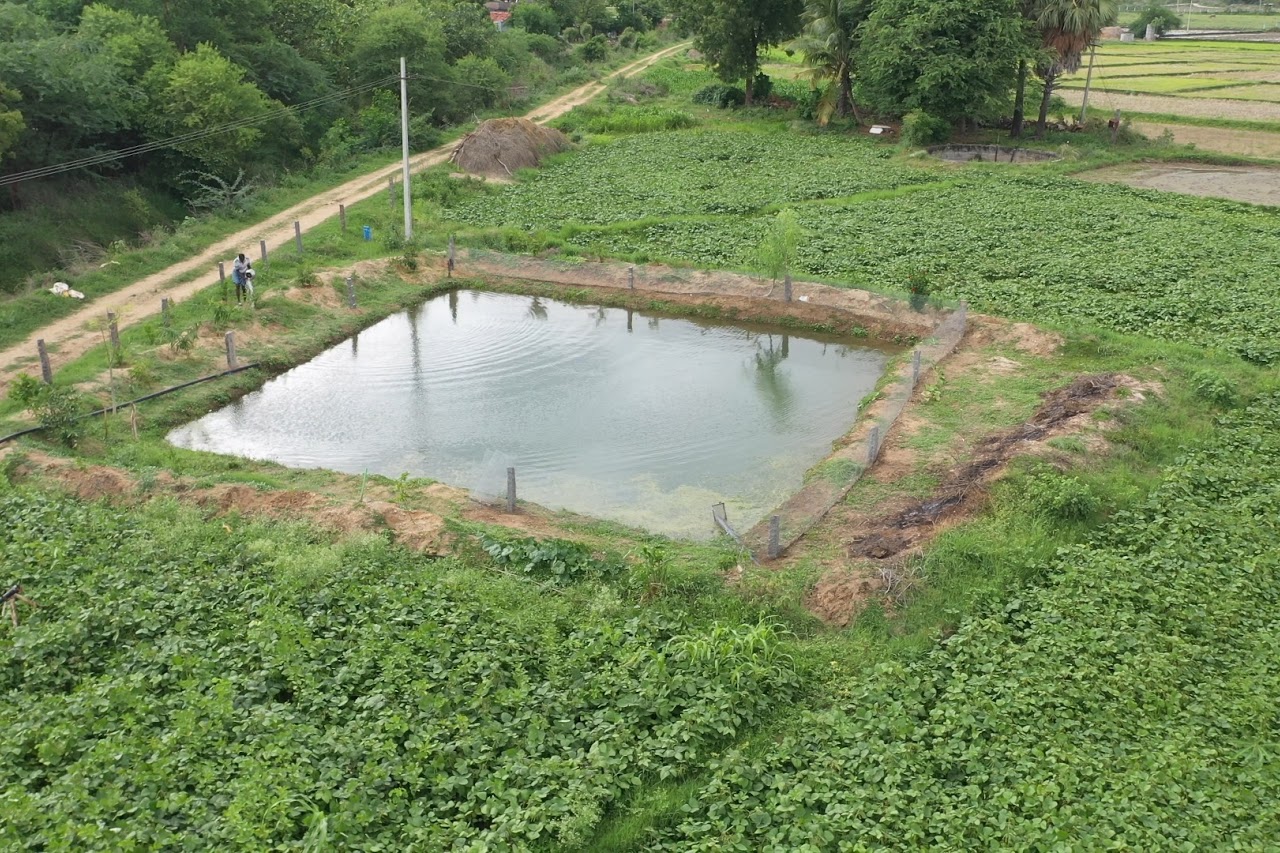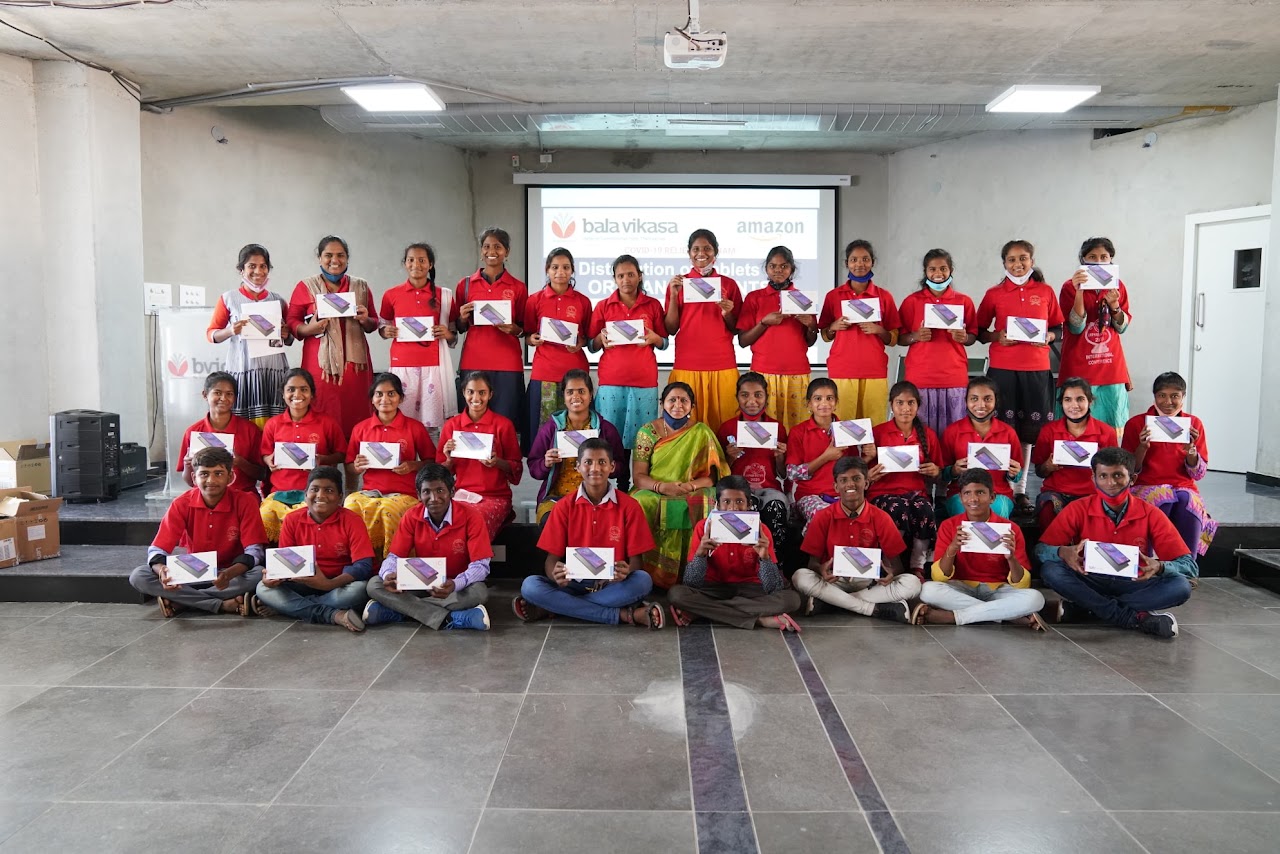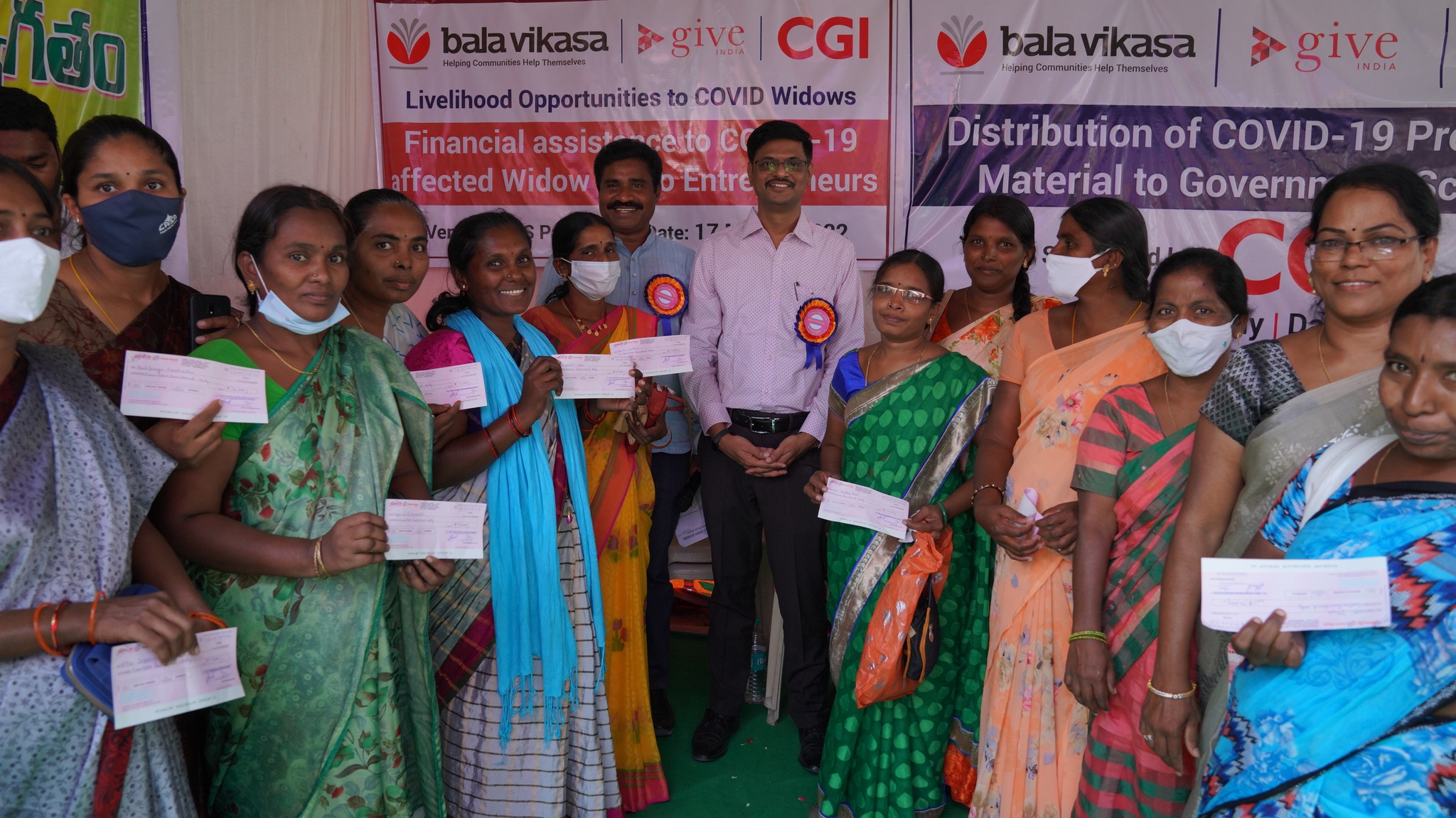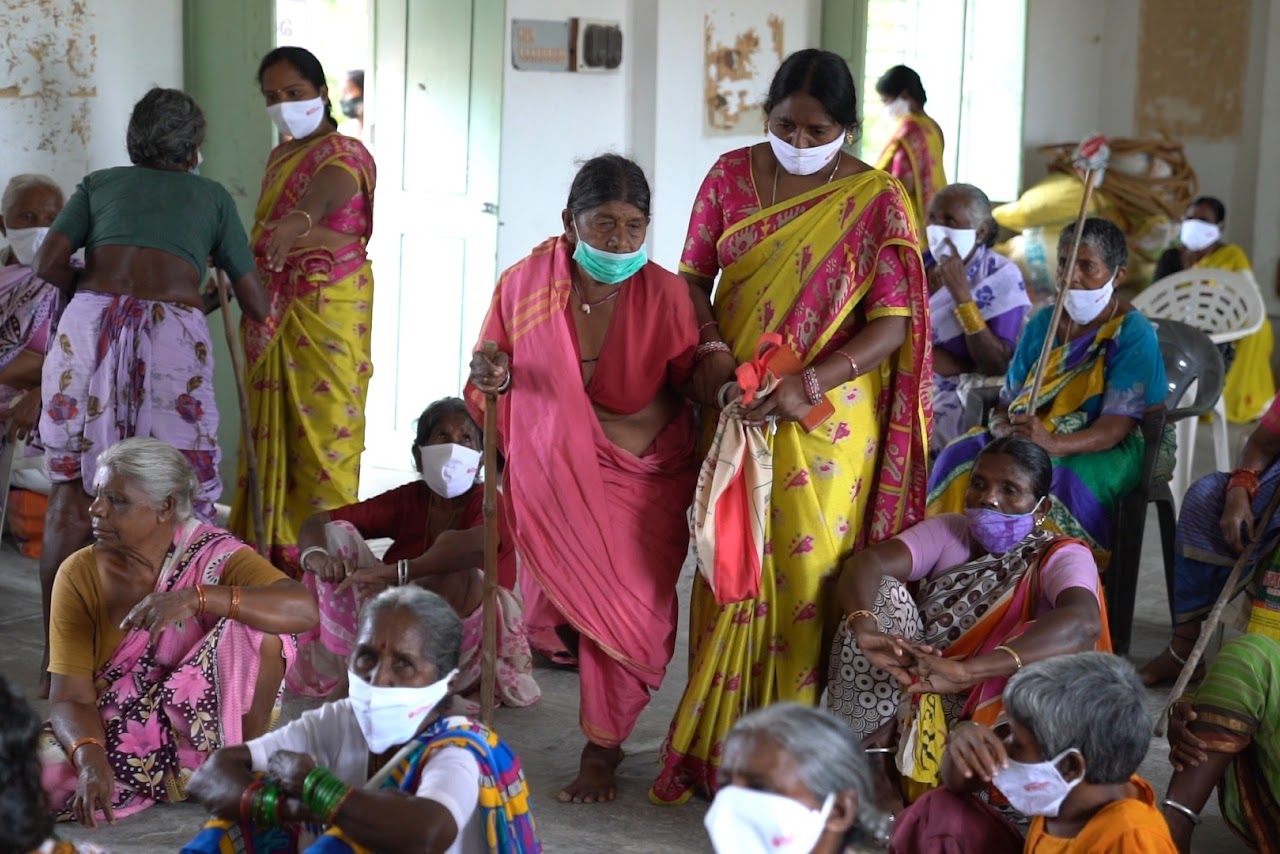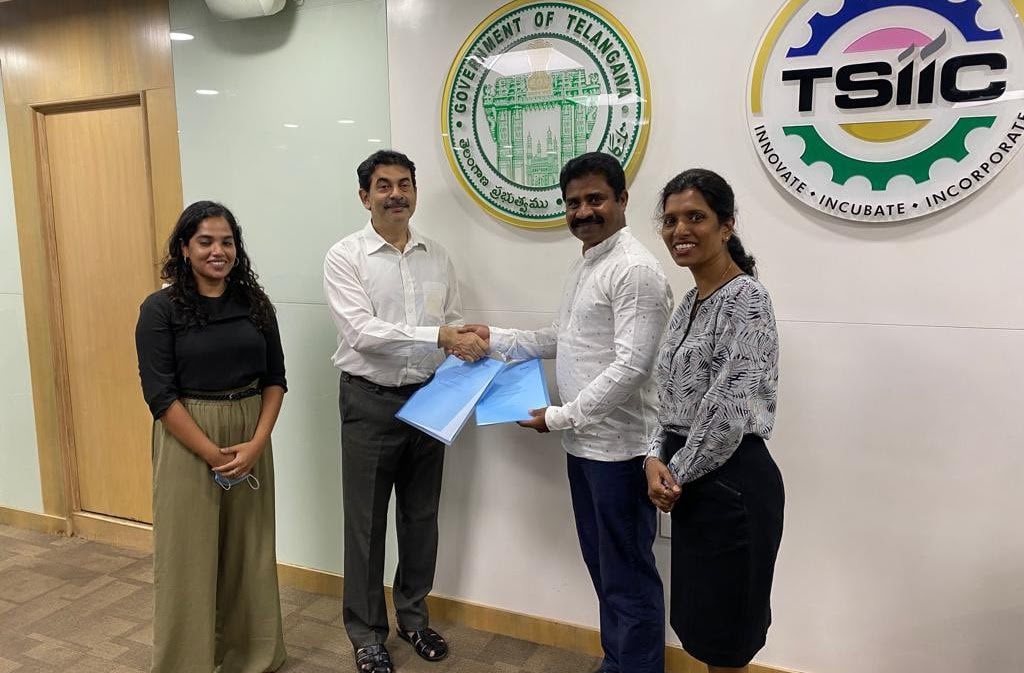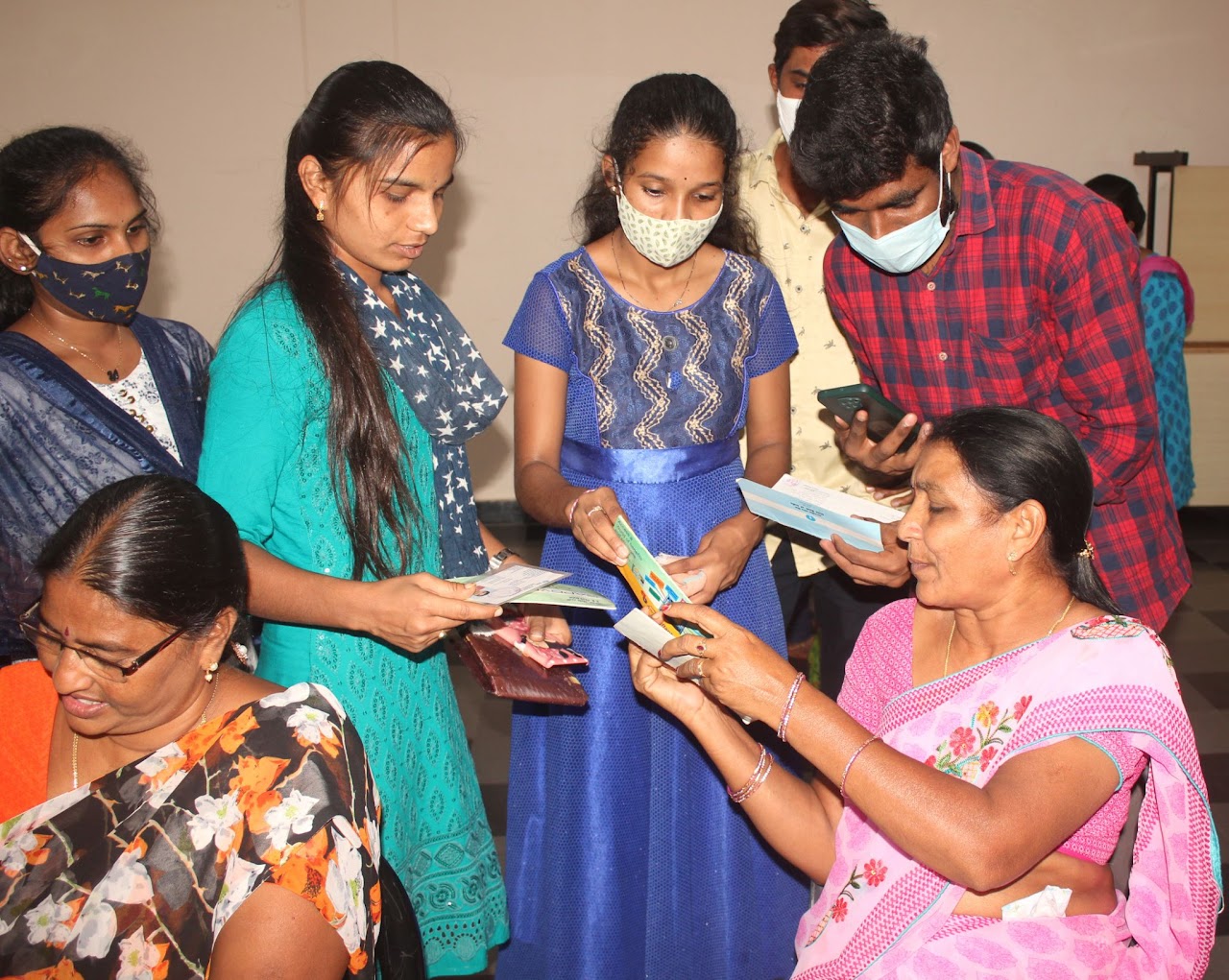Empowering Rural Communities On The Brink Of A Massive Pandemic
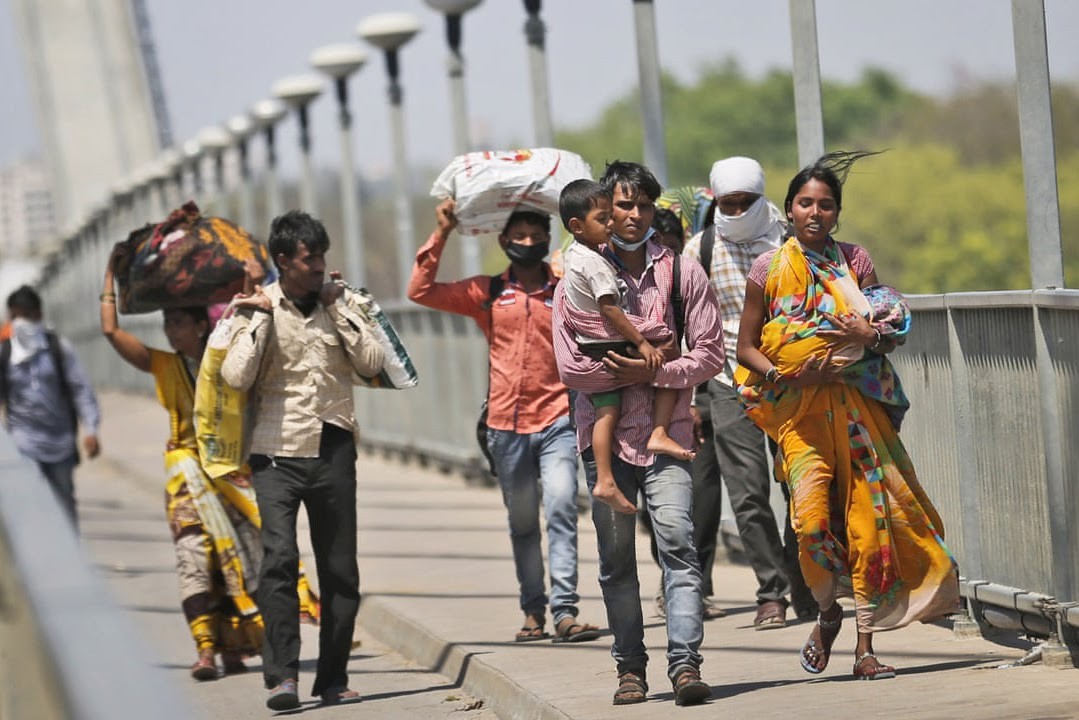
American Journal of Tropical Medicine and Hygiene, said out of the 2,276 reports for which text ratings were available, claims in 1,865 of them (around 82 percent) were found to be false. Out of 2,311 reports related to the novel coronavirus, 89 percent were classified as rumors, 7.8 percent were conspiracy theories and 3.5 percent were stigma.
The implications of such rumor-mongering are often disastrous to individuals, families, and communities. Examples of extreme steps taken as a result of some misinformation or lack of accurate information are aplenty. Take some examples of how people’s lives have been devastated due to the spread of misinformation. A 35-year-old Sanitary Supervisor working at the frontline in the fight against COVID hanged himself in his native place, Medak, three days after he tested positive for COVID-19, fearing the worst consequences.
- And an elderly couple from Hyderabad who had a fever and cough committed suicide by consuming pesticide suspecting that they had COVID. They did not want to infect their children and grandchildren.
- A sense of fear gripped the old city after fake messages saying there were dozens of Covid-19 deaths and mass burials began circulating on social media platforms including Facebook and WhatsApp.
- 800 people in different parts of the world died due to a popular myth that consumption of highly concentrated alcohol could disinfect the body and kill. Around 5,876 were hospitalized due to this misinformation and 60 developed complete blindness after drinking methanol as a cure of coronavirus.
All the above examples reiterate the importance of correct information and the need to prevent the spread of wrong information. Taking one’s life is not the only adverse outcome, the fact that health and law enforcement professionals have reported an abnormal increase in depression cases, domestic violence cases and other mental health issues do point out a much larger issue that is facing society and it is the lack of information or spread of misinformation — both can be considered mutually exclusive at some level.
The impact of such misinformation does not consider any urban-rural or gender or educational divide as such, but due to better information availability and diverse demographics, the impact of such negative information is cushioned to an extent in urban and amongst more informed groups. Government departments, health departments, volunteer groups, corporate groups, and other active society stakeholders quickly form arrangements to disseminate the right information either formally or informally through their own networks or by leveraging other existing networks. The same kind of networking impact is not seen in villages or other rural communities when it comes to accessing correct information. Either to act on it or use it to fight against misinformation. And hence villages always end up waiting in line to get their share of credible information, which usually arrives much later than the issue itself.
The reasons could be several, ranging from limited connectivity to entrenched local beliefs coupled with an inherent lack of trust in anything that comes from urban-centric stakeholders. Thus, villages lose the plot here. These dynamics become quite challenging in a pandemic situation, which is complex and required intervention at multiple levels. COVID, by virtue of its characteristics and infectivity, has challenged many social conventions and systems. Urban areas struggled to come to terms with it. Rural areas will be no different. However, the difference here could be the extent of damage that would happen if the natural pace of information percolation is allowed to flow from urban to rural areas. Or, the natural flow of misinformation spread is not checked and crushed. The above premise may be still untested thoroughly on the ground, there are however reasonable observations and data to believe that it will hold true if somehow verified.
We also have our reasons to believe that there exists a significant gap between rural and urban communities when it comes to awareness on covid appropriate behaviour or other related issues. Therefore, in association with the US Consulate General, Hyderabad, we have launched a project to enhance awareness of COVID and related issues amongst the rural communities in Telangana and Andhra Pradesh. The proposed program aims to assess the current levels of awareness, and then conduct sustained communication on several COVID thematic areas to enhance awareness. The program will eventually conclude with an impact assessment on how different modes of communication over a period of time contribute to bridging the awareness gap between rural and urban communities.
The pilot program will cover more than 500 villages and will deploy multiple communication modes including digital and physical assets and will spread over a time period of six months. The information source will be local, national and international government advisories and information repositories including websites, portals, and publications. To ensure the veracity of information further, a panel of community and medical experts will assist in finalizing the information assets before disseminating them in the target audience. The program will leverage existing government machinery and network, but our own network of trained community leaders is expected to play a major role in achieving the program objectives.
The community-driven development program, a flagship modus operandi of our model of development has cultivated thousands of community leaders working towards village development issues. These community leaders have been engaged to lead the program initiatives on information dissemination and fighting misinformation on COVID. The expected challenges are many — from content to mode of delivery to sheer logistical interruptions in ensuring the chosen delivery mode does its job. At the same time we are also confident that with our proven community engagement models, we will be able to deliver on our objectives. And if we do a good job of it, we may have created or developed a model for information dissemination that ensures parity.




